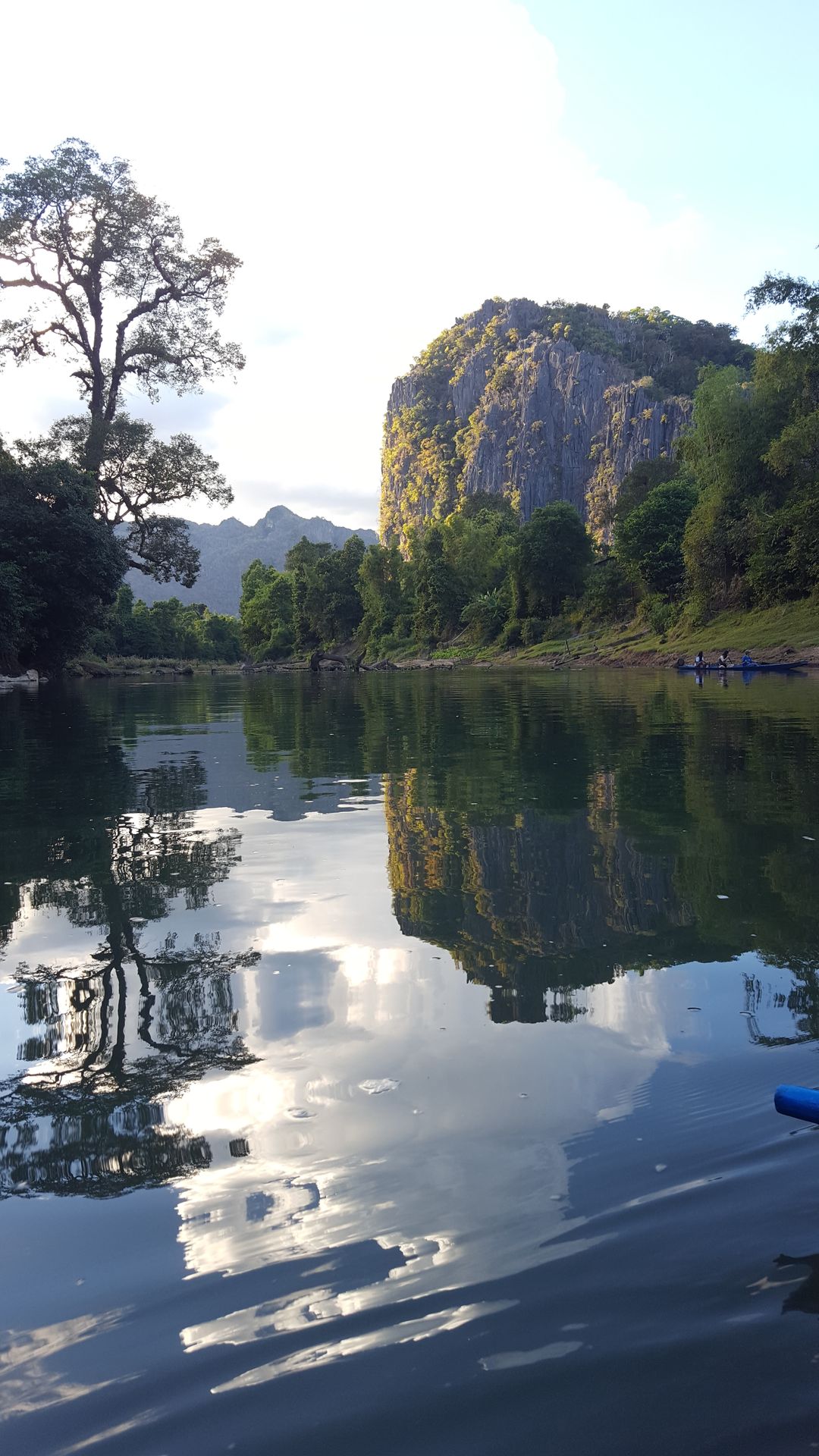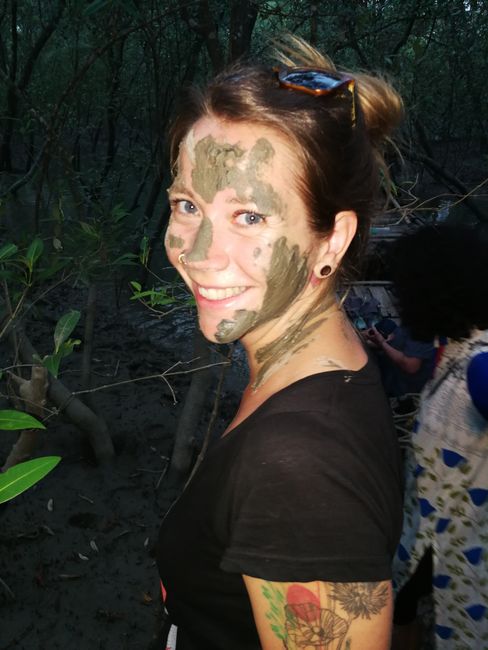'The trouble is, you think you have time' (Buddha)
Нашр шудааст: 12.04.2019
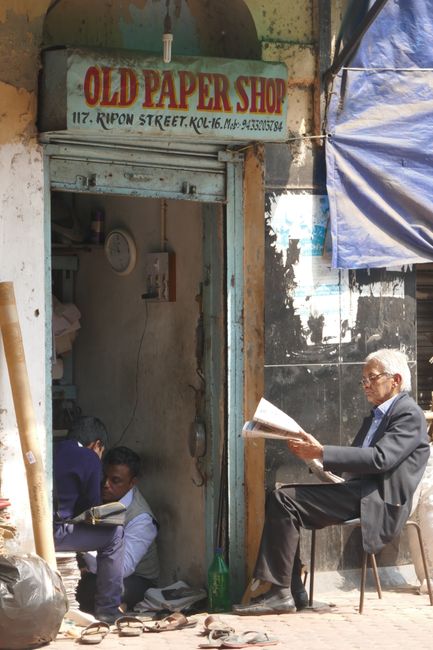
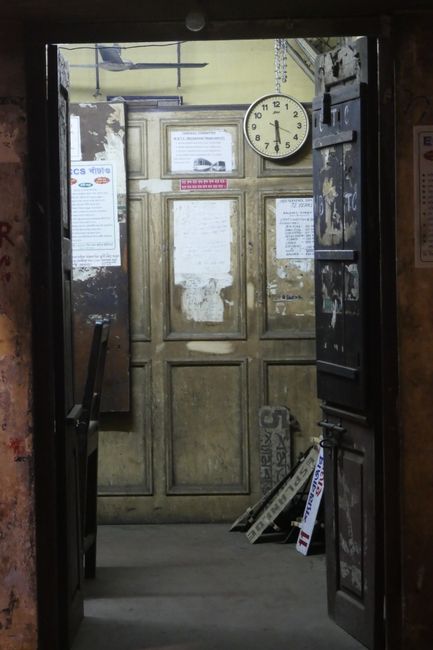
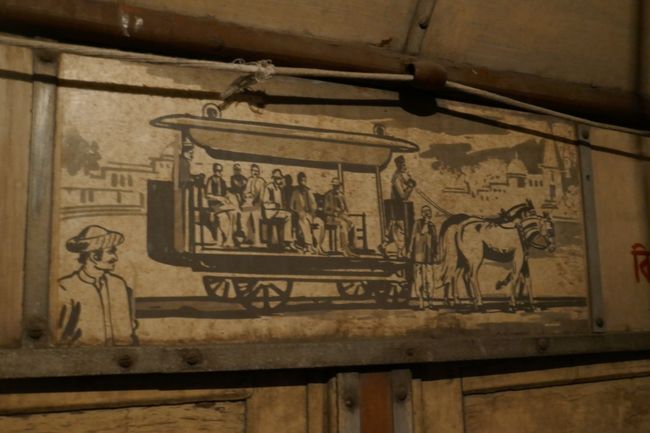
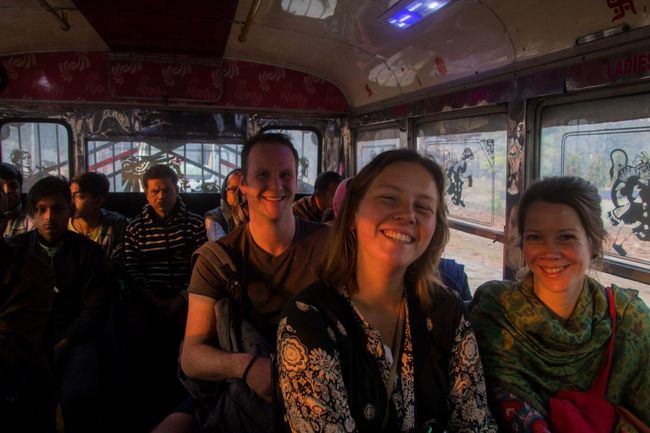
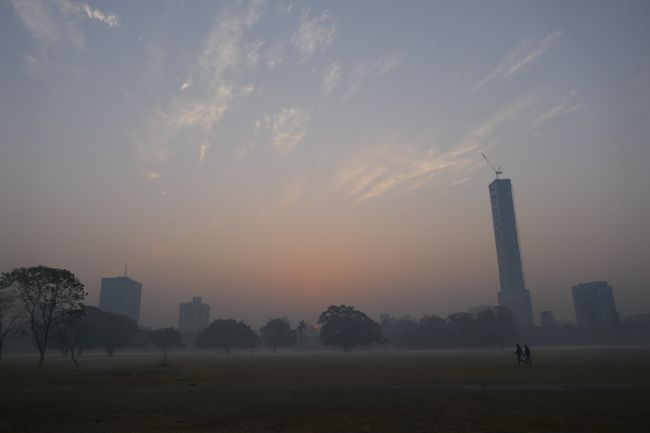
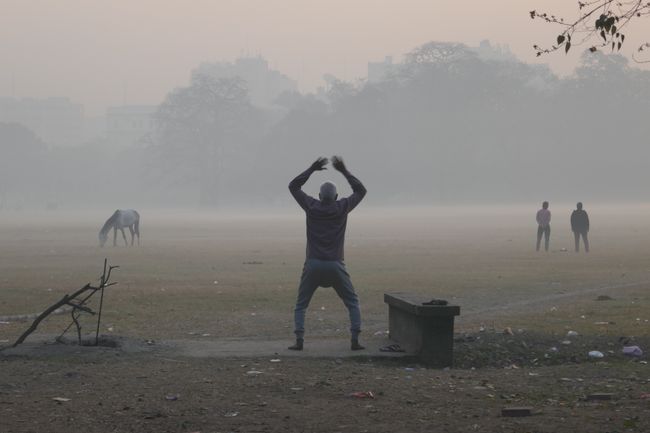
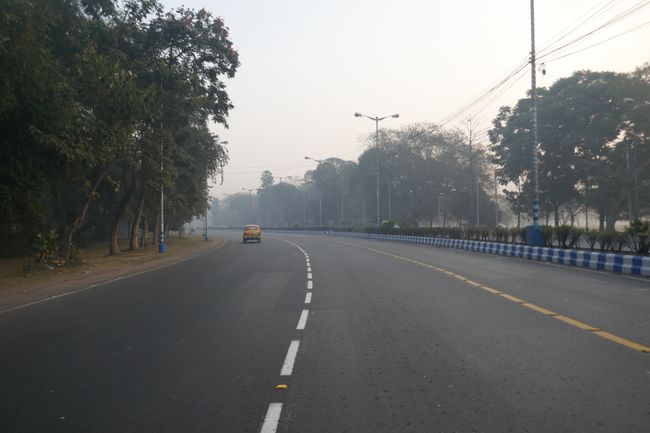
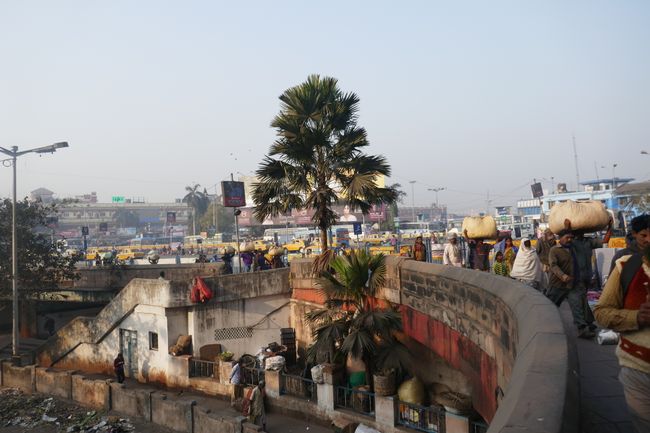
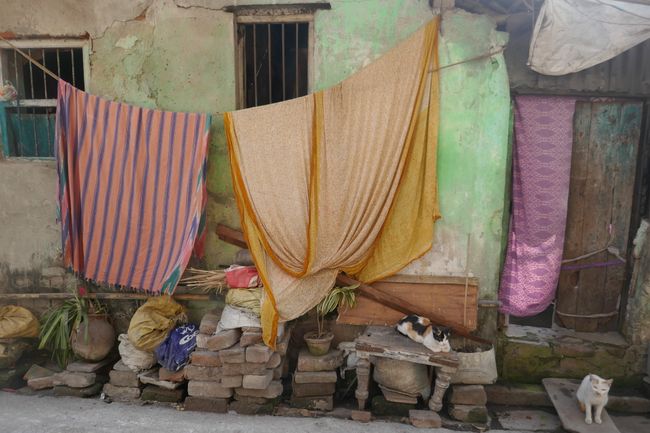
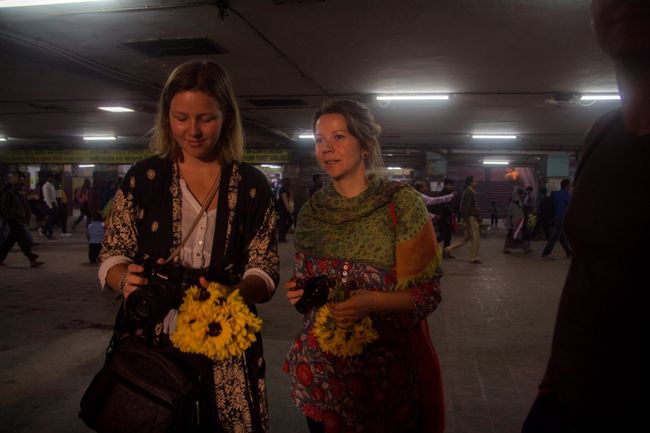
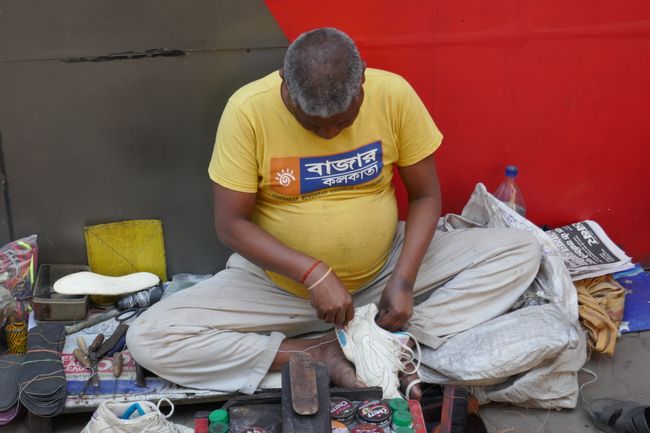
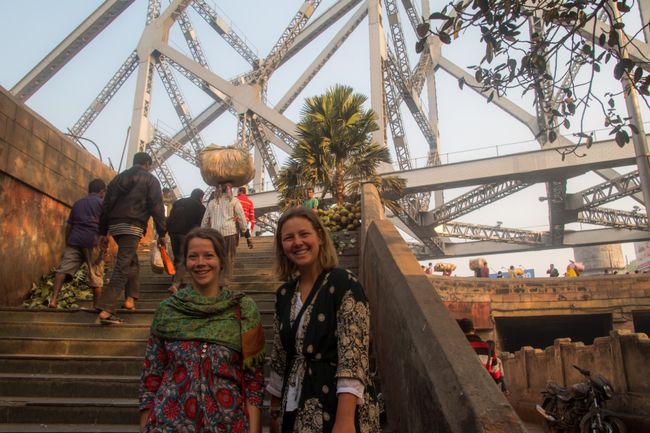
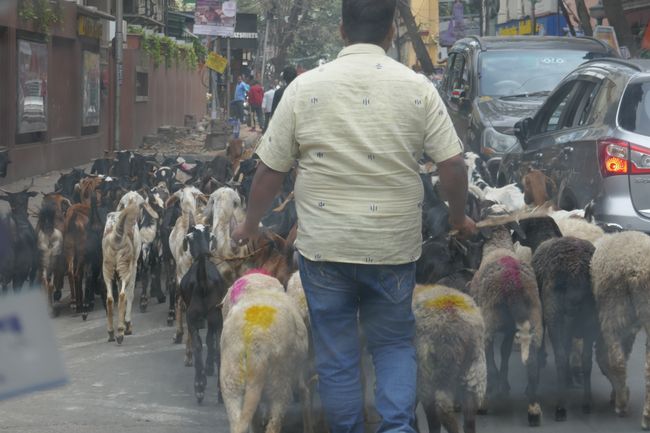
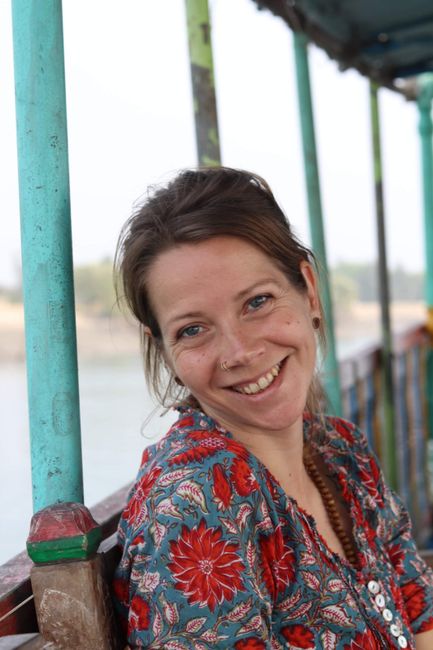
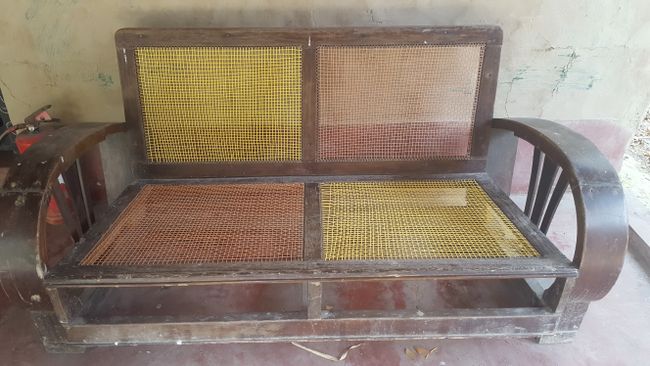
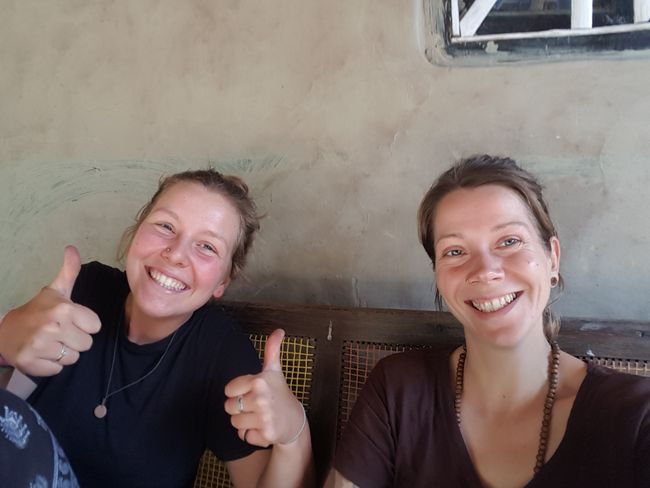
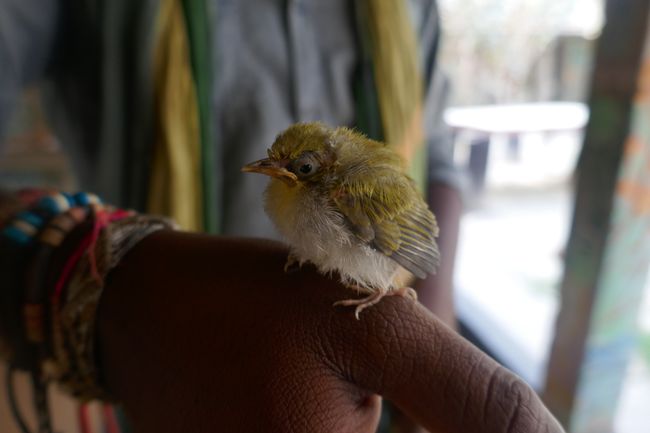
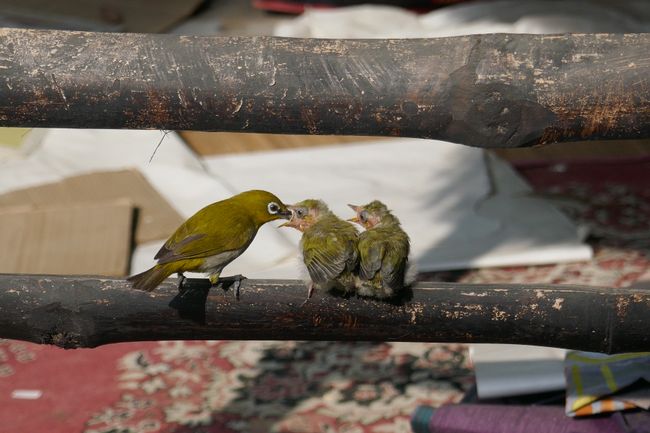
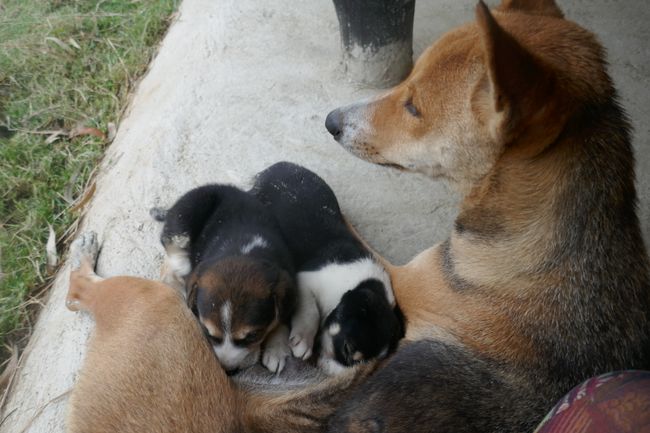
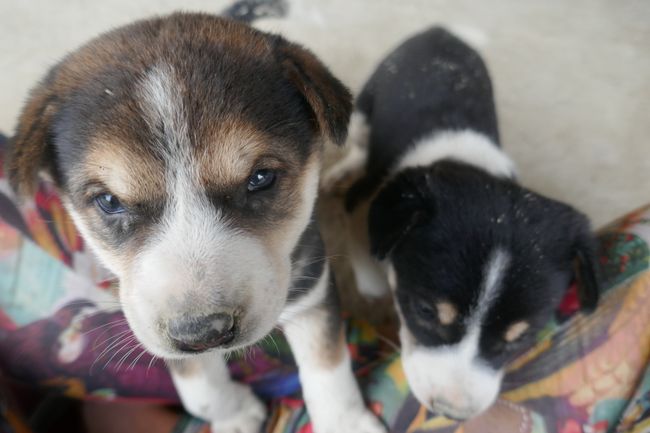
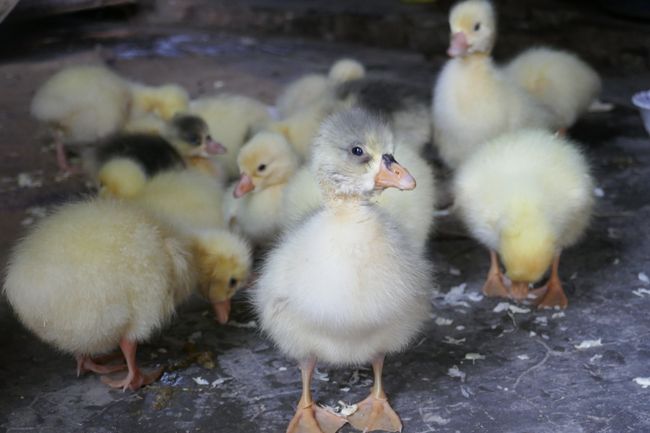
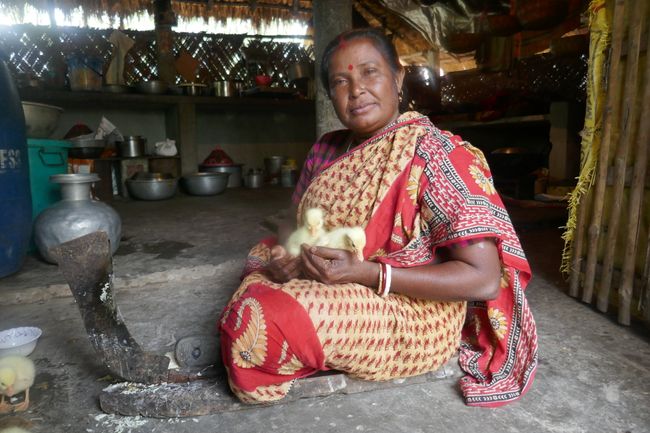
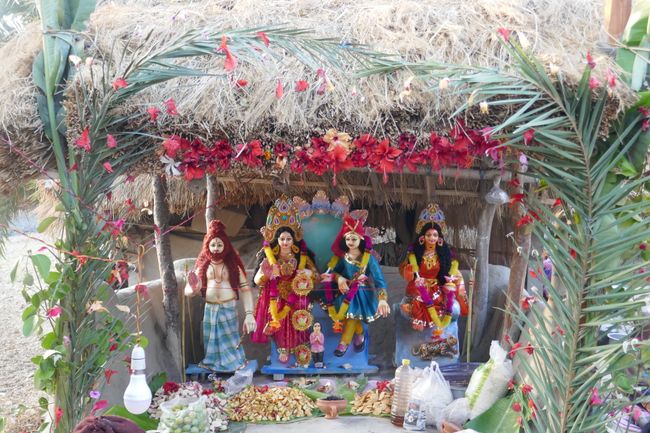
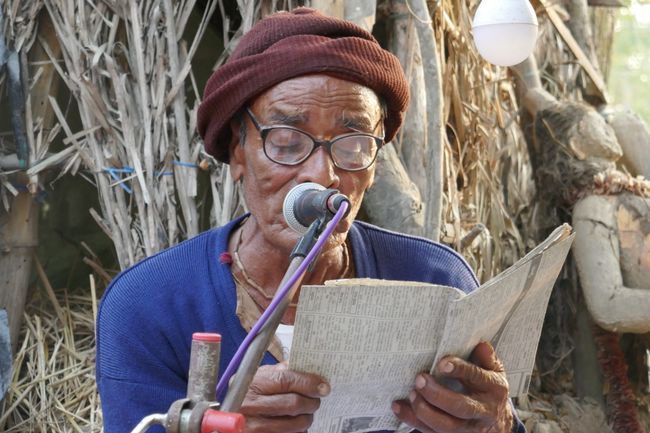
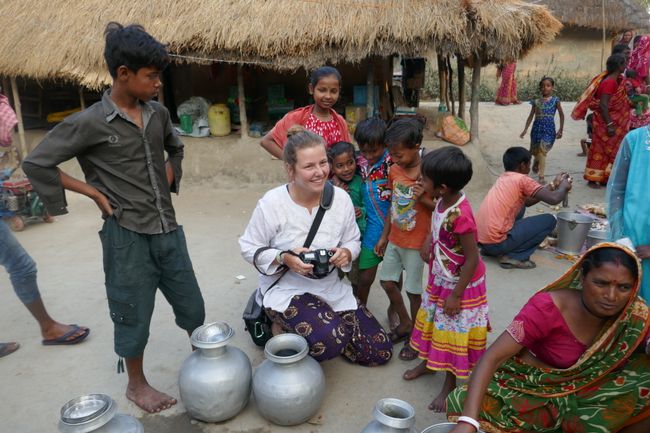
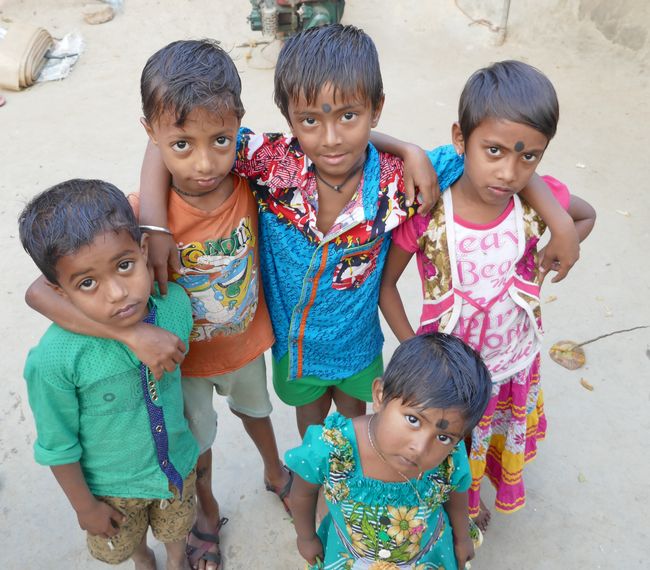
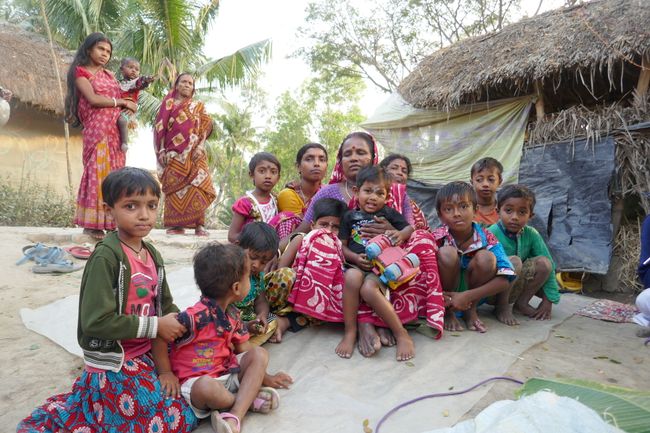
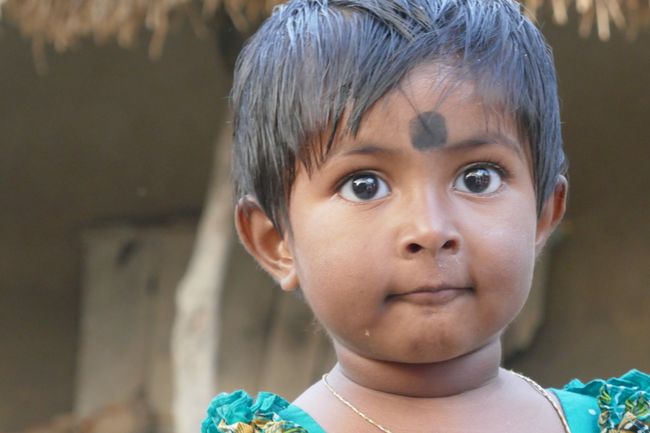
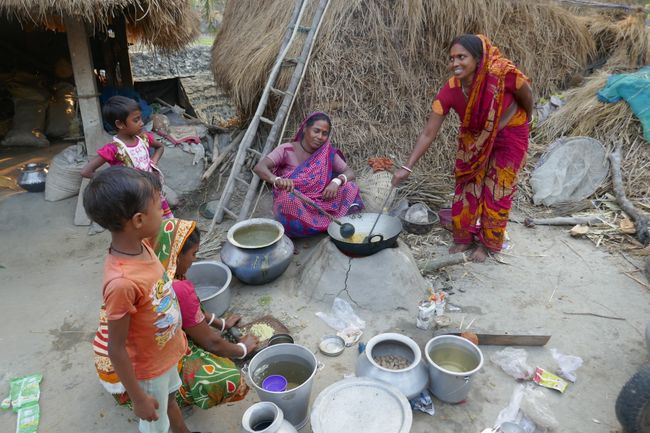
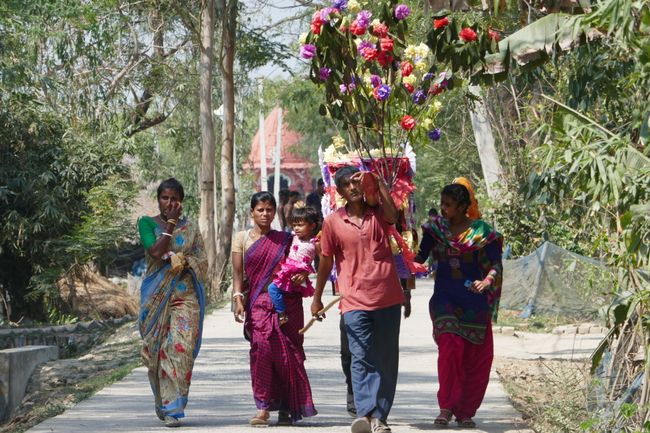
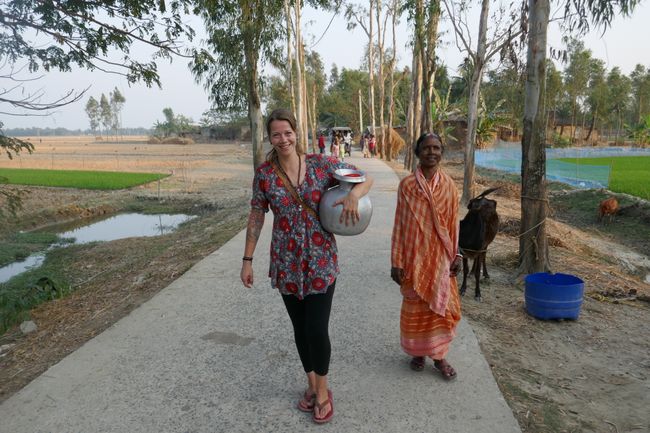
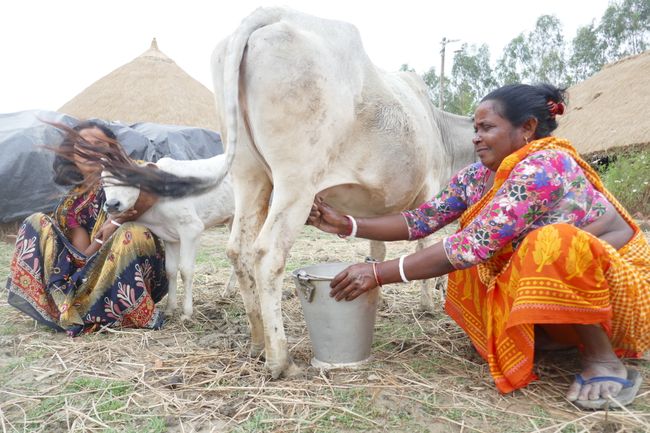
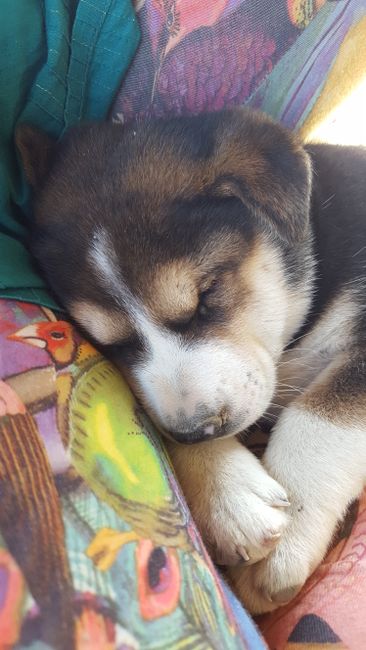
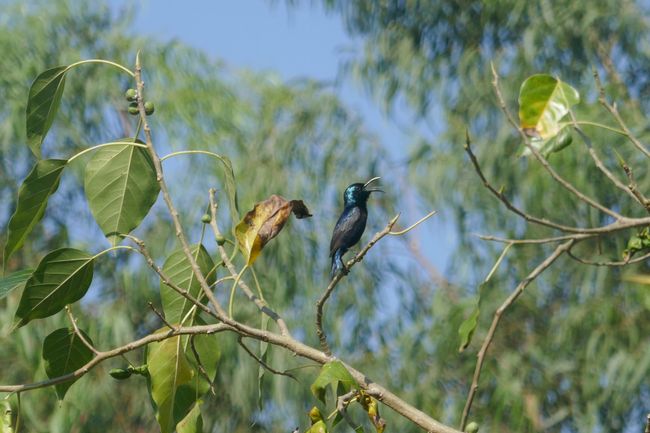
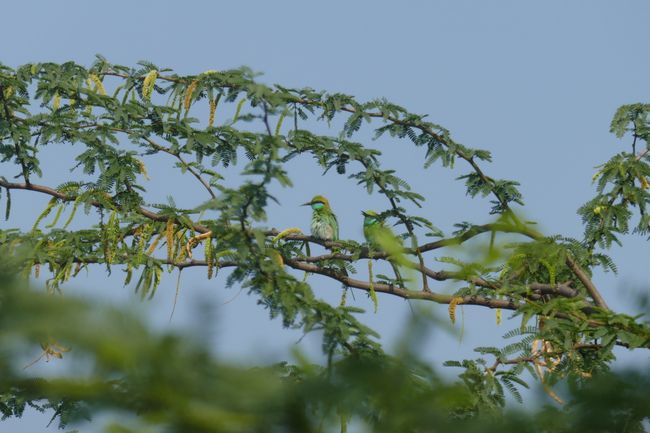
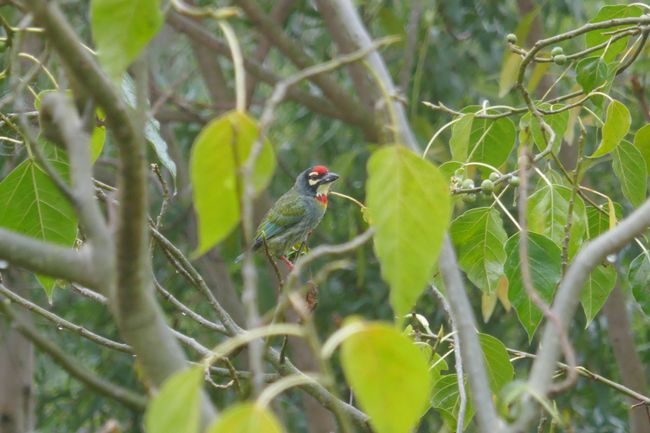
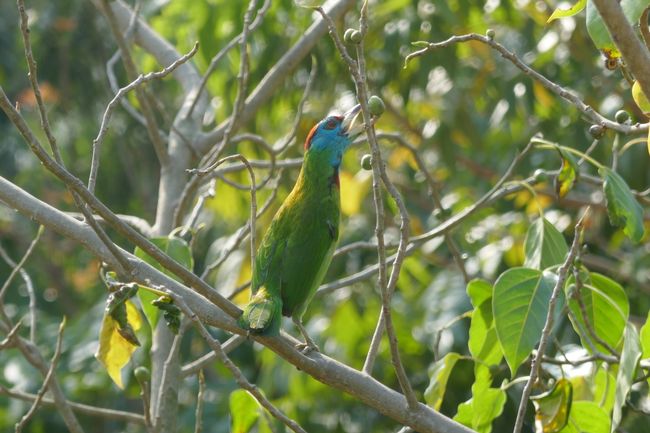
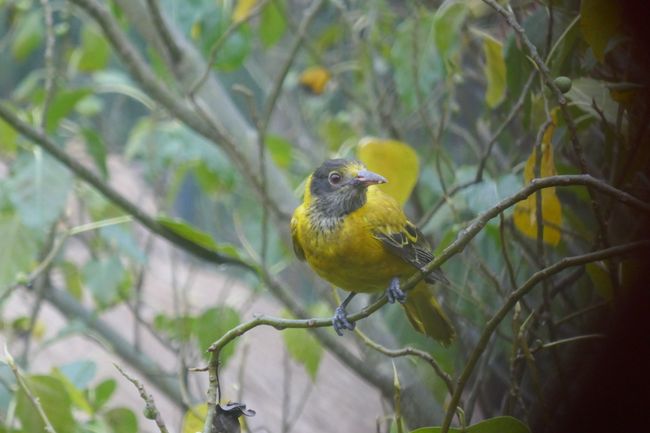
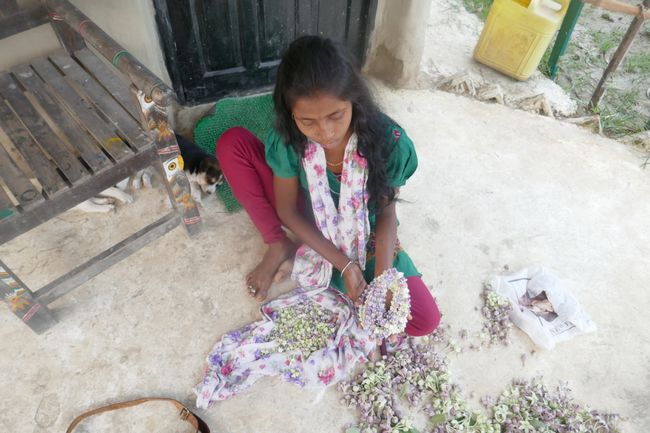
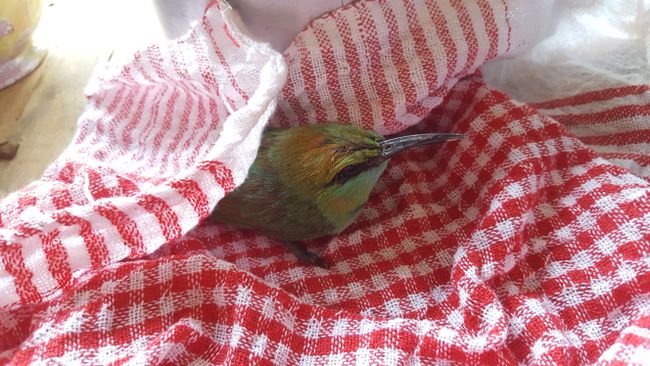
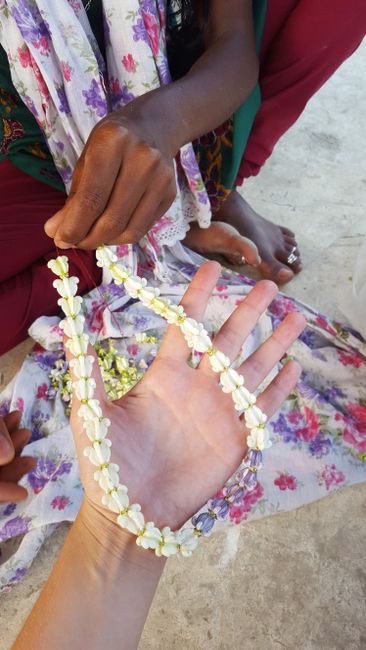
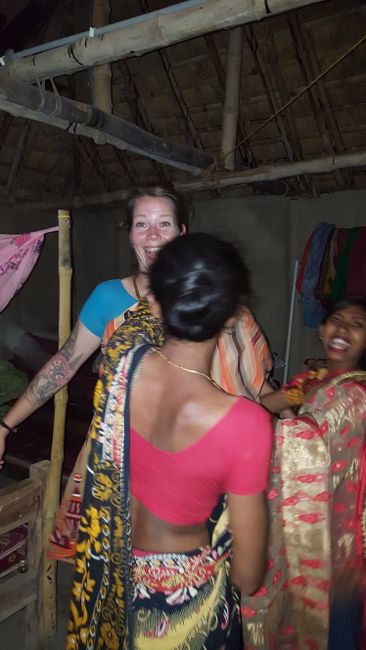
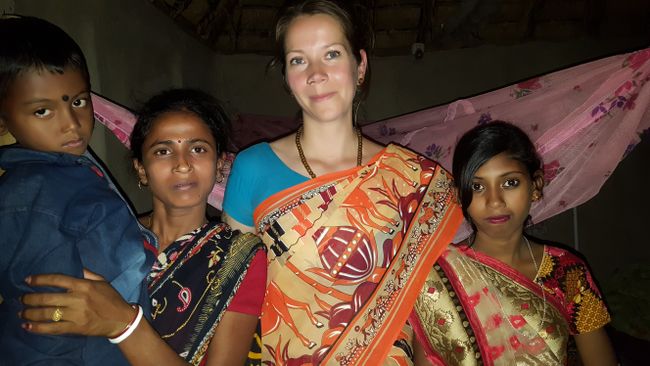
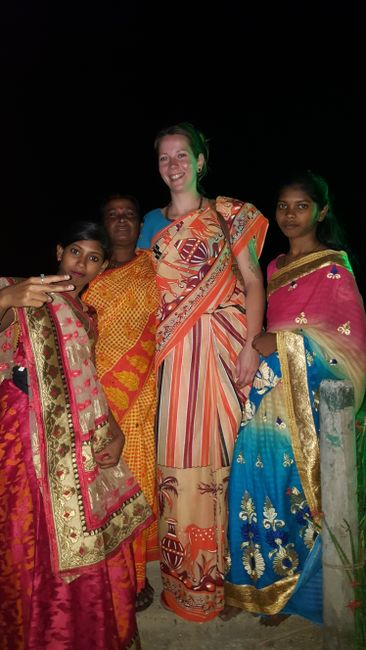
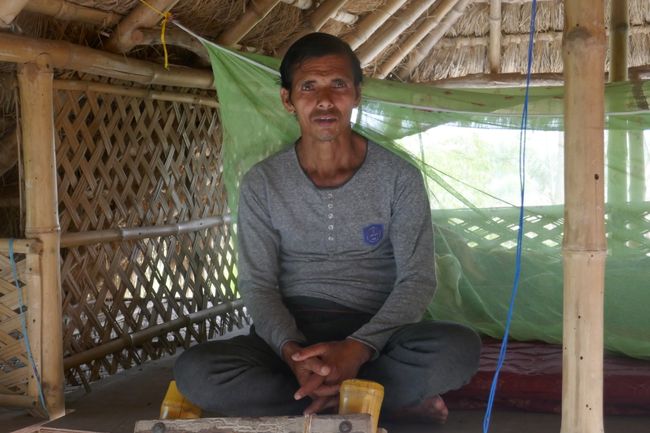
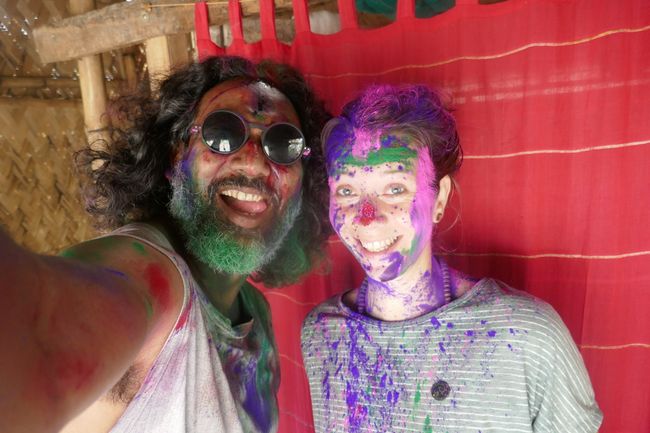
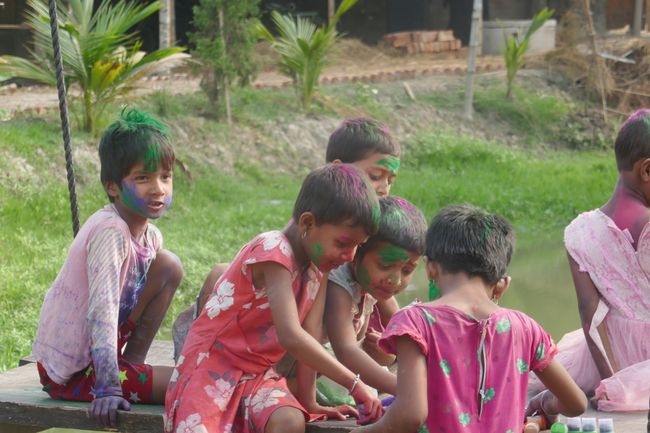
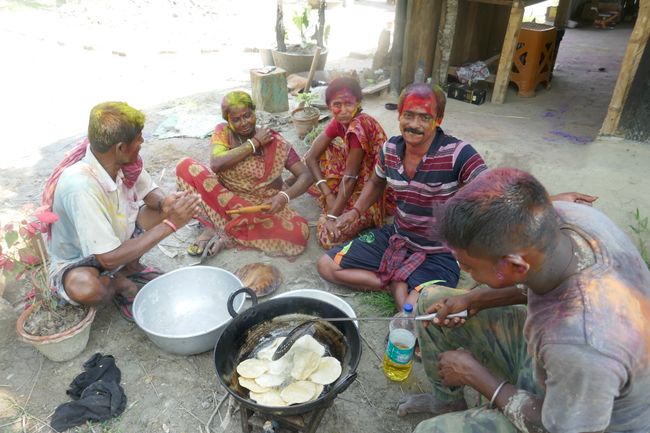
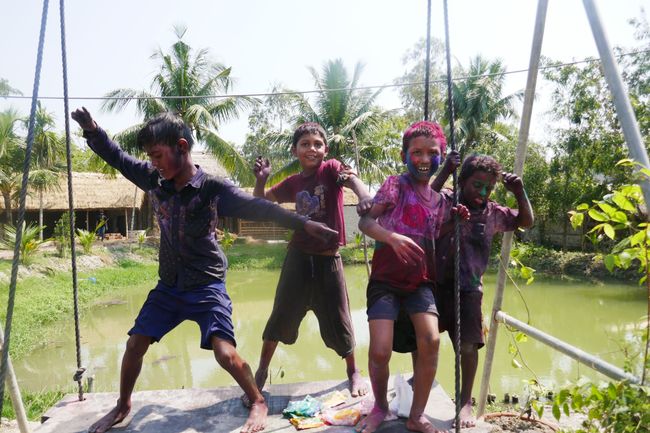
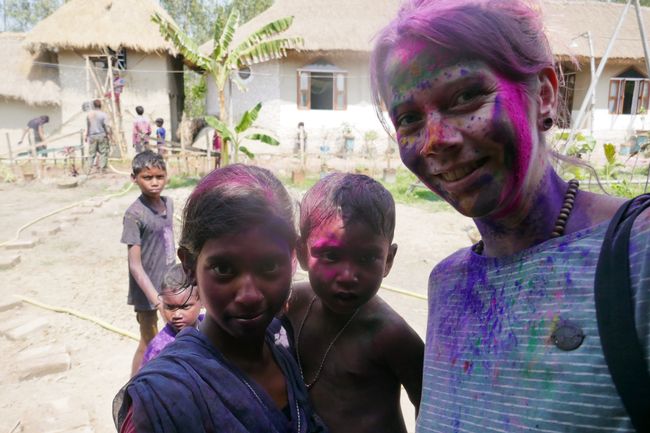
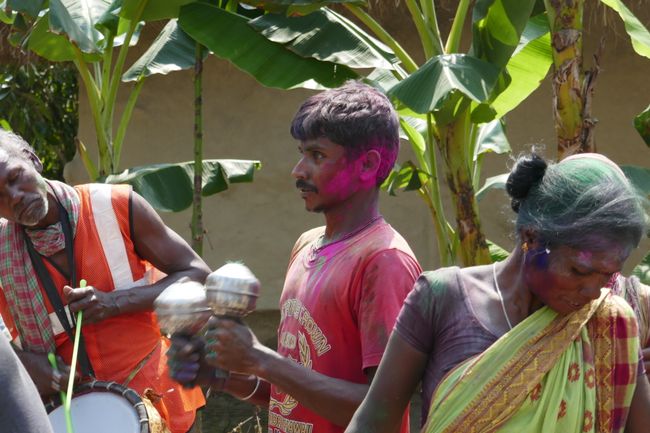
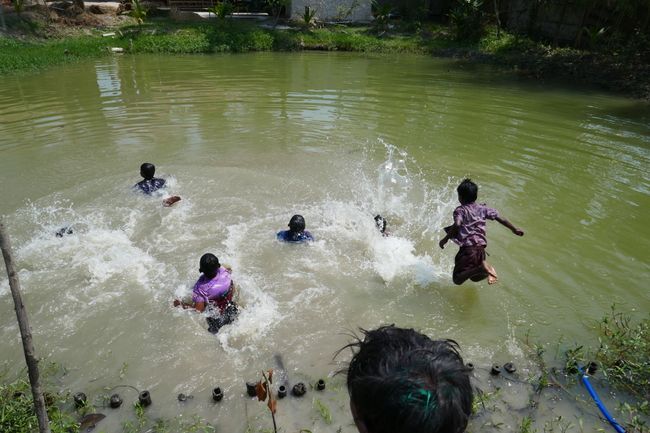
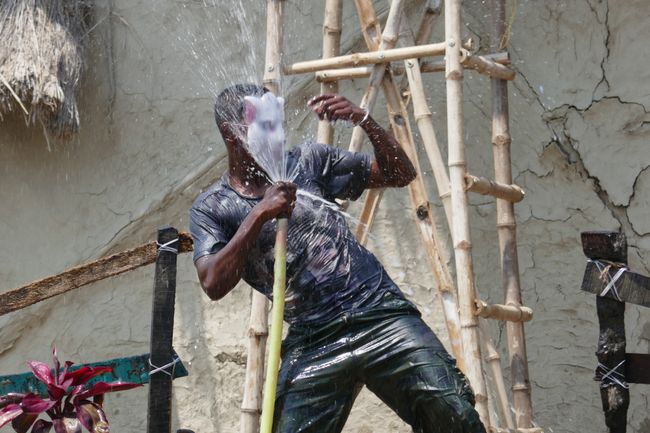
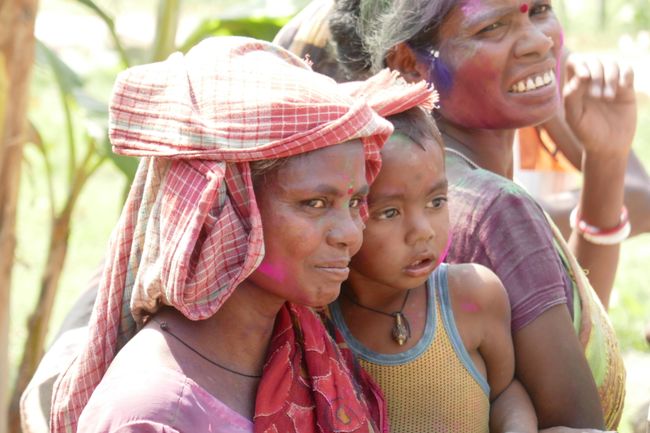
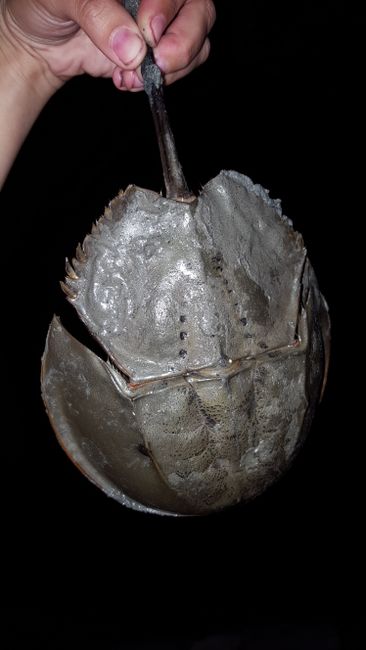
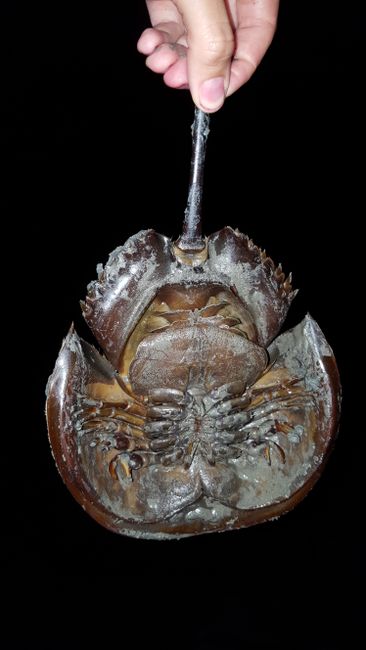
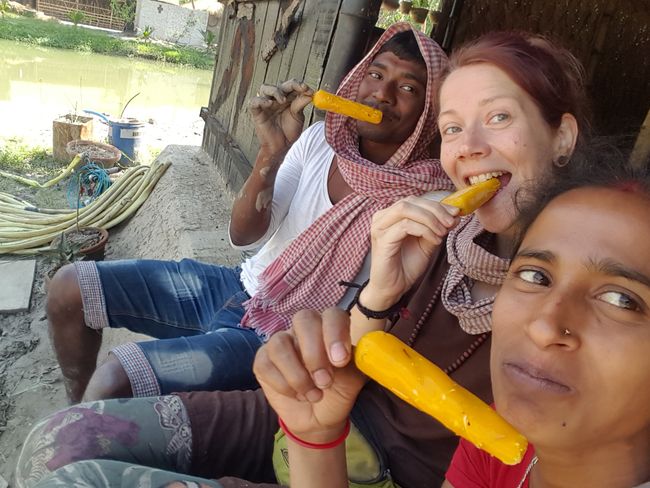
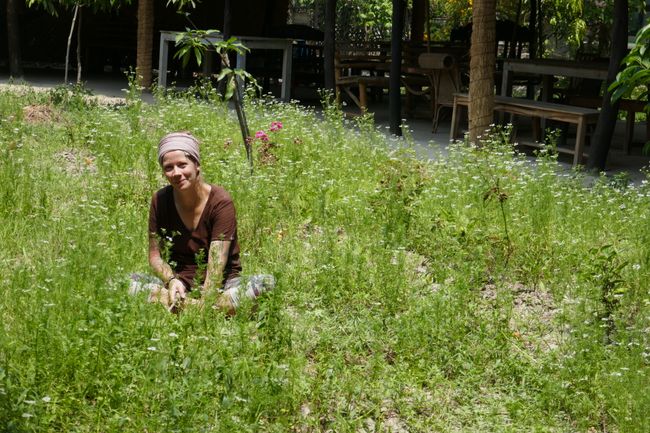
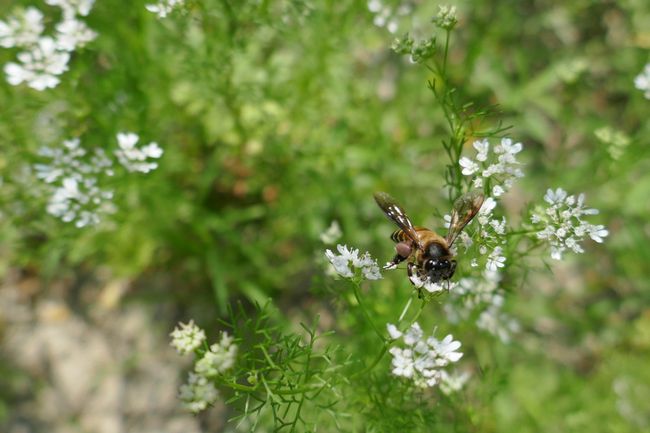
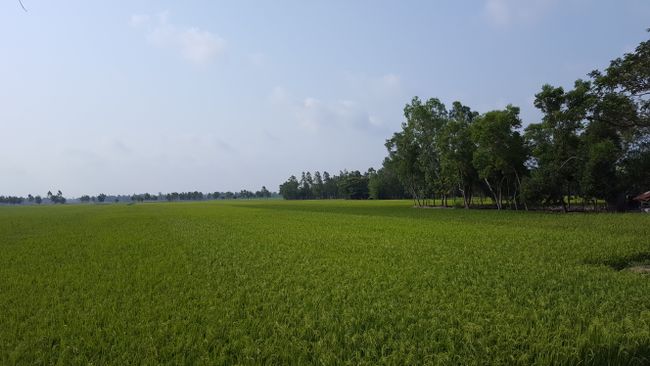
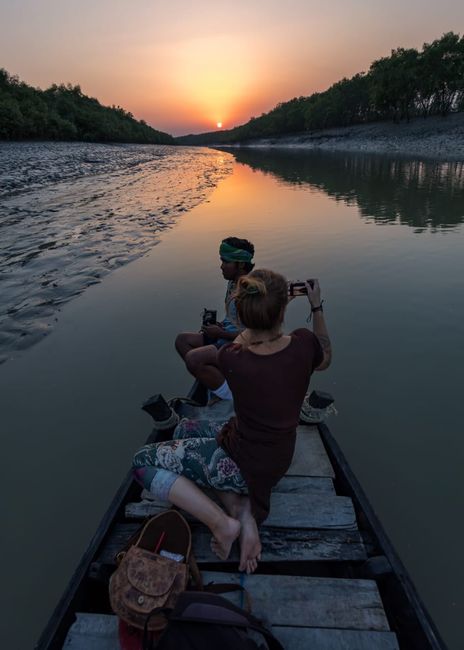
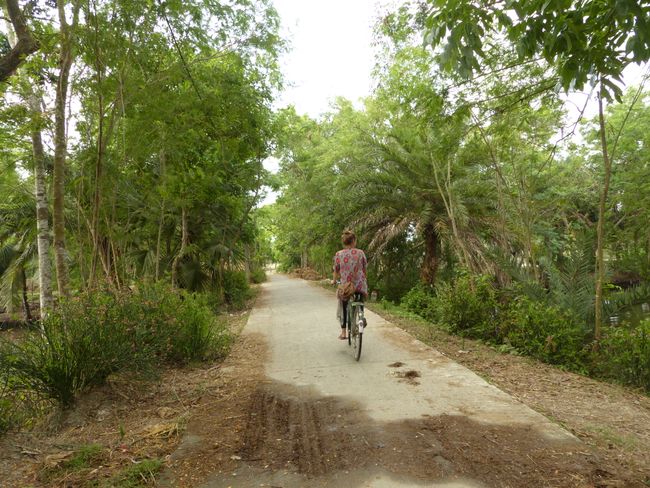
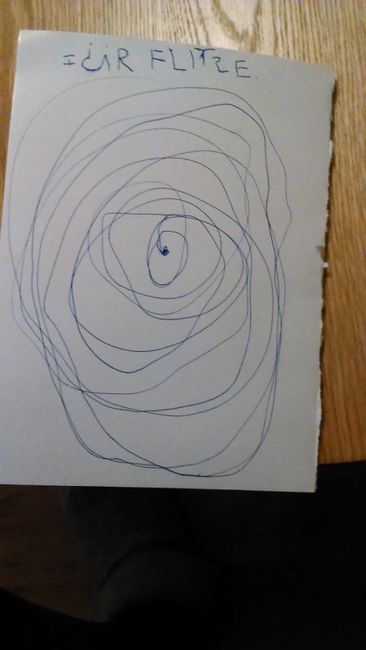
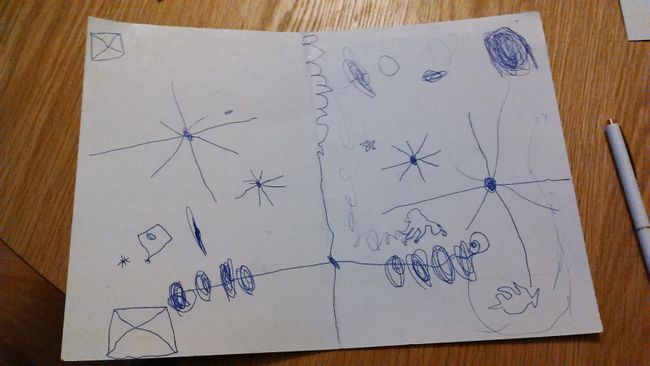
Ба бюллетен обуна шавед
Dear ones, I haven't heard from me for a long time. But now, just before my return to Germany, I still want to tell you about my last weeks in the Sundarbans. Even though my farewell from there was already four long and eventful weeks ago.
In mid-February, I went to Kolkata again for a few days. This time mainly because I was expecting a visit from Germany. Louise, the cousin of my niece Paula, had chosen Kolkata as the starting point for her trip to India and also wanted to spend some time with me in the Eco Village. I know that Kolkata can be quite exhausting and overwhelming as a start in India, so I decided to pick up Louise from the airport and then spend a few days with her at the nice host family in Shyambazar. One of Soham's great city tours was of course also on the program.
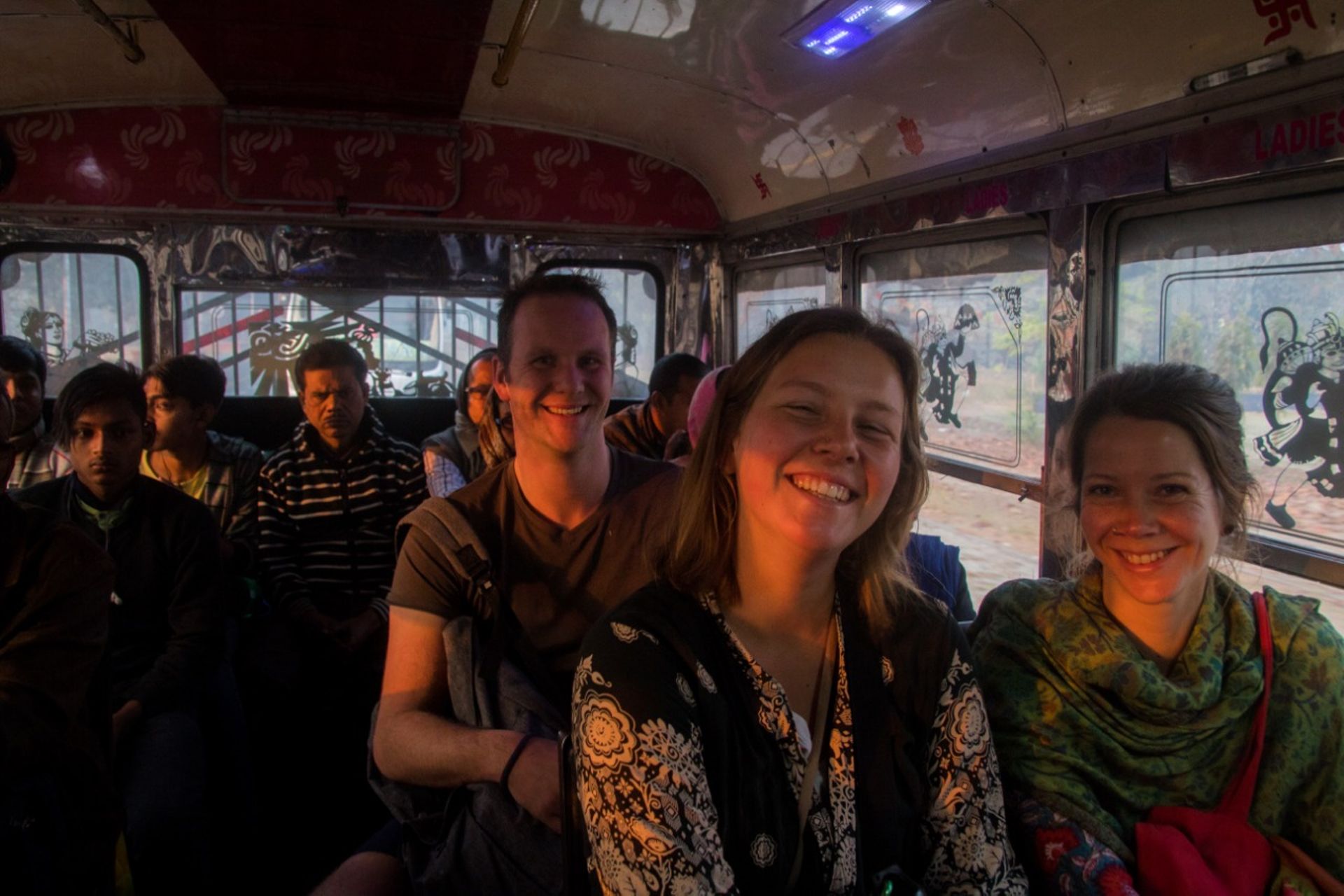
5:30 a.m. in the first streetcar
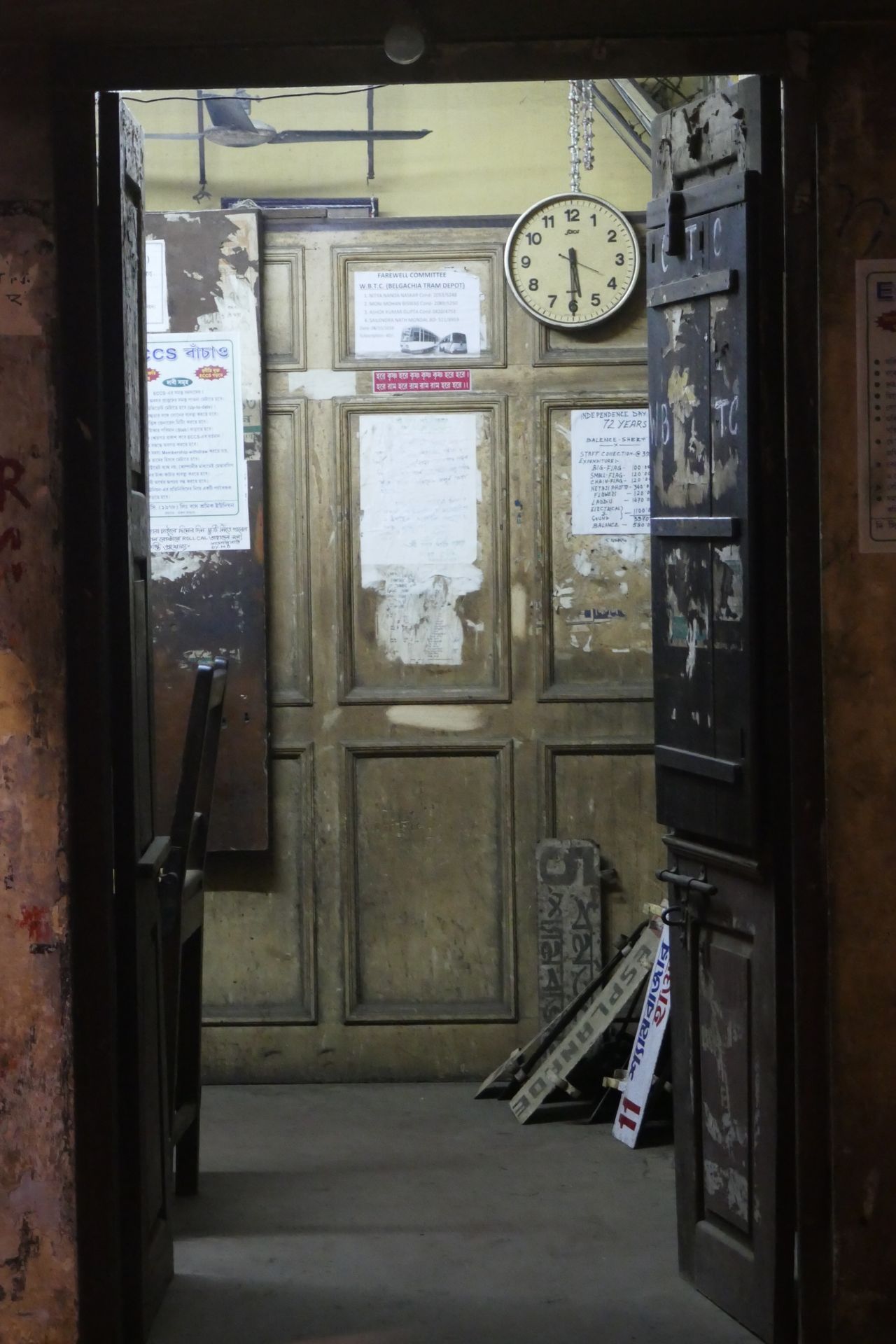
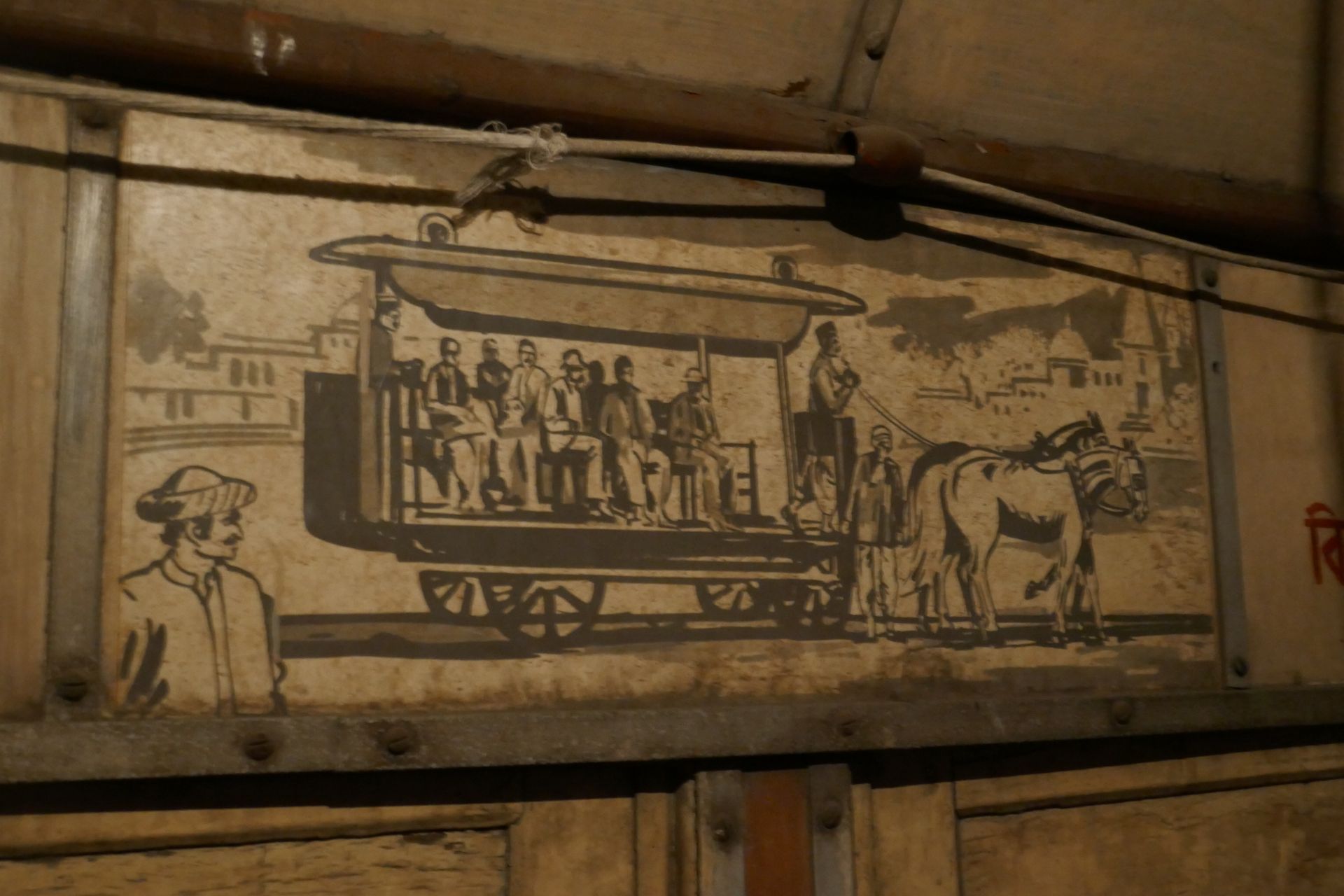
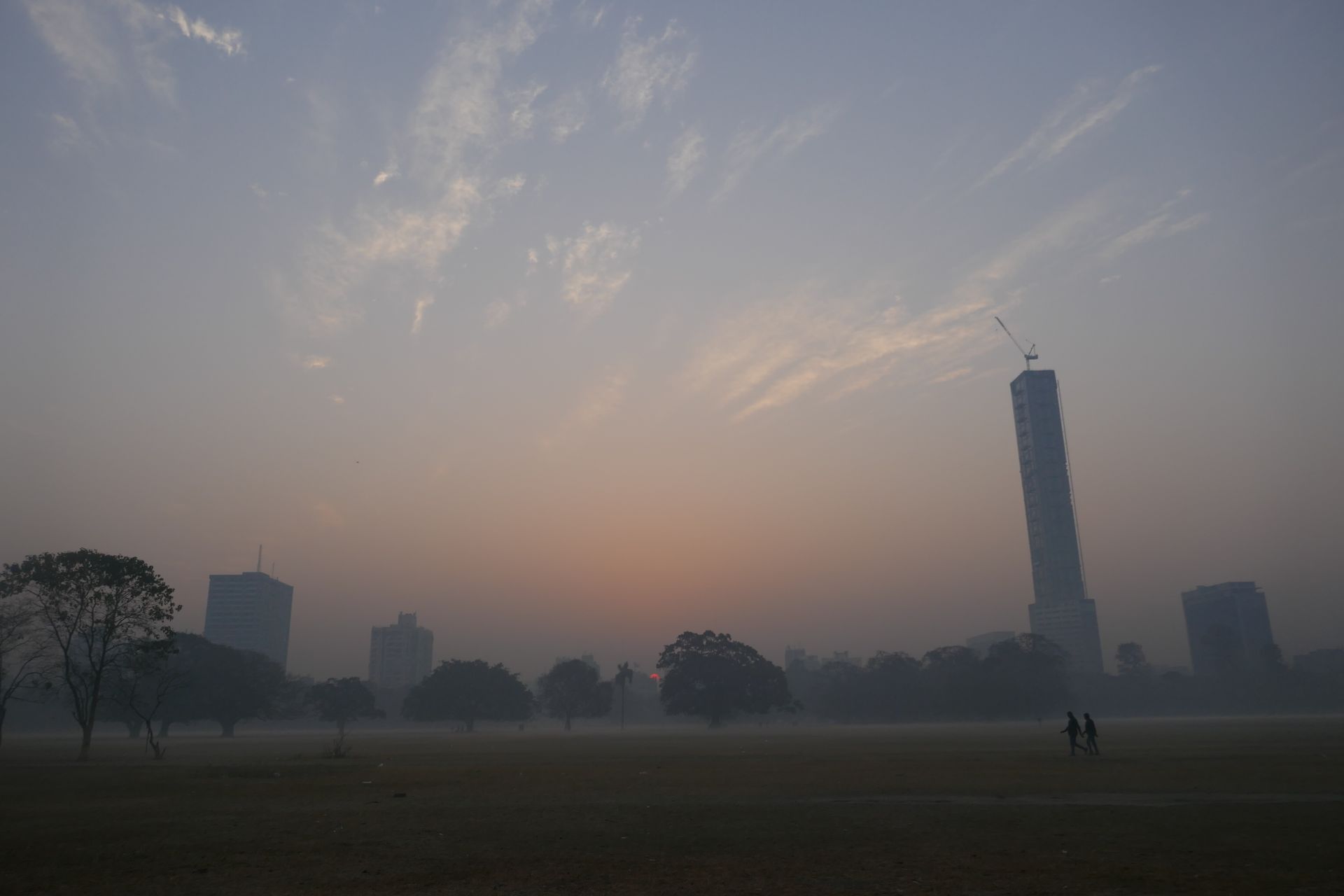
Sunrise over the Maidan
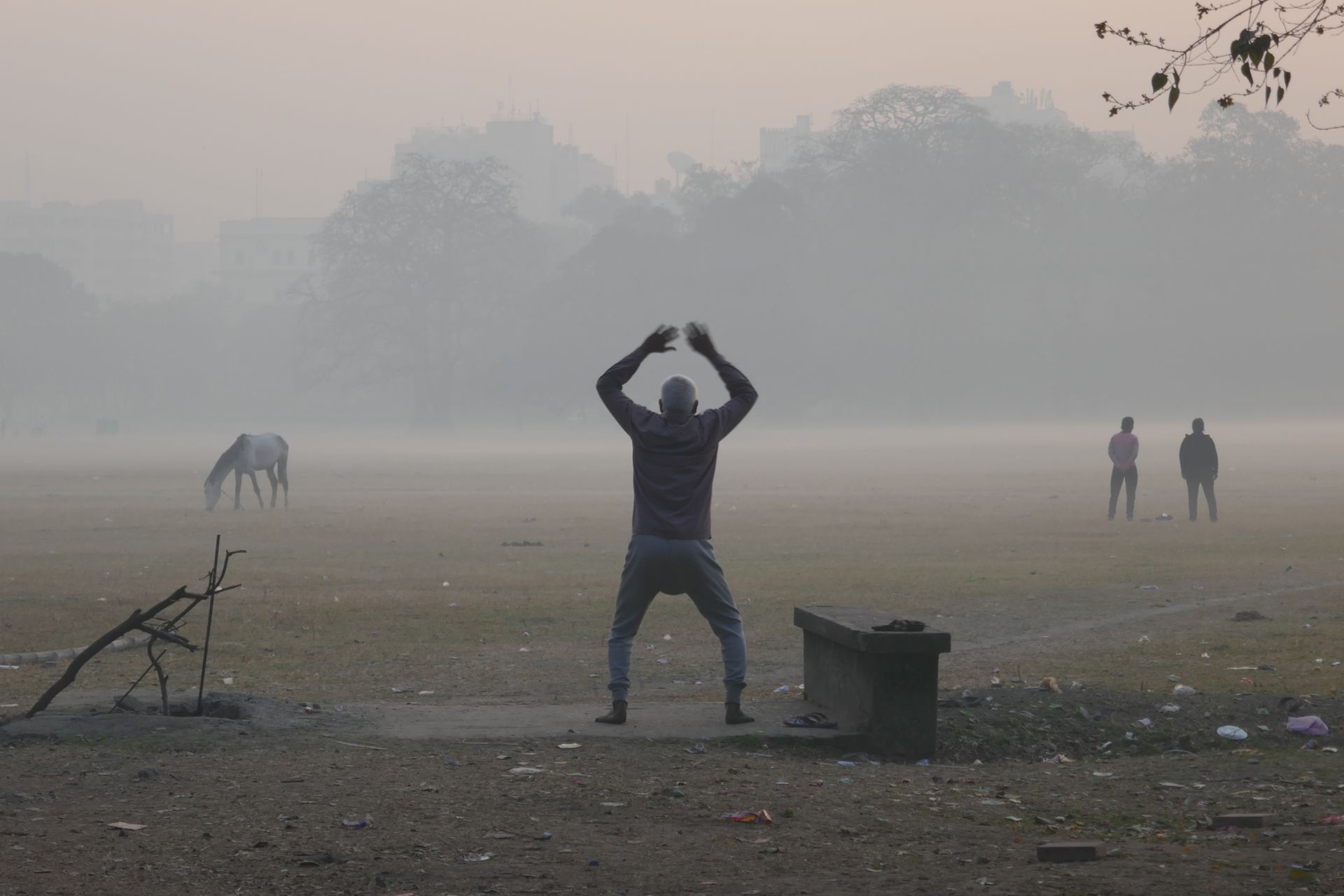
Morning exercise - I wish I had so much discipline
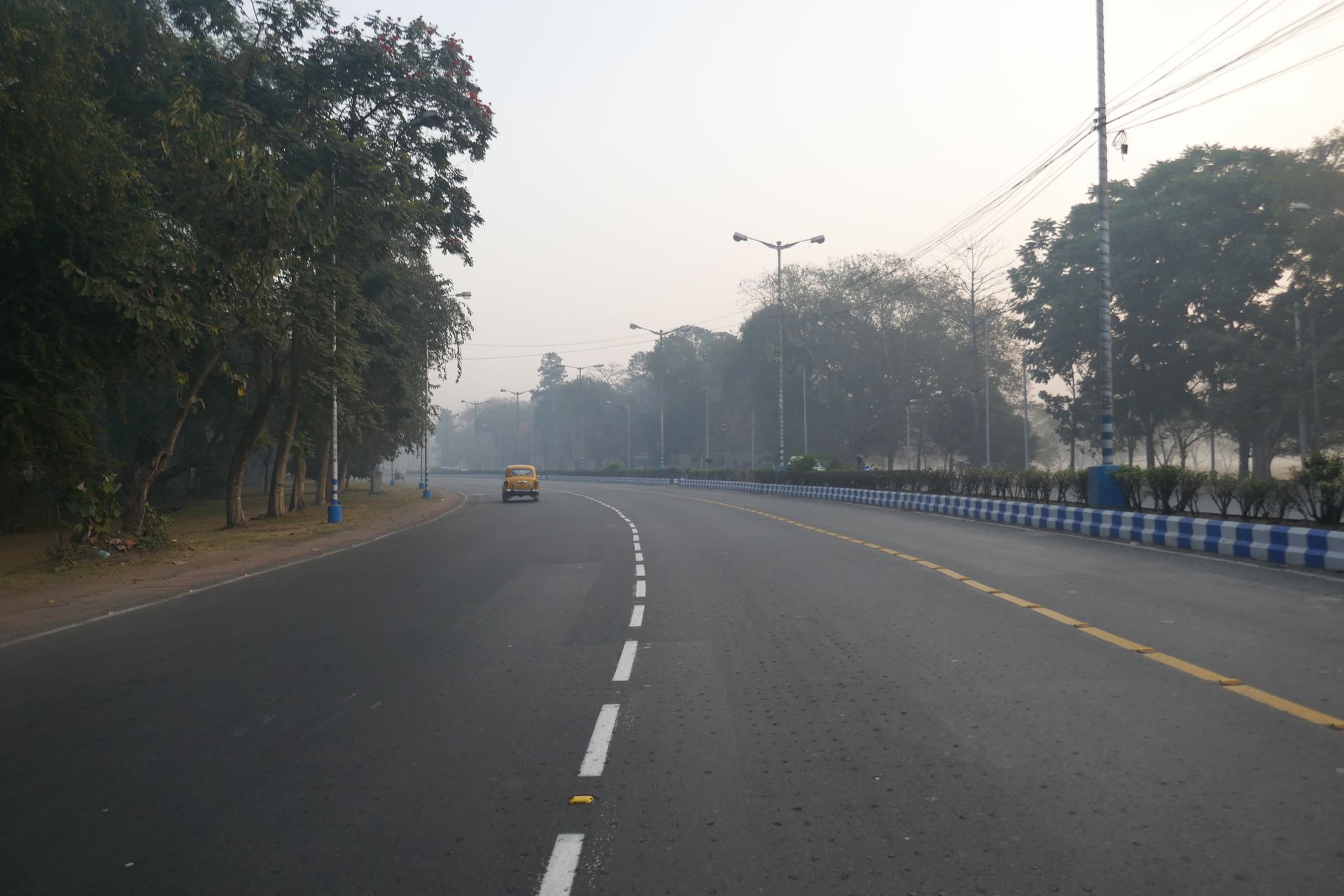
Empty streets - an unusual sight in Kolkata
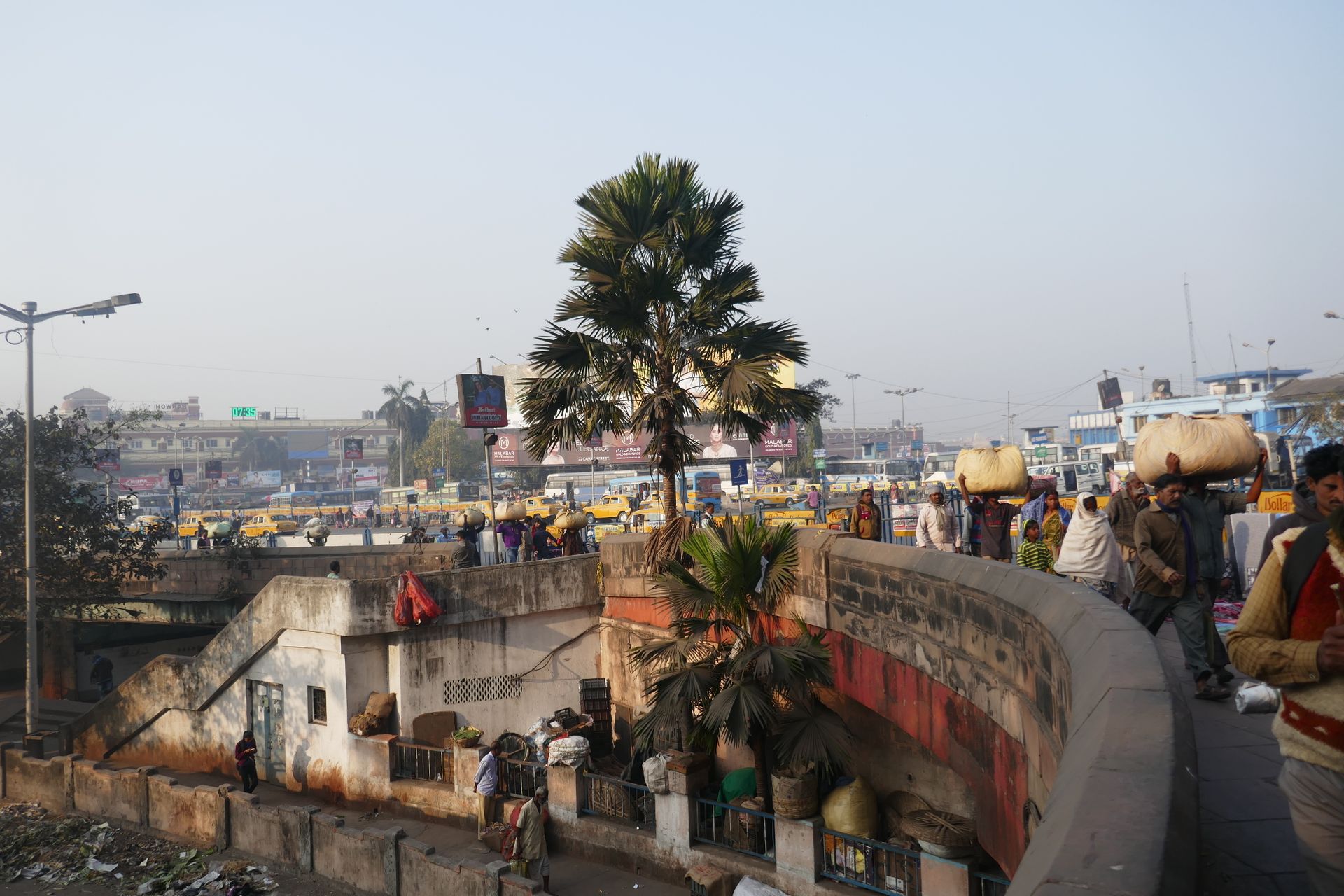
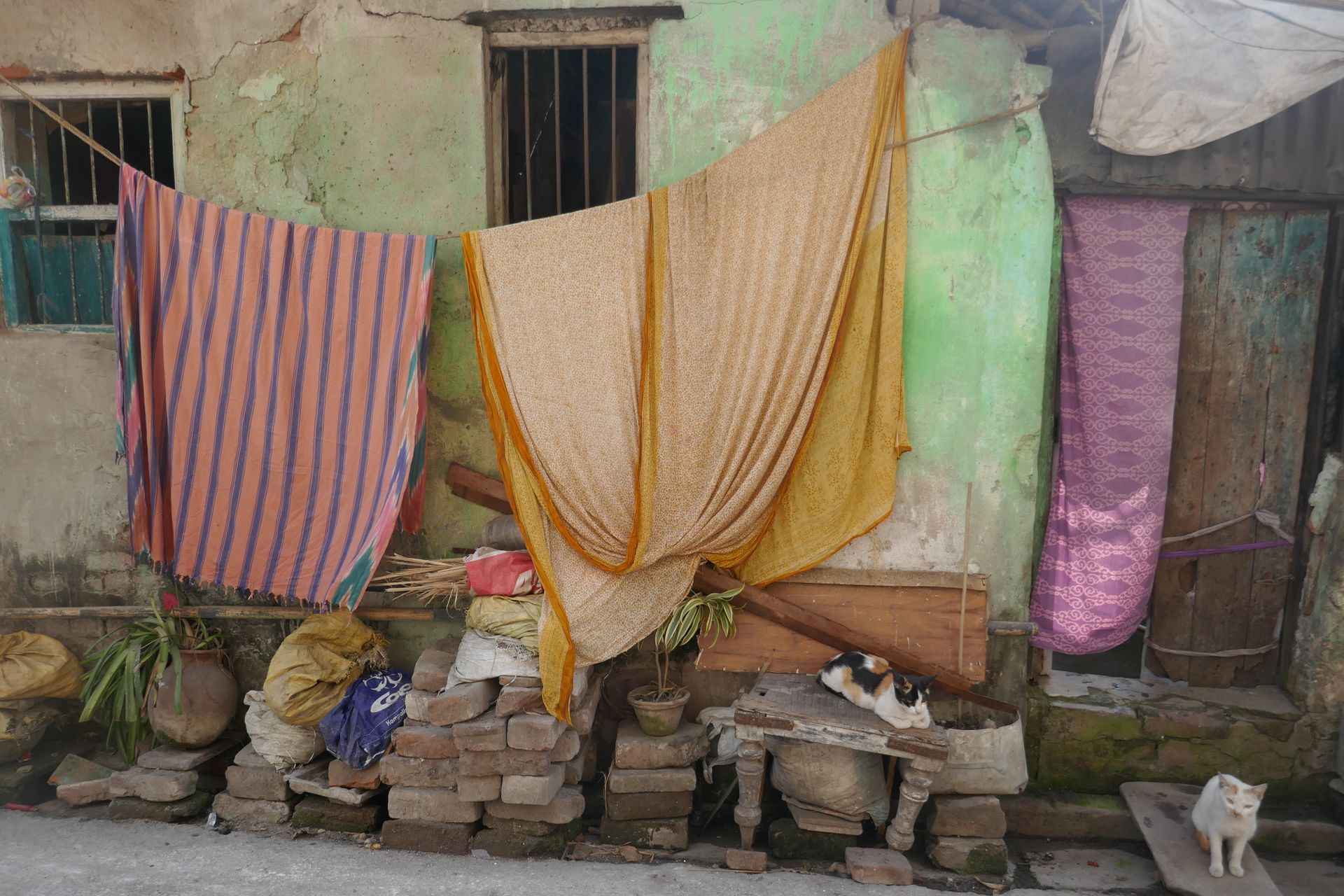
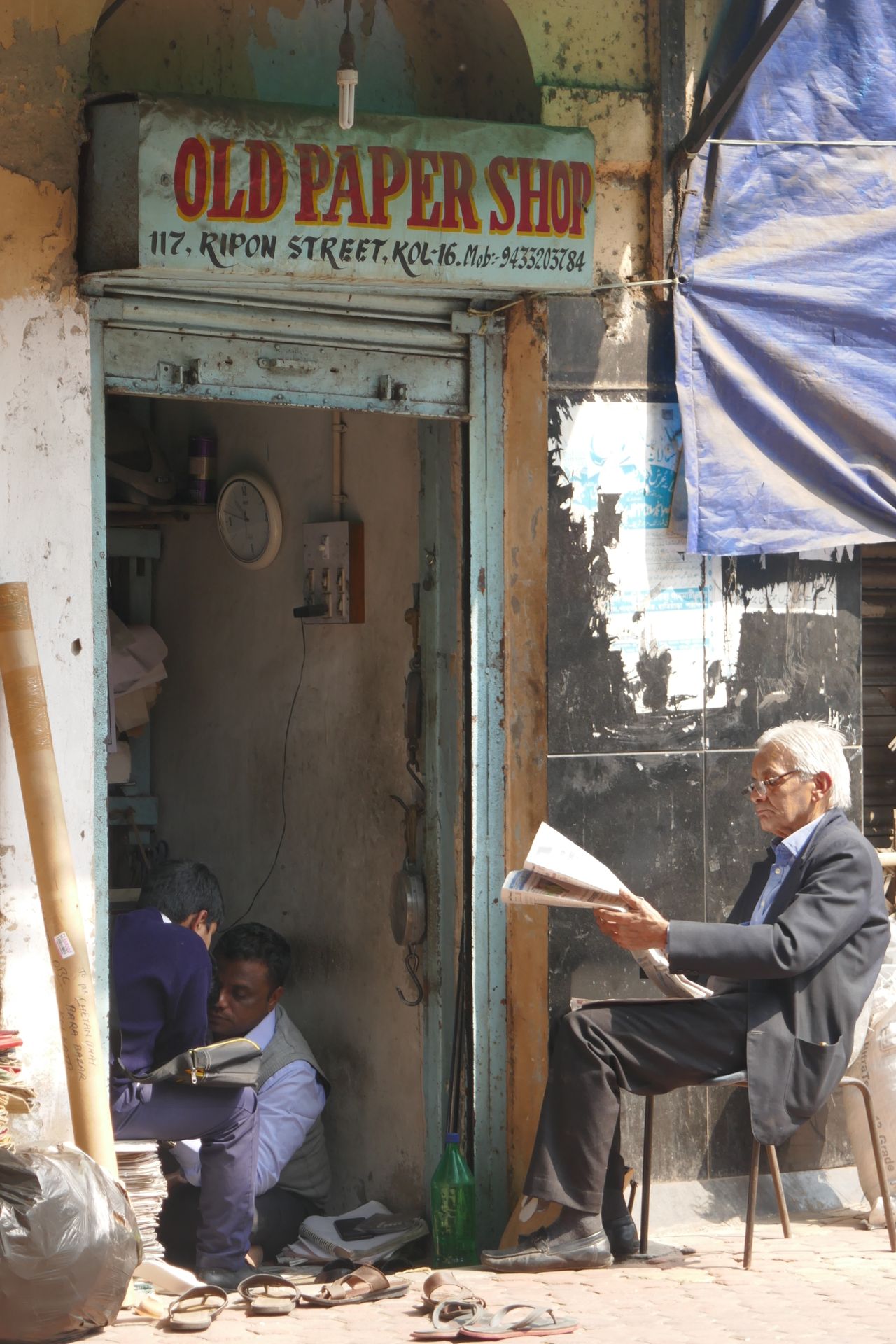
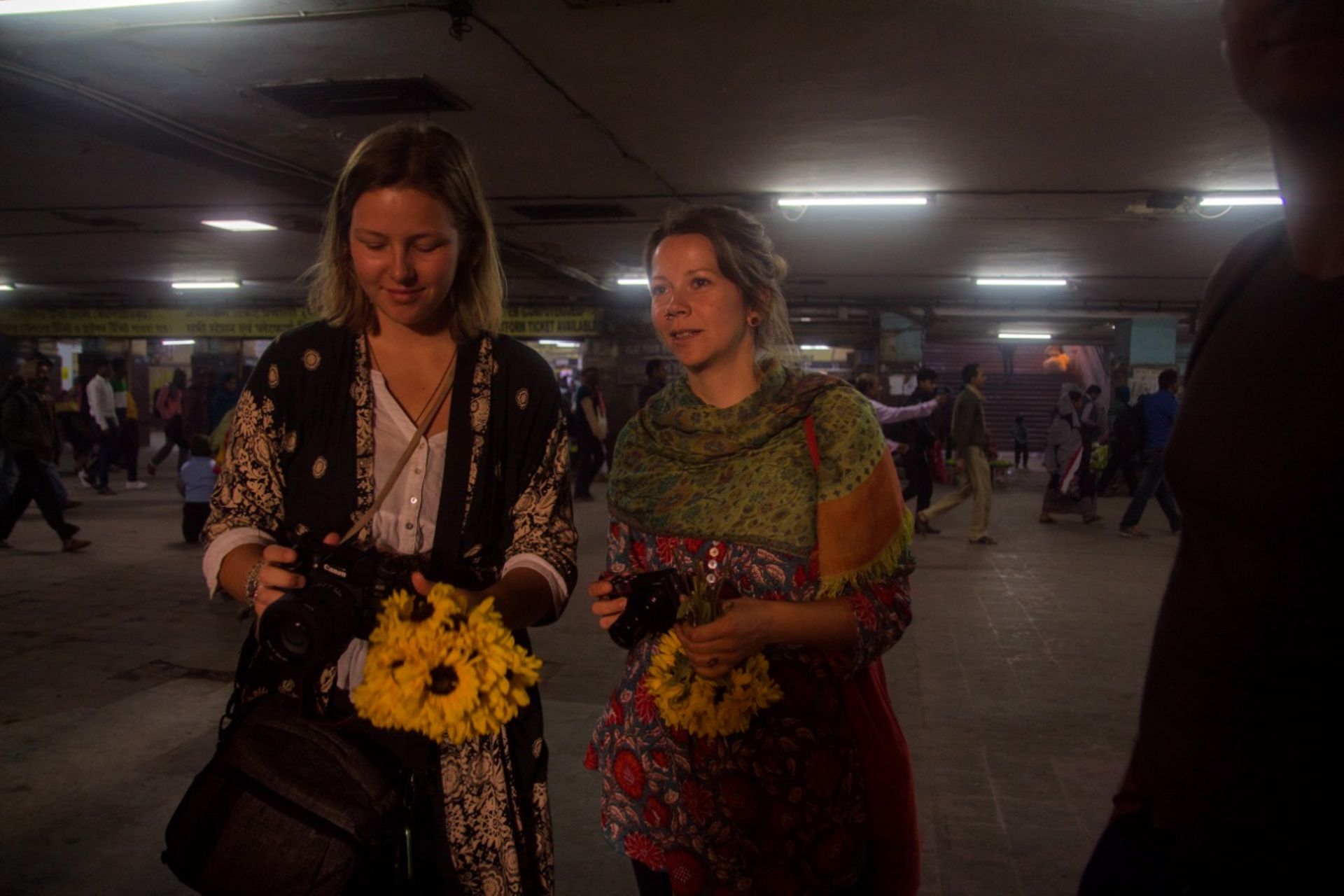
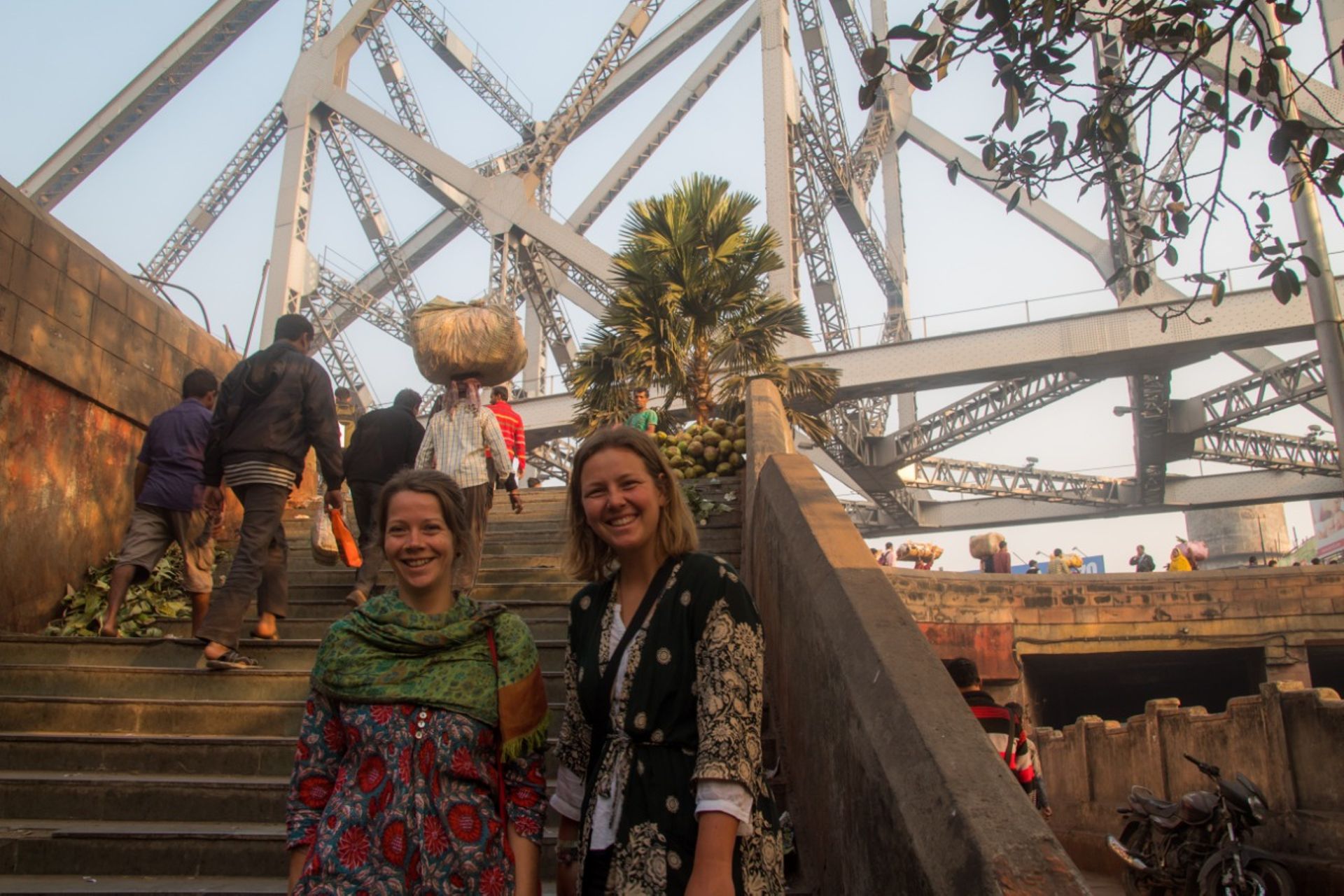
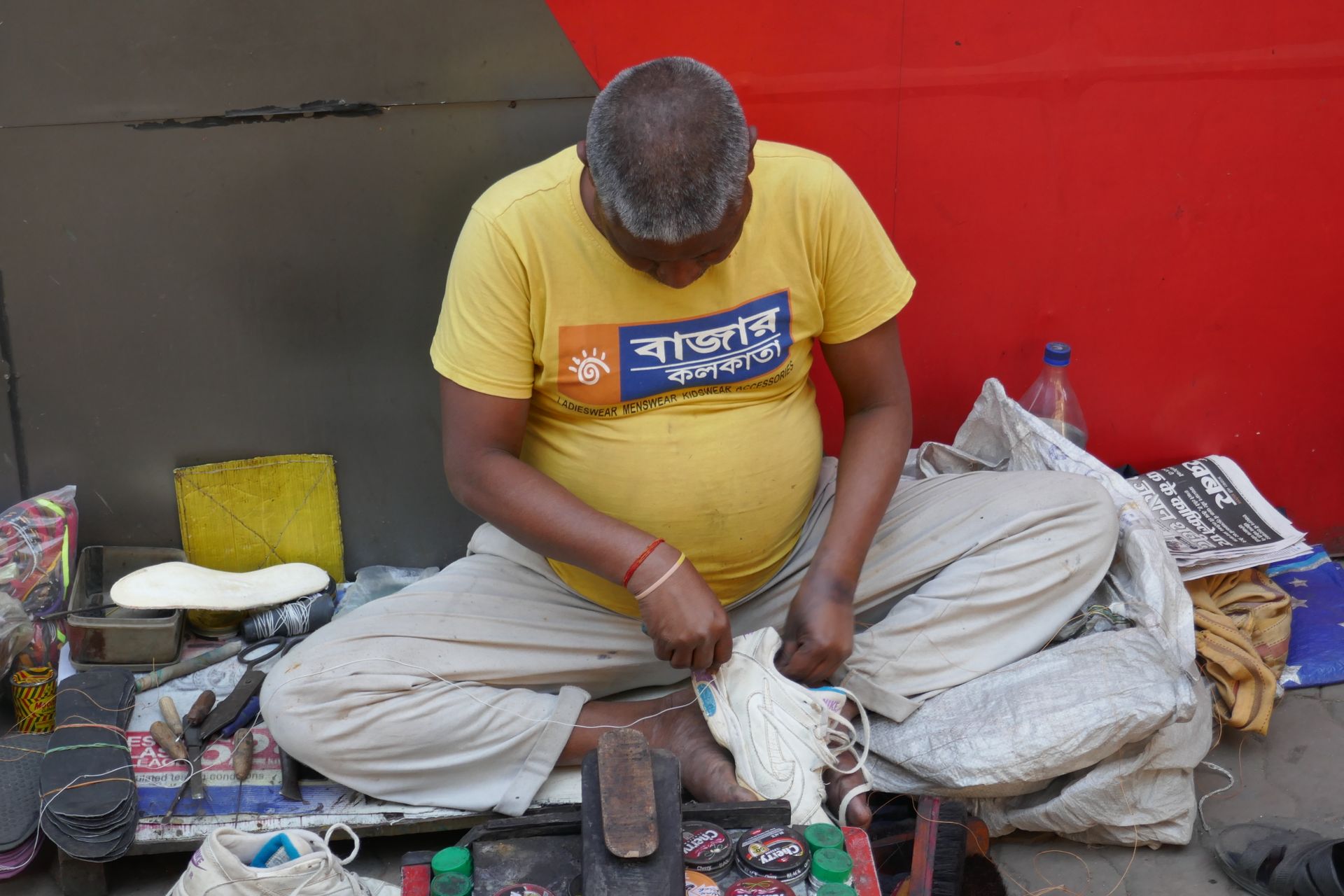
This man repaired Louise's old sneakers - almost like new
After three days in the big city, it was time to go to the Sundarbans with Louise.
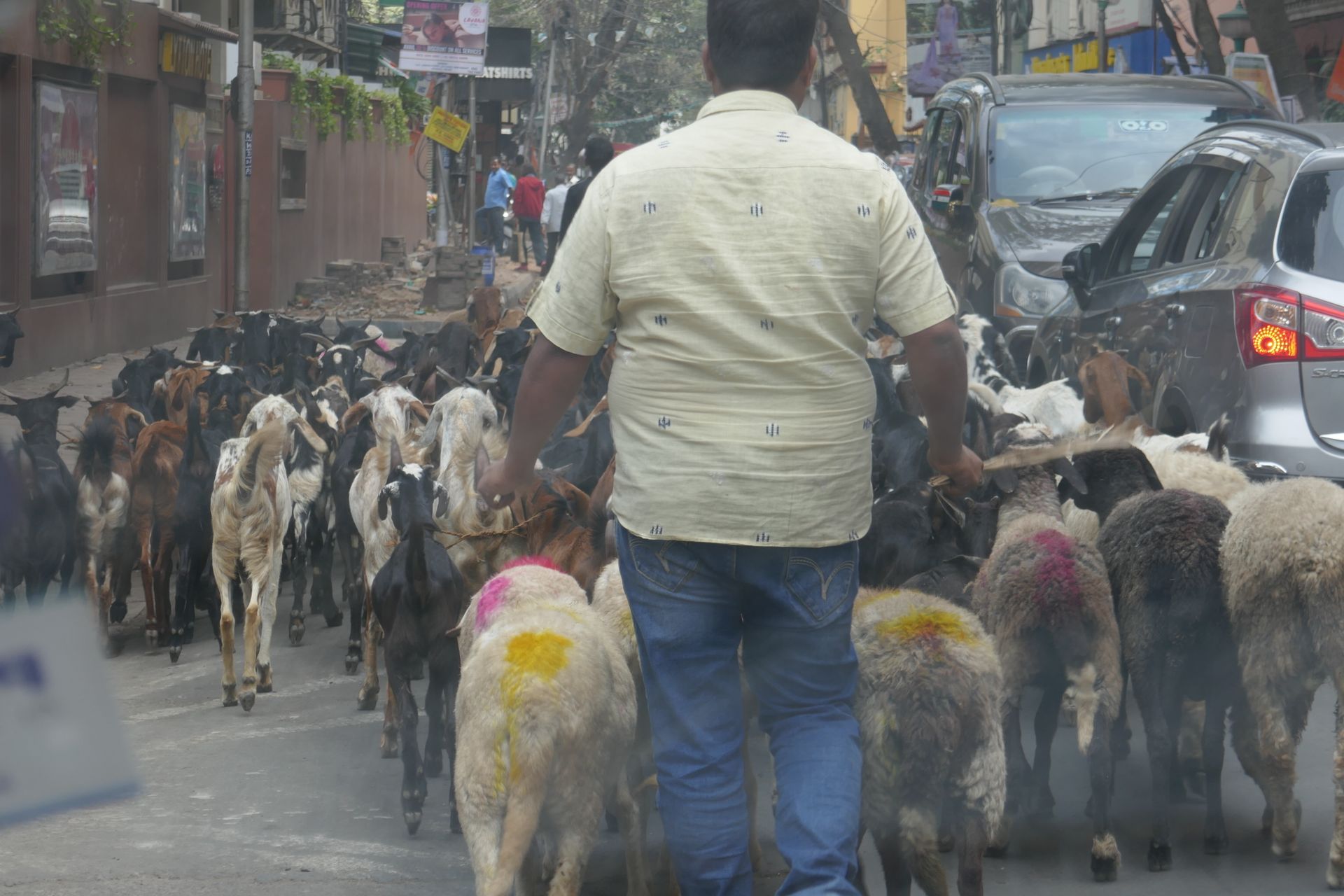
Only a herd of goats separates us from the office of the backpackers, where the car is waiting for us.
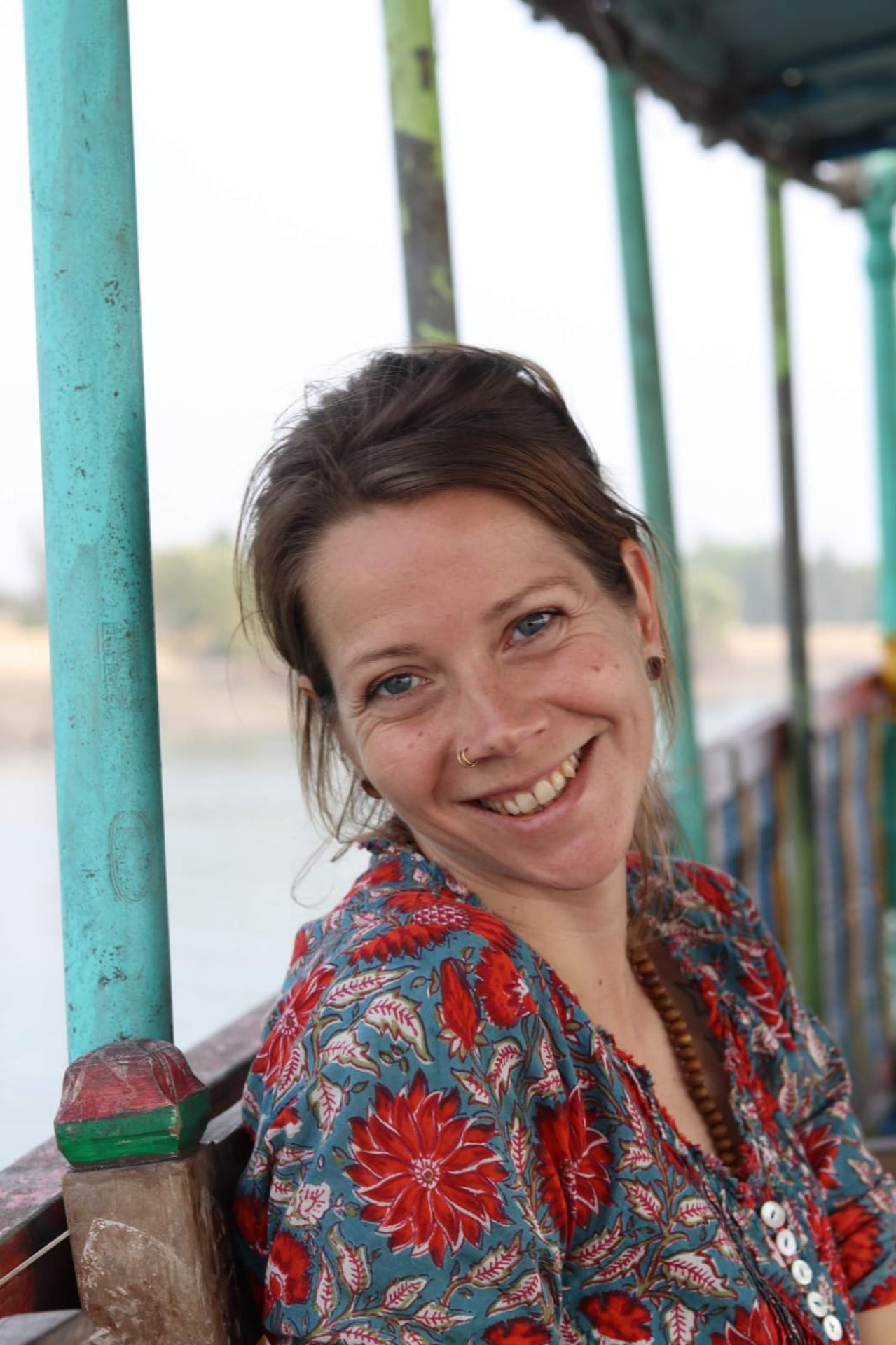
And after three hours of driving, I am happy to be back on the boat and soon in the Eco Village, where I greet the little dog family...
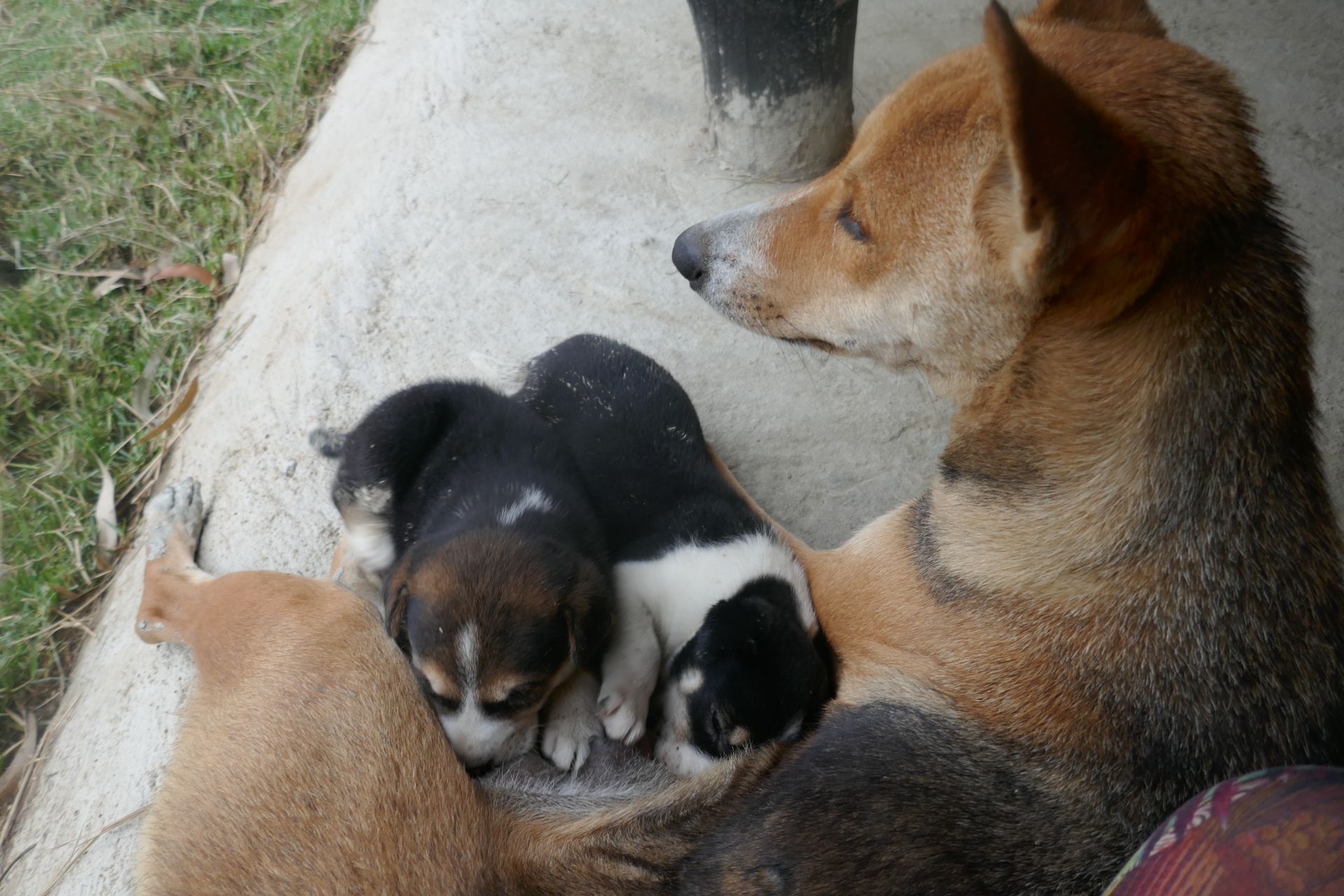
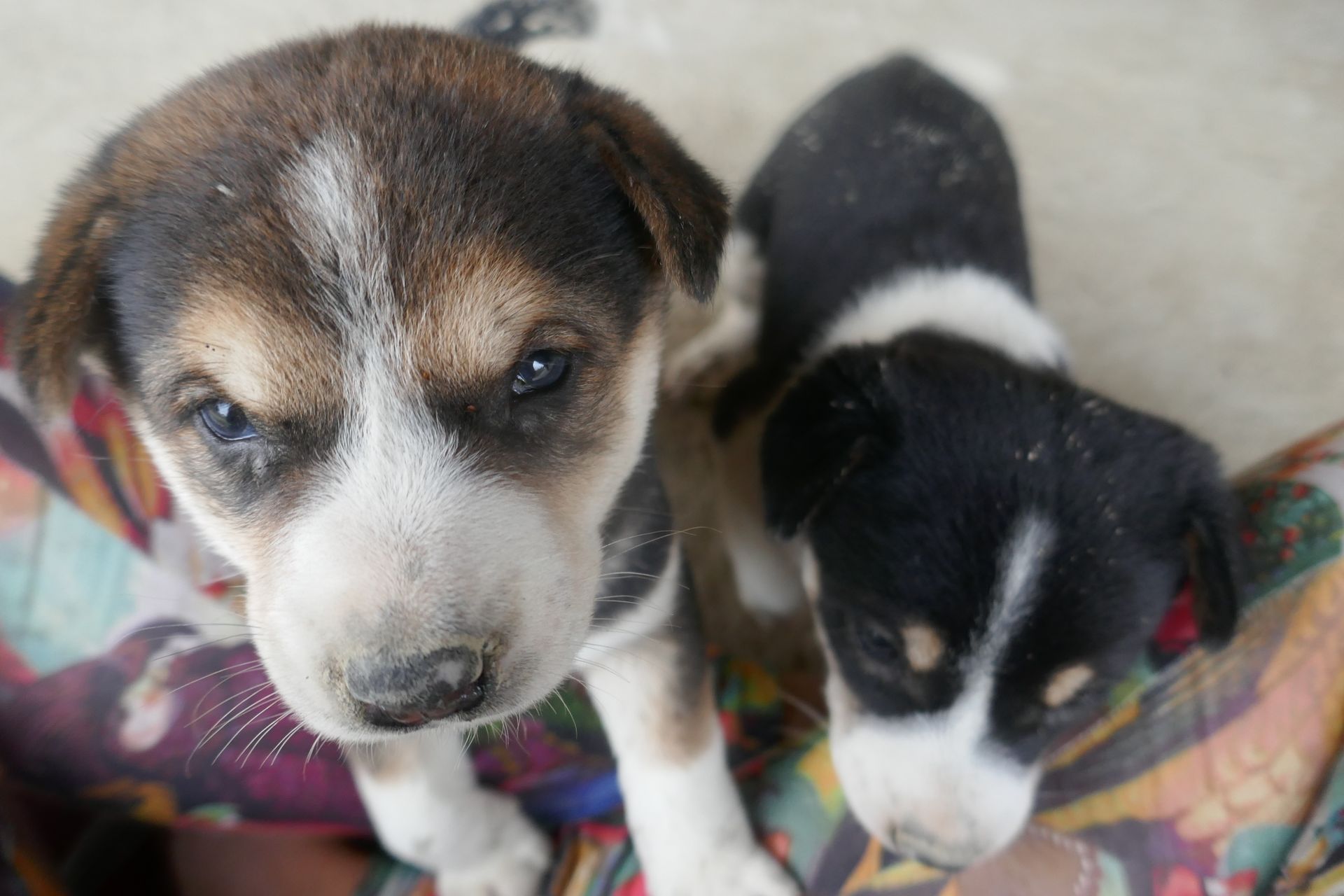
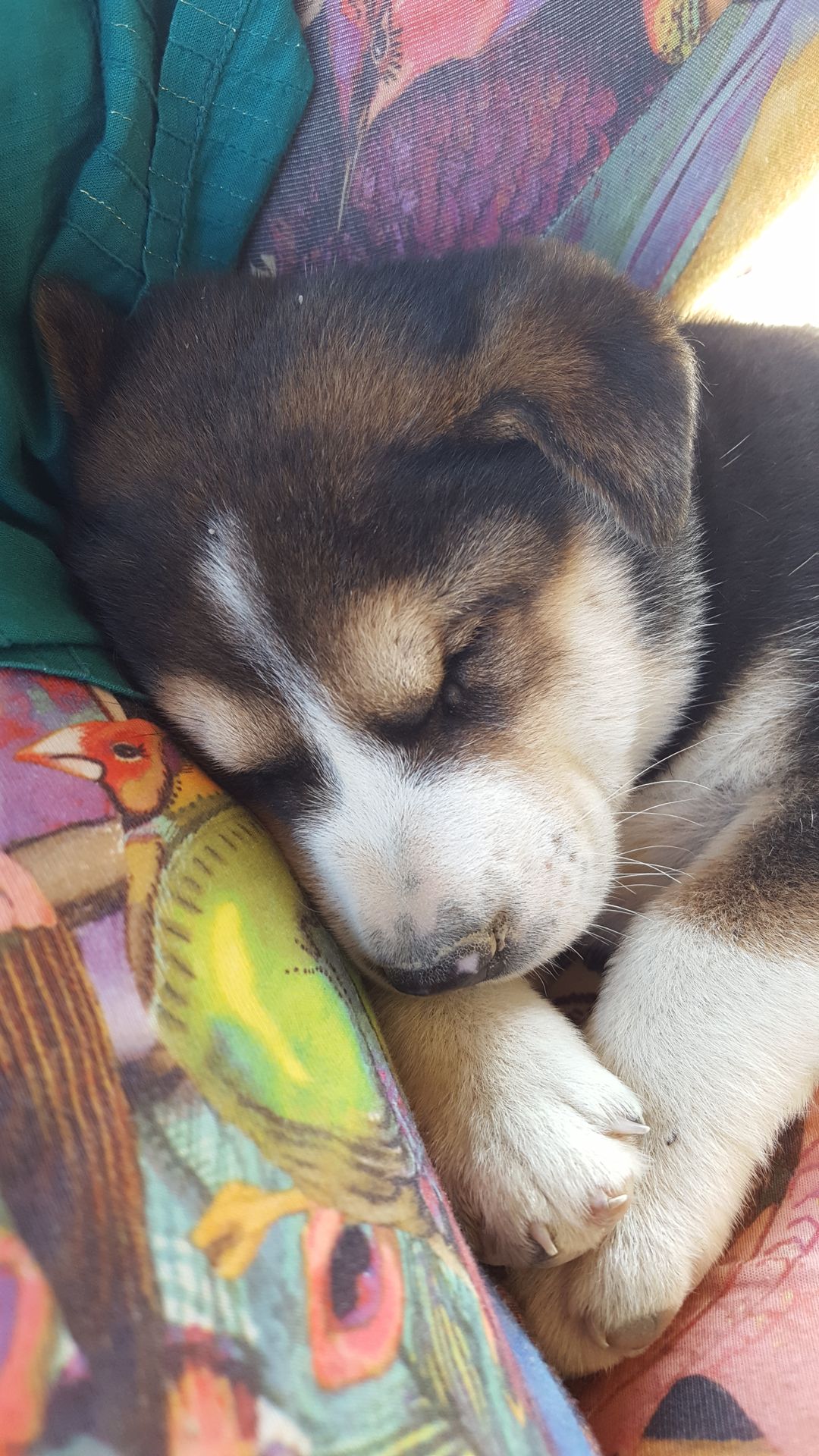
... and other offspring.
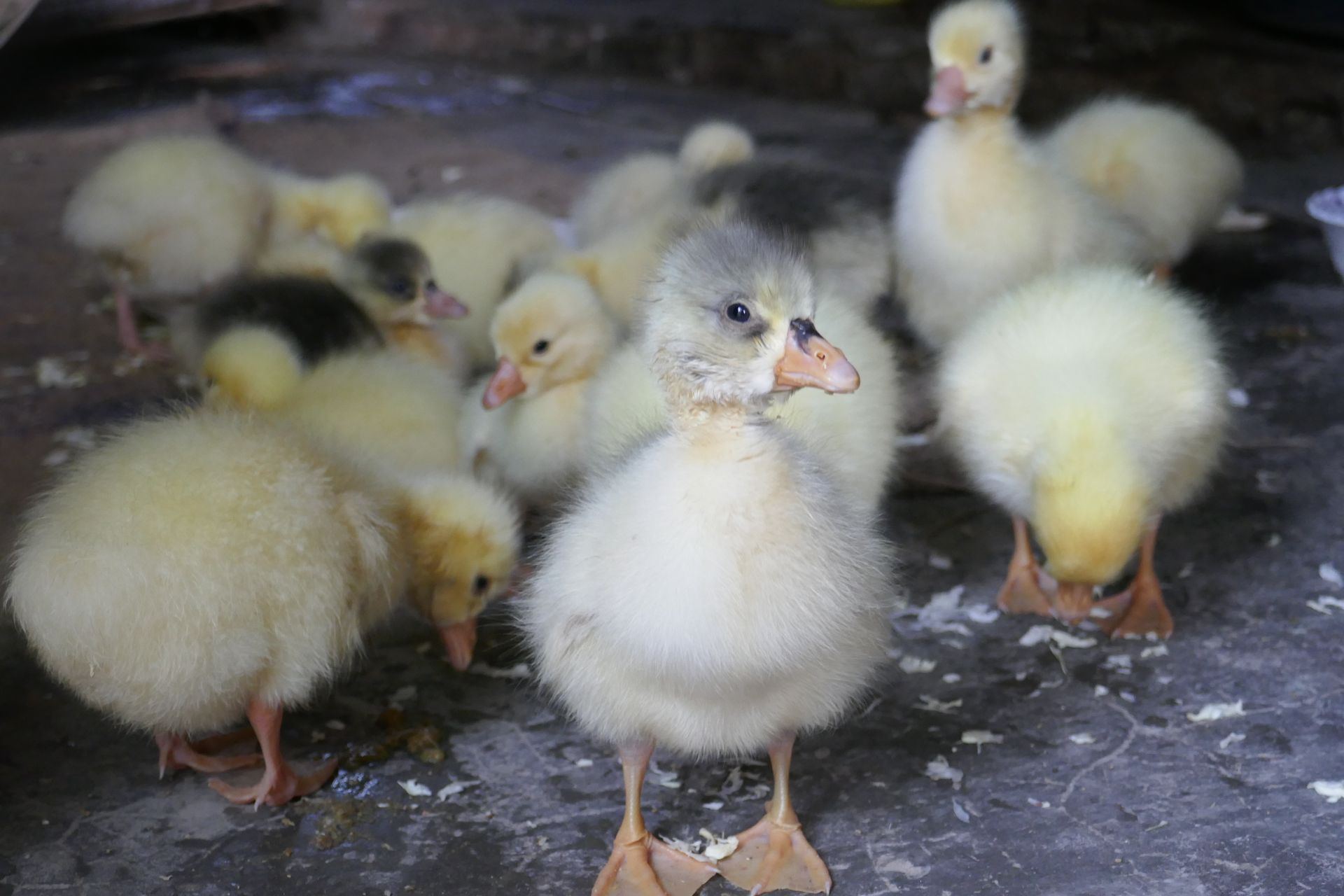
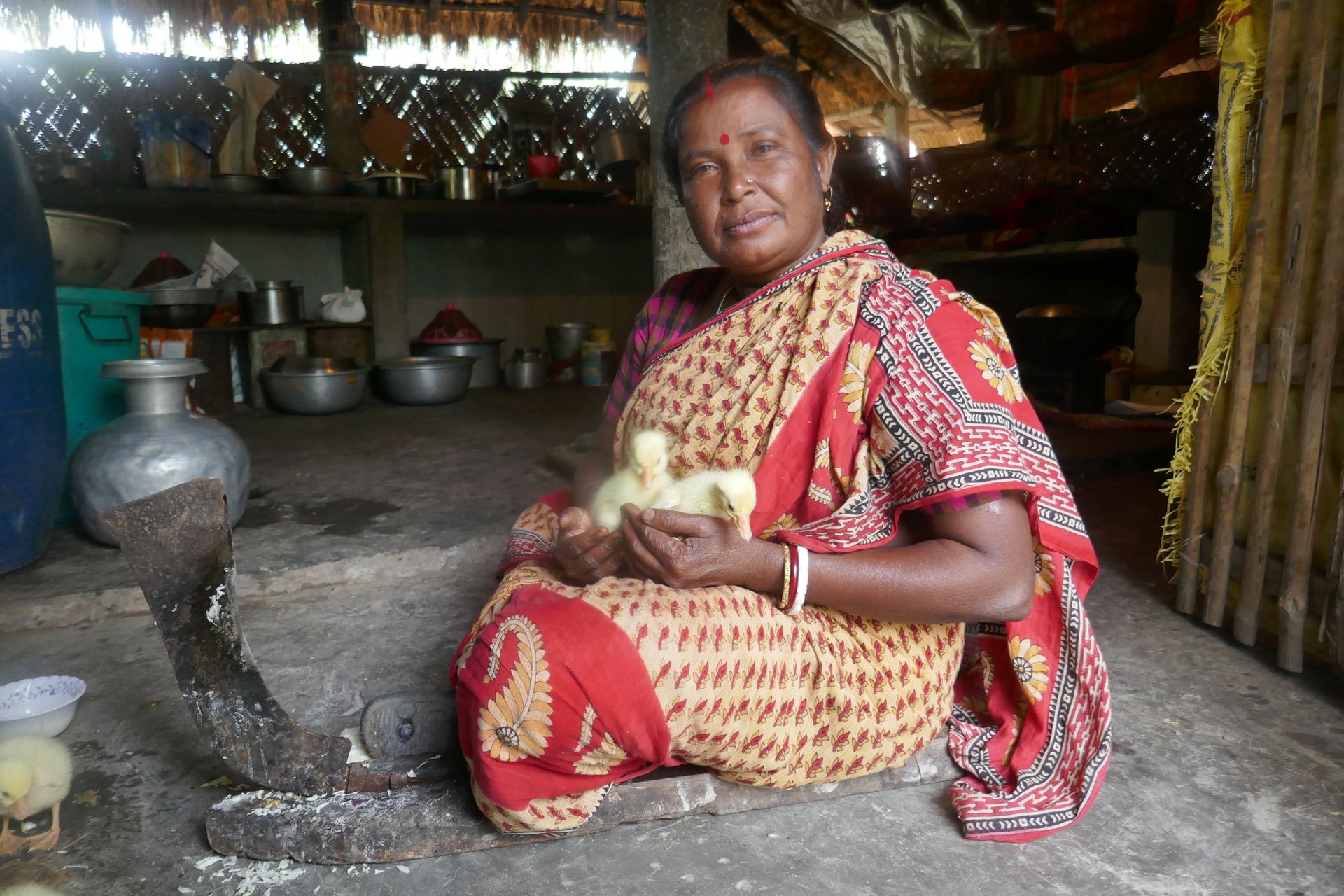
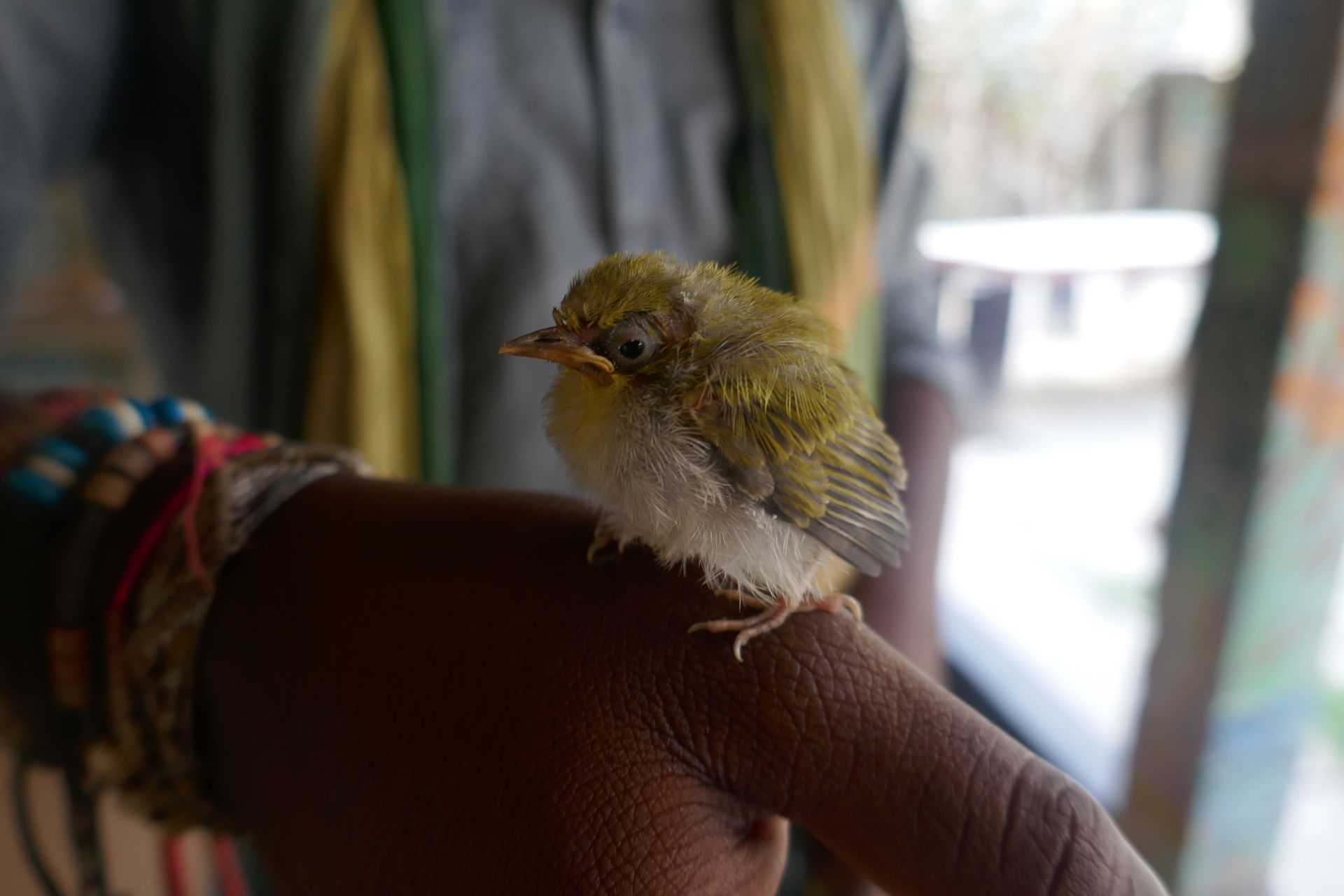
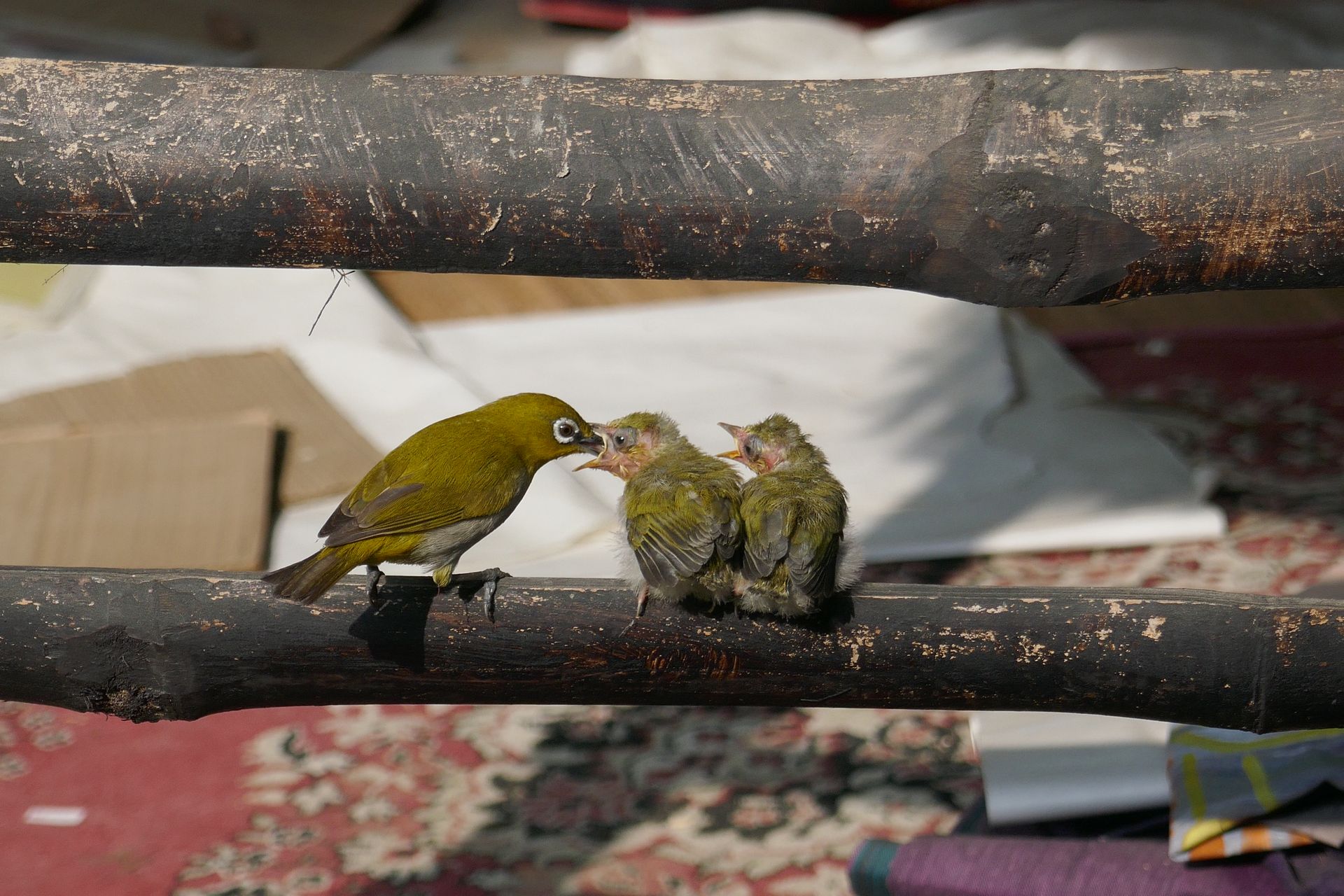
There was already a lot of work waiting for Louise and me, like this bench that had neither a seat nor a backrest before our arrival.
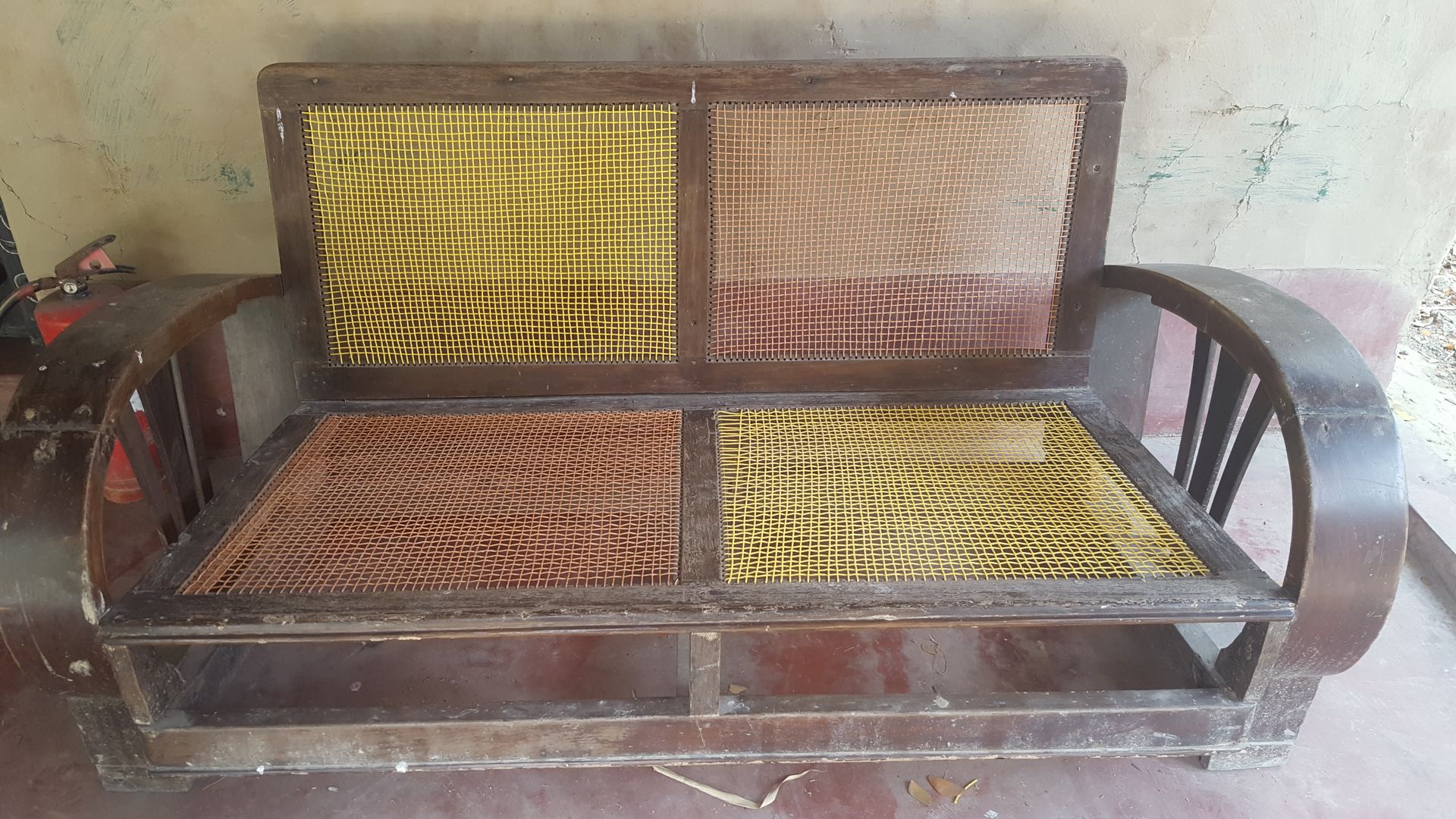
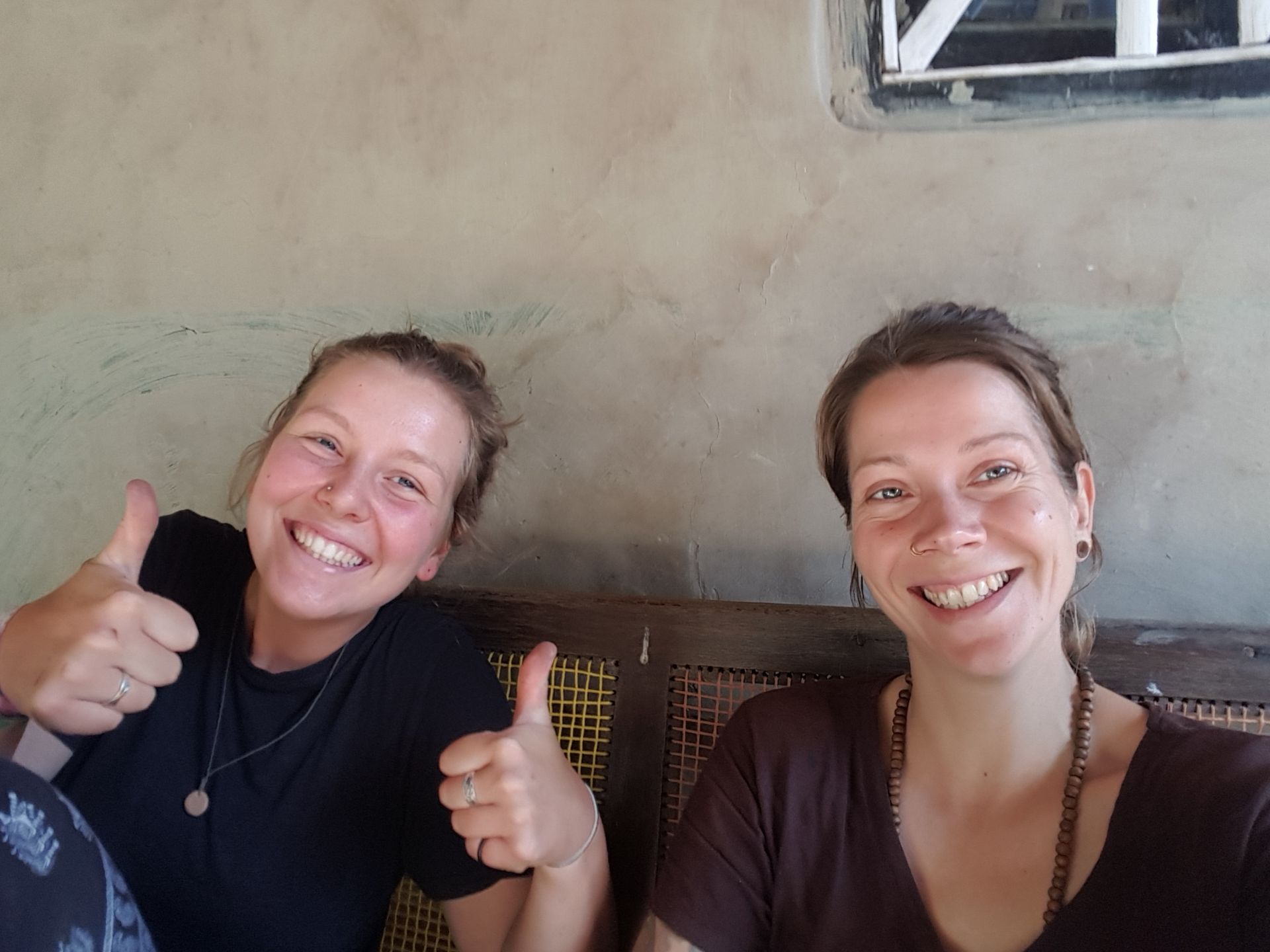
But there was also enough time for other things. During a walk through the village, we ended up in the middle of a puja (prayer ritual) for the goddess Bonbibi. The goddess of the forest is said to protect people from the potentially deadly dangers of the mangrove forests.
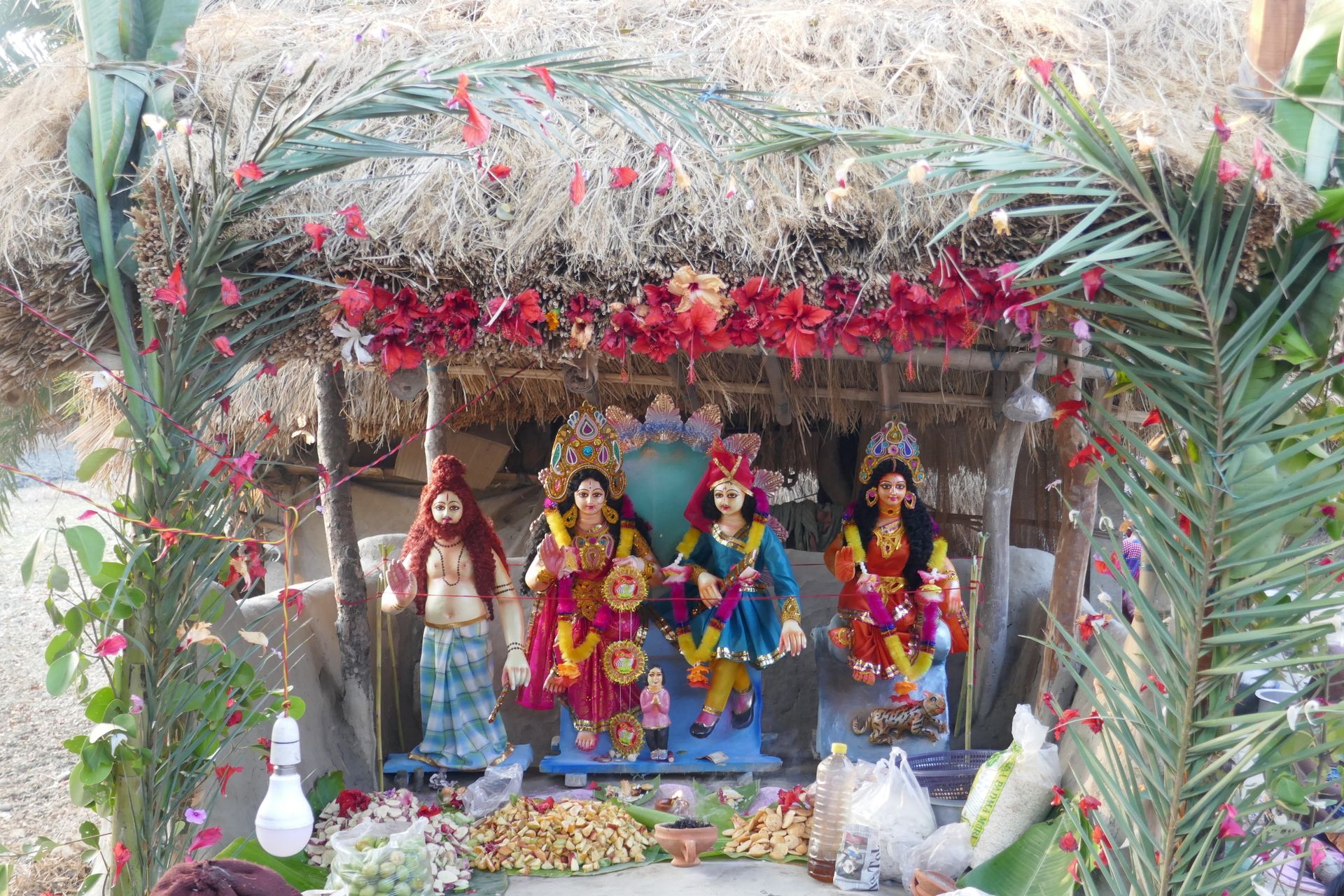
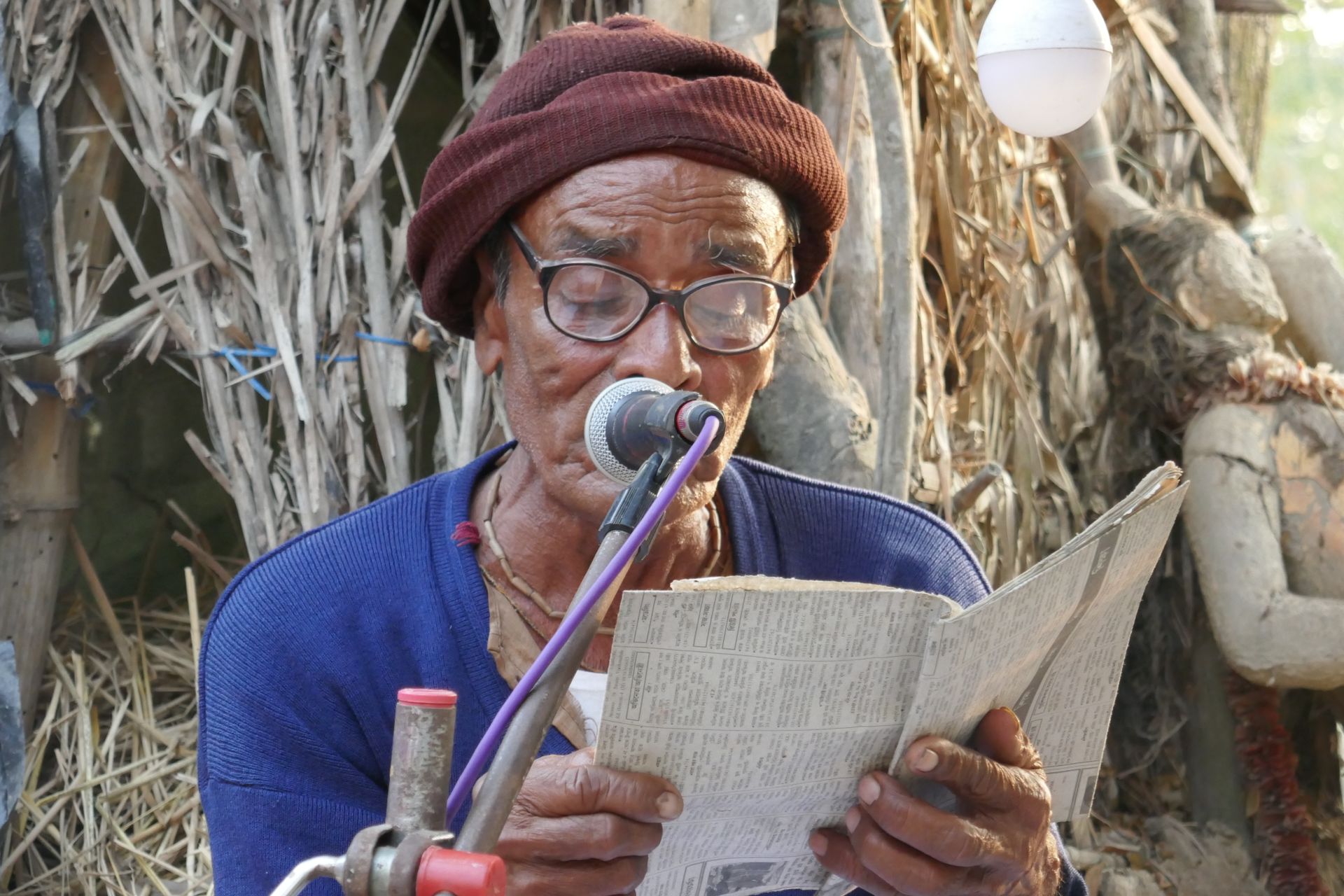
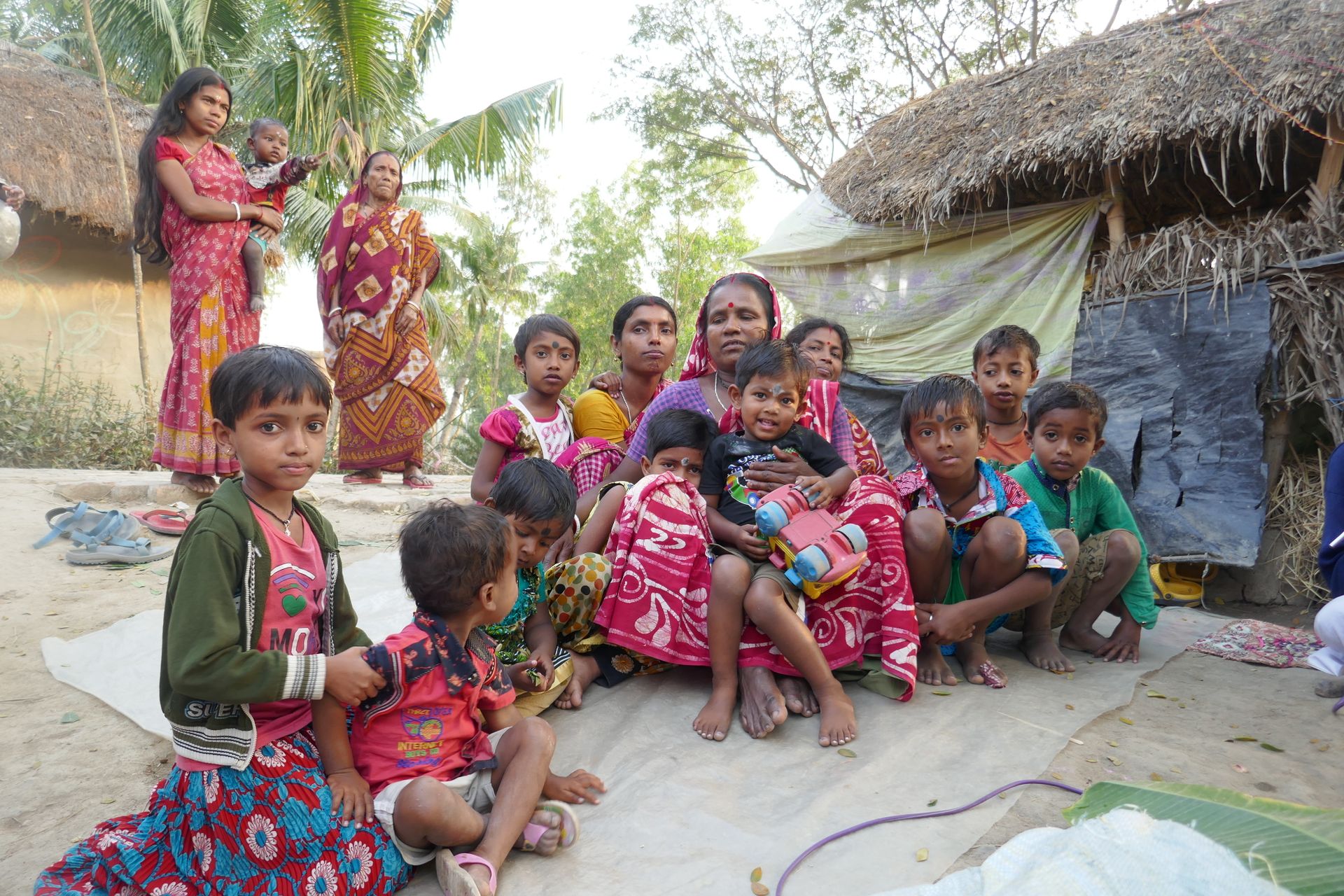
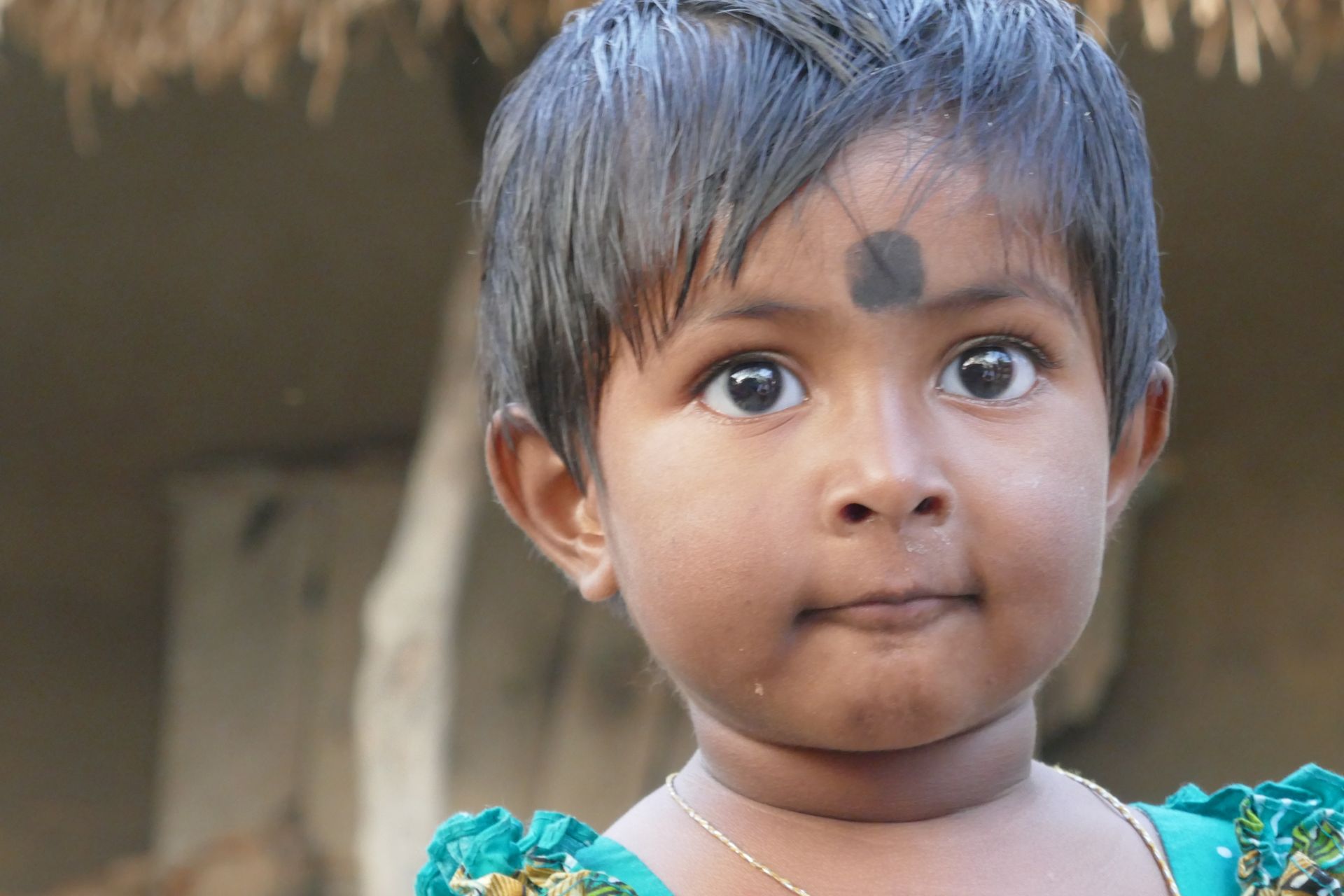
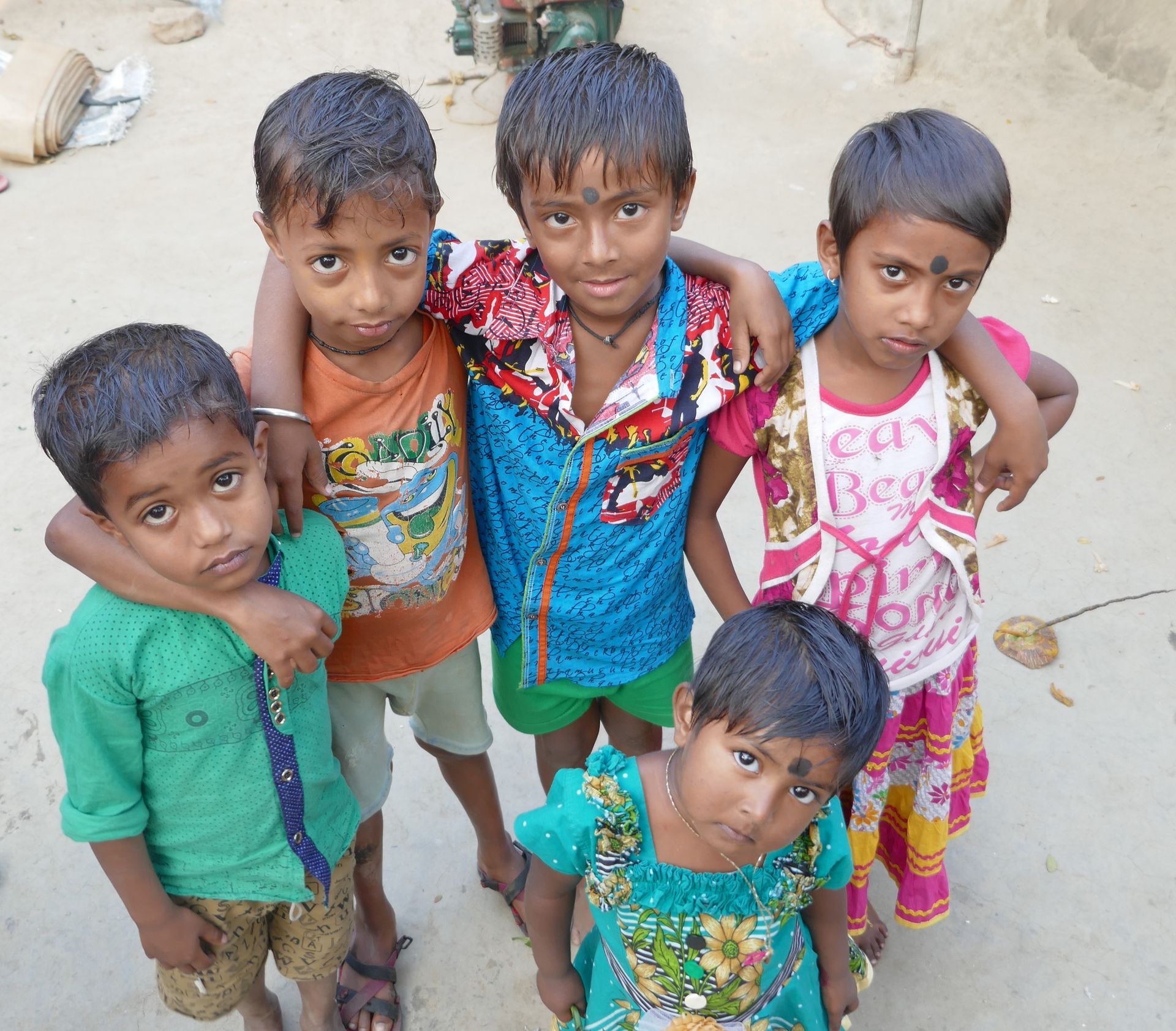
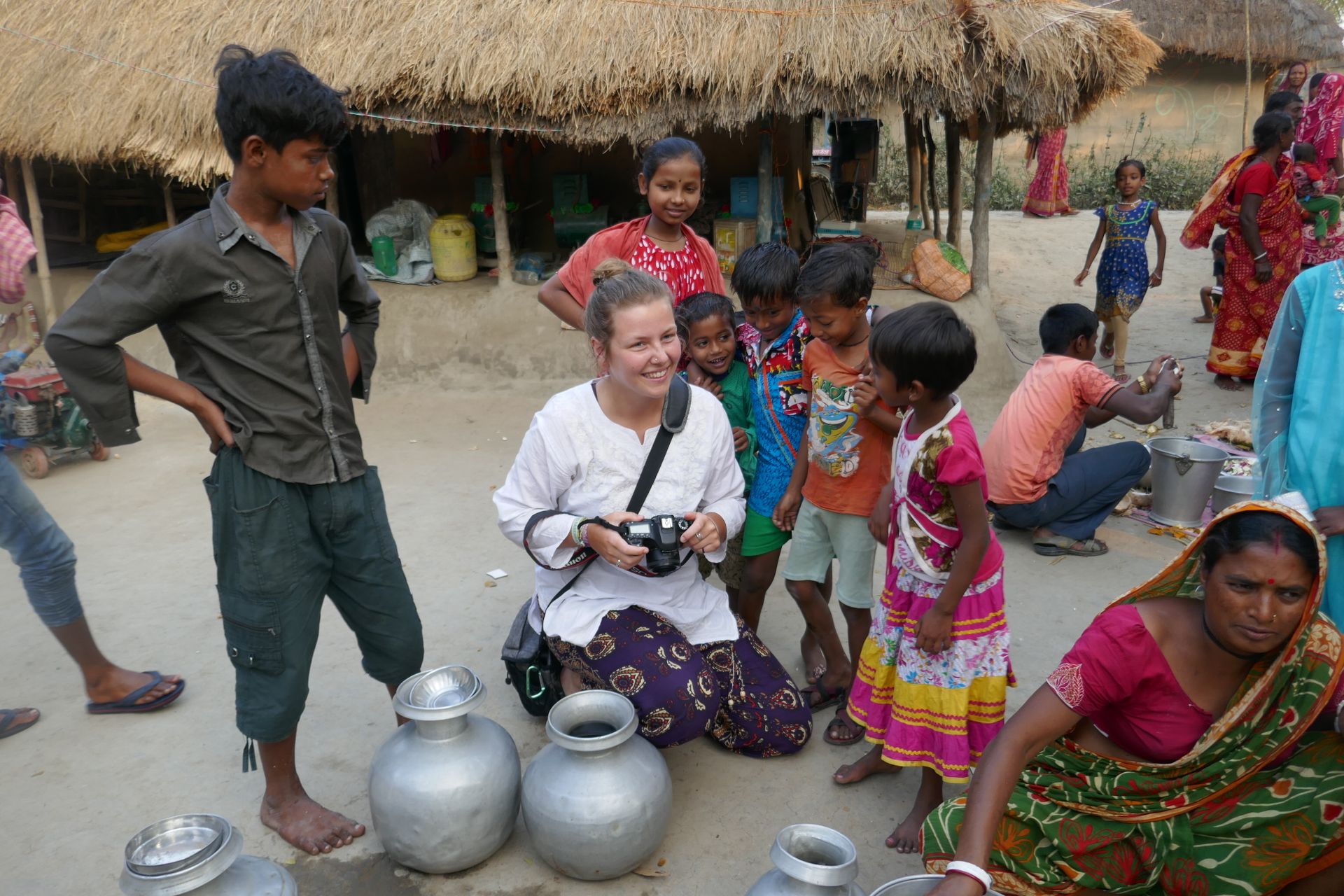
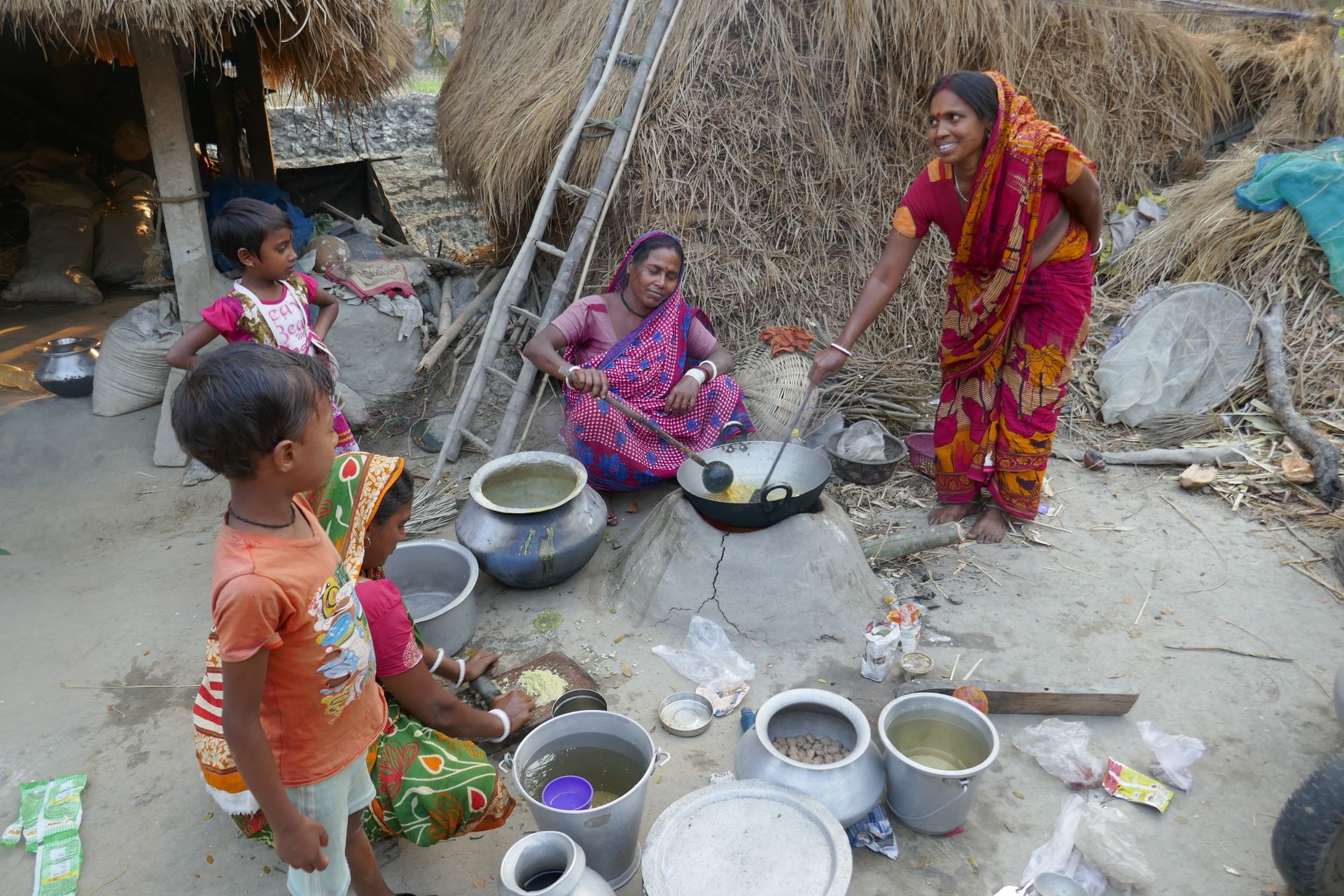
I would have liked the big family to keep us for dinner, but before it got dark, we decided to head back.
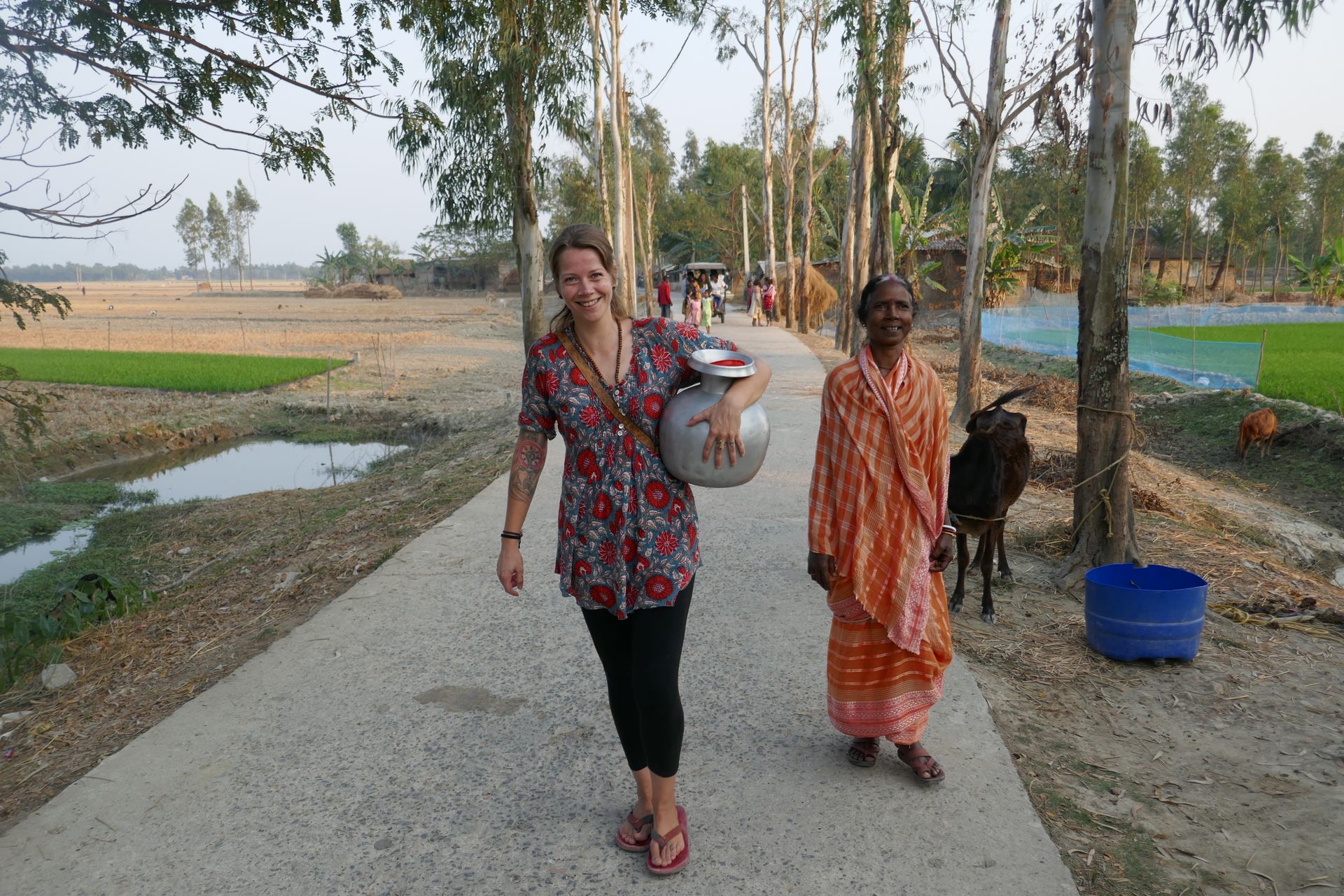
On a Friday afternoon, on the way home from the cockfight that I wanted to show Louise, we met Gita, who also works in the Eco Village. She had just come from fetching water - the government operates fresh water connections every 500 meters on the island. You might not be able to tell from the picture, but the jug is damn heavy. Gita was happy for the help and invited us to have tea at her house.
After almost two weeks, it was time to say goodbye to Louise. I had a very nice time with her and I am curious about what she will experience in the coming months in India. She describes her impressions in her blog: www.currycowsandchaos.wordpress.com
With Louise's departure, my last weeks in the Eco Village also began. A while ago, I decided that I would like to visit another part of India before returning to Germany, so I would leave the Sundarbans at the beginning of April.
In the last few weeks, there were still some highlights, in addition to everyday life, which became more and more ordinary for me. In early March, there was Shivratri - the night of Shiva. During the day, I prepared flower garlands with Karkuli, the sister of my friend Tumpa, which were used to decorate a small Shiva temple in the Eco Village in the evening. As darkness fell, more and more women from the village came to celebrate the night of Shiva in the Eco Village.
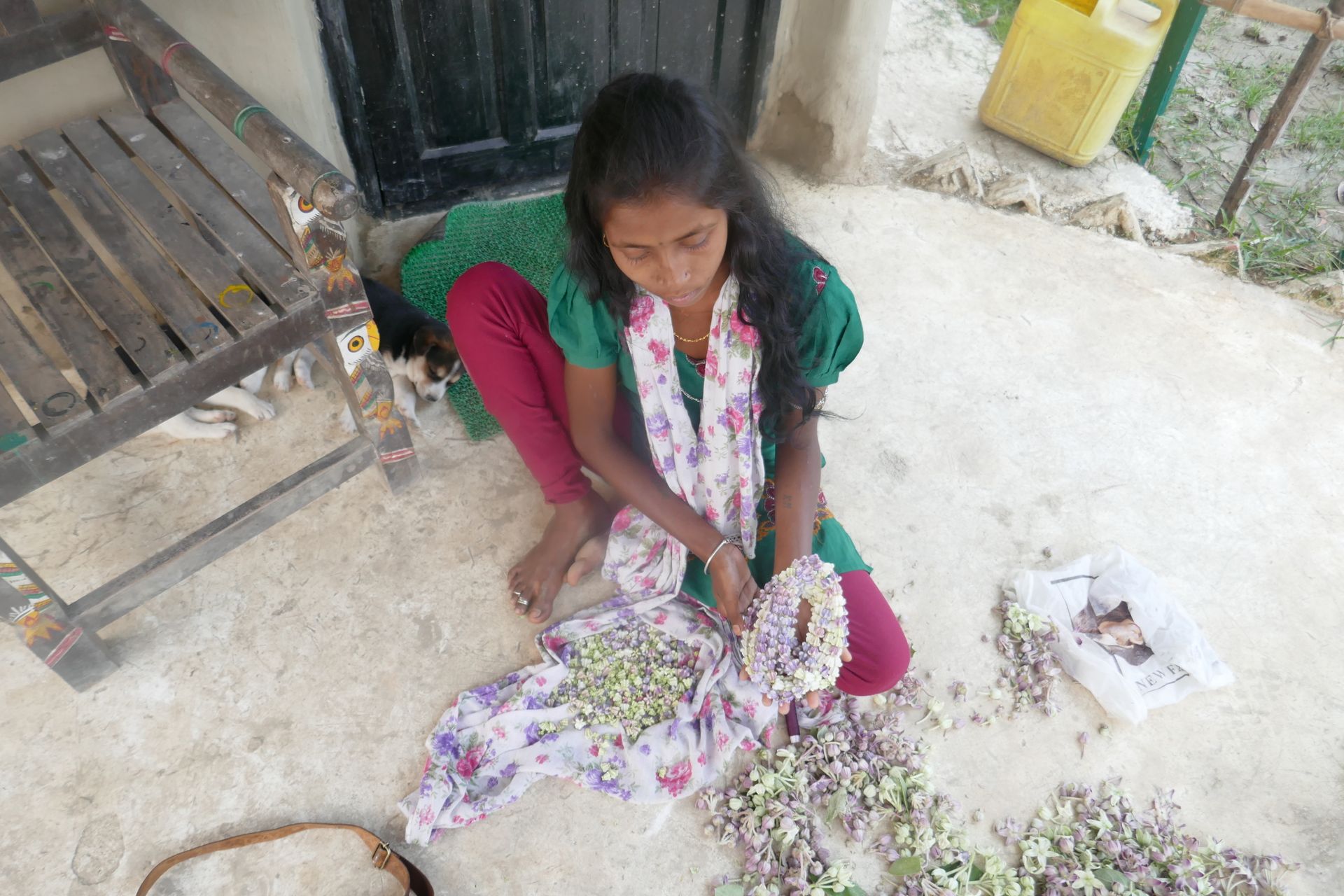
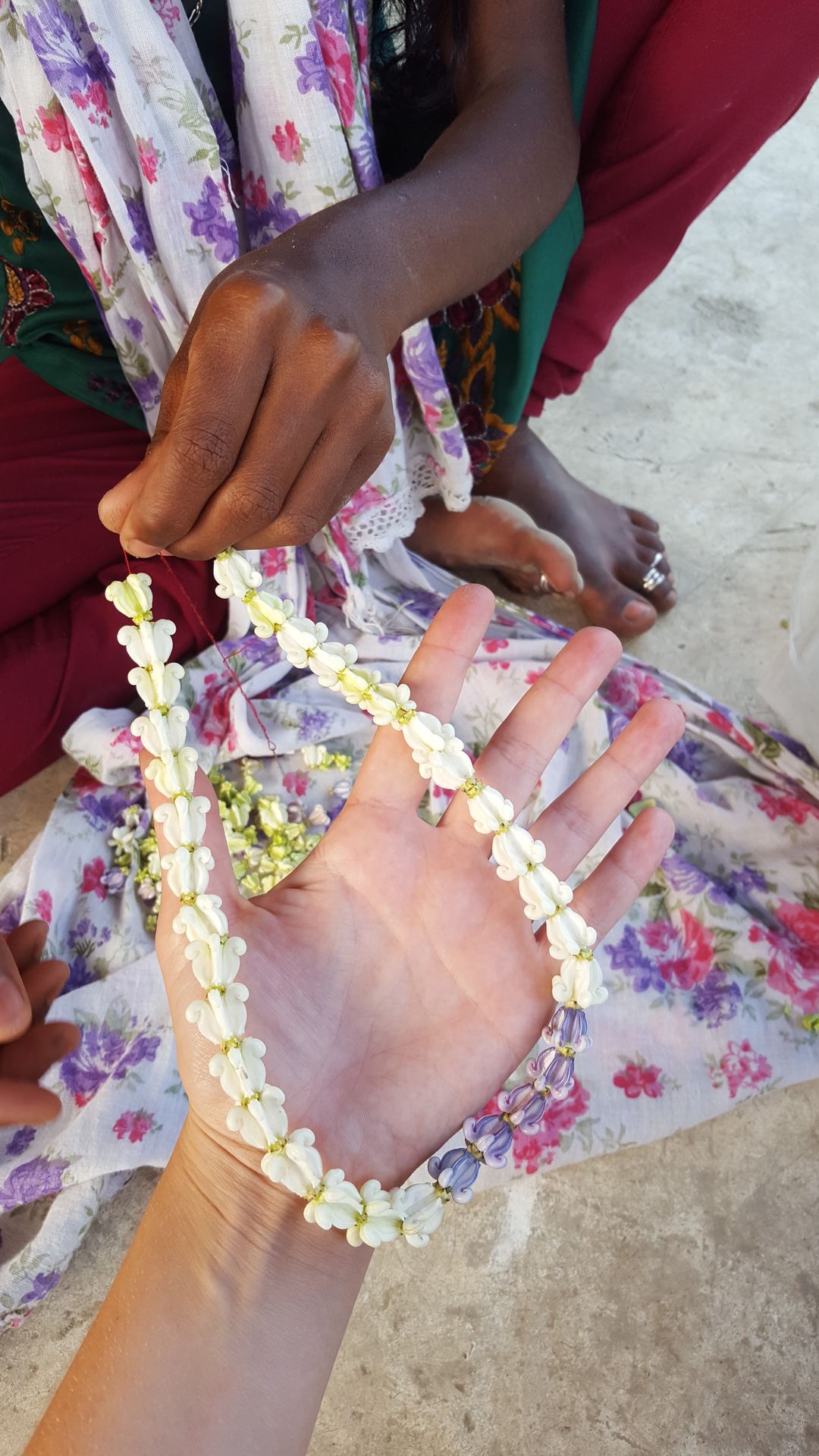
Everyone was wearing their most beautiful saris, and so I spontaneously decided to take advantage of the opportunity and wear a sari again, this time my own. The girls were happy that they could help me get dressed - I still have no idea how to properly wear a sari and how a woman manages to wrap those nine meters of fabric around her body alone.
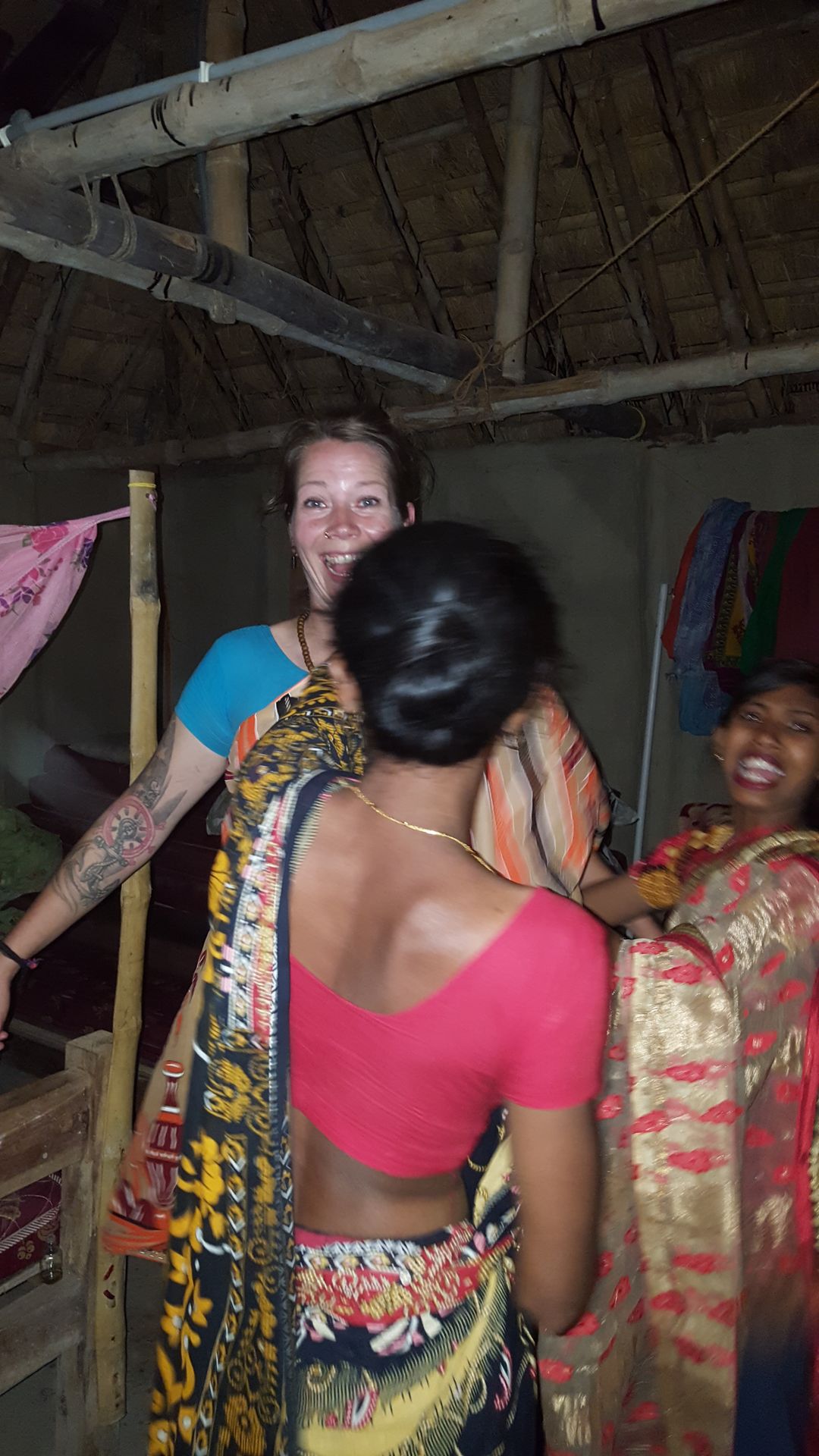
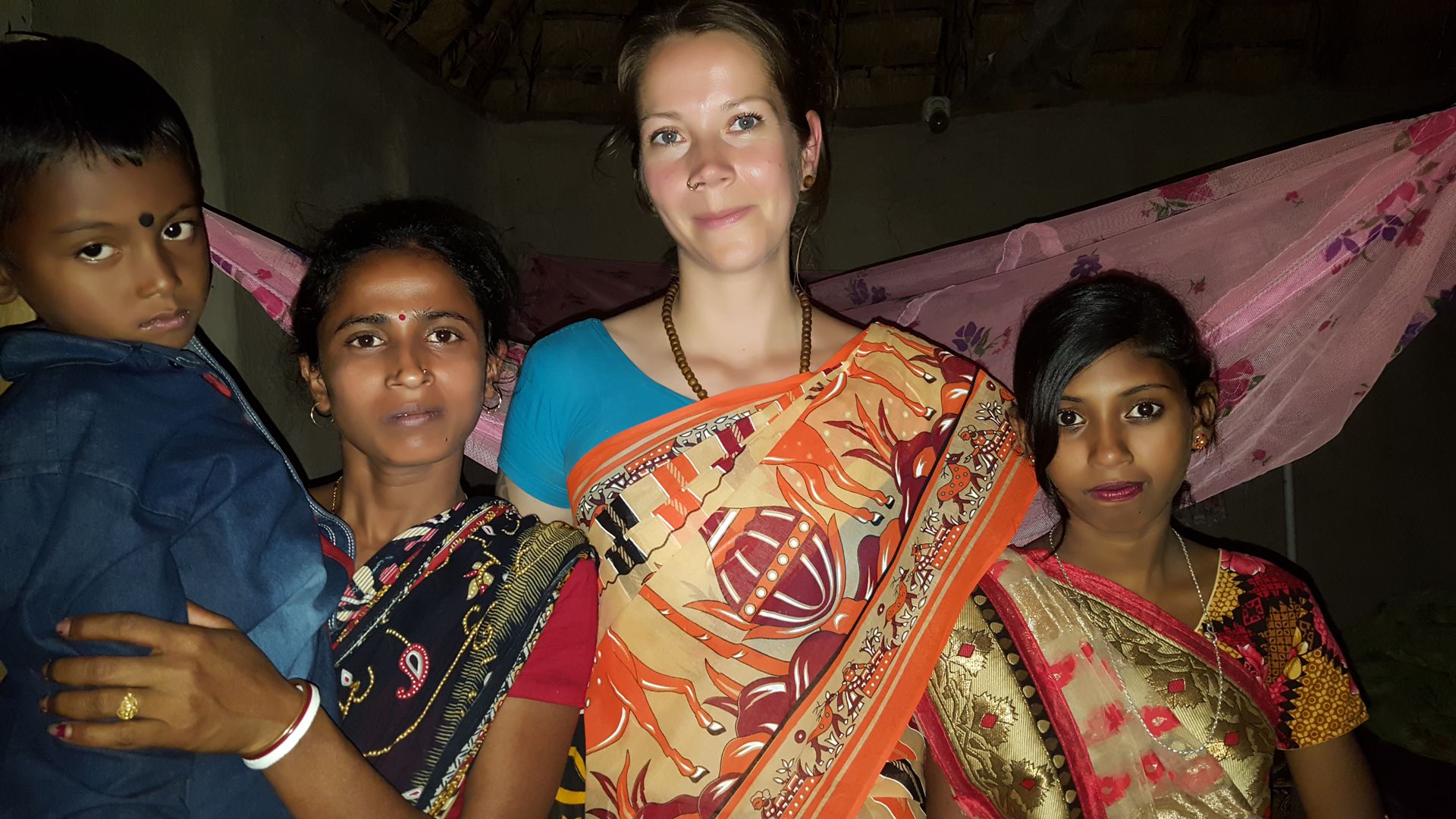
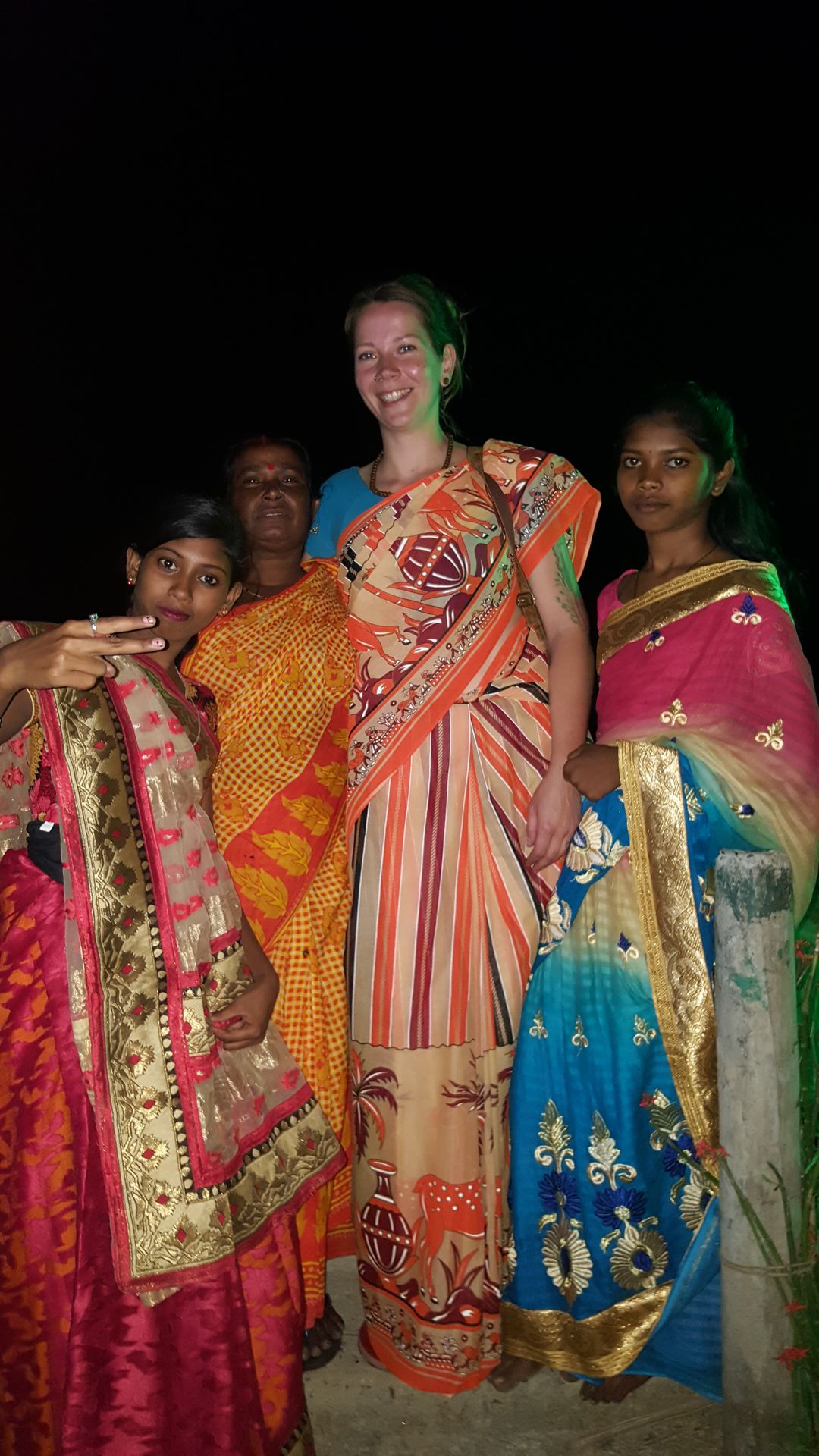
The women and girls from the village sat in the temple until sunrise, celebrating various rituals. However, I was too tired to stay up all night.
A few days later, there was the wedding of one of Josna's daughters, also an employee in the Eco Village. I was invited and finally attended an Indian wedding. It was very traditional and typical for a West Bengal village. Fortunately, there were not 1000 guests, as is often the case with weddings of very wealthy Indians. For me, this celebration was quite unusual, as I had only been invited to weddings in Germany before. I didn't attend the entire ceremony, which lasts several hours. The bride and groom, in this case at most 18 years old, sit with their heads bowed while a priest performs various rituals, observed and accompanied by family, neighbors, and other villagers. Everyone gathers around the couple. I particularly noticed the sad look of the young bride. When I asked, Rajesh explained to me that the bride is expected to be sad, but she is also genuinely sad. Because the day after the wedding, she will leave her family and move to her husband's family. In fact, it is not just a move, but the bride becomes part of her husband's family. They live on the neighboring island, only a few minutes away by ferry. But even if they lived just a few houses away, nothing would be the same anymore. From now on, the woman needs her husband's and in-laws' permission to visit her parents and sisters. I wish her that her new family is well-disposed towards her and treats her well.
I didn't take any photos at the wedding. This picture shows how the next day, in a sort of procession, the bride and groom are carried to their new home in a litter. The bride sits in the litter and cries.
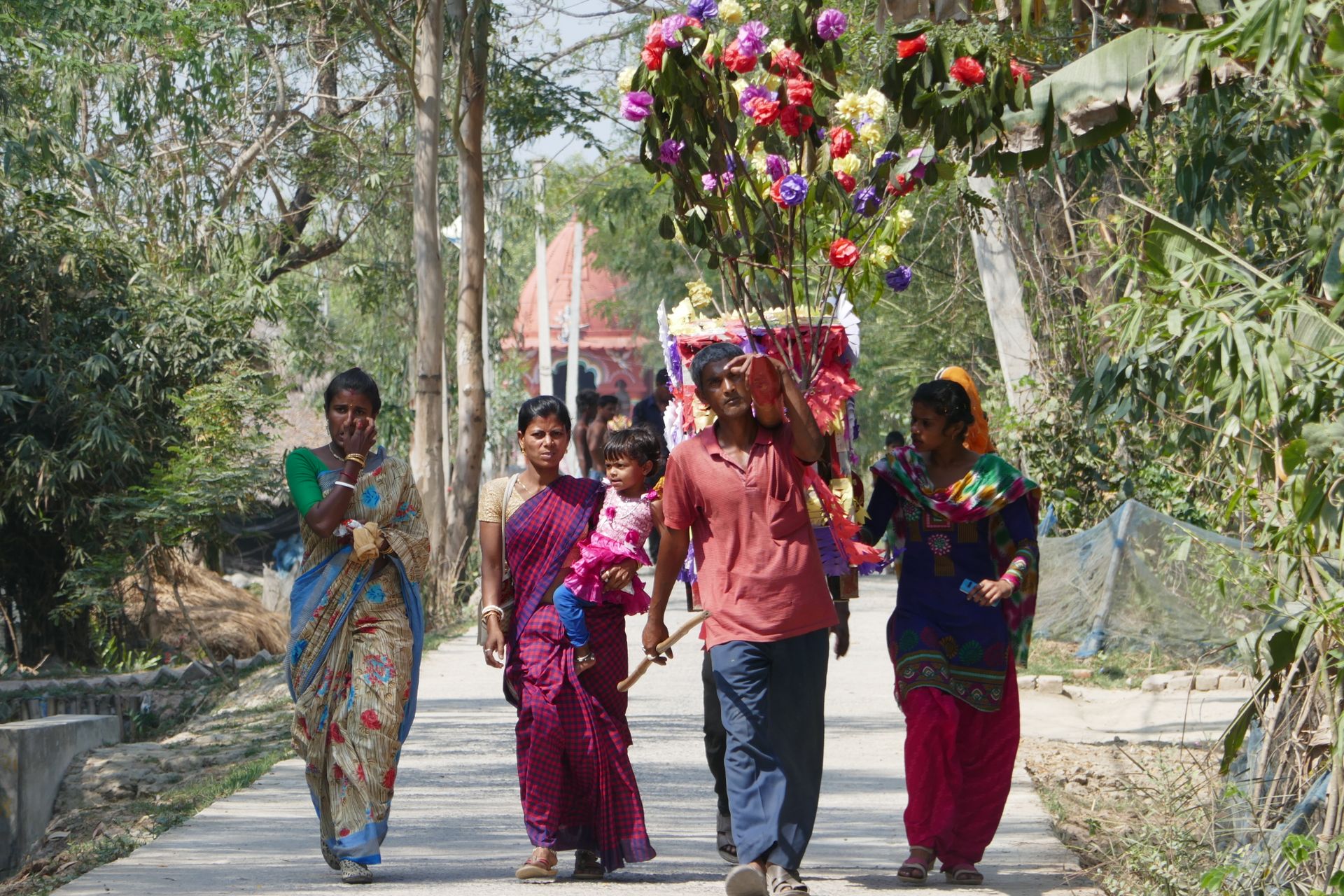
At the end of March, Holi, the Hindu spring festival and festival of colors, was celebrated all over India. I still remember vividly when Eric and I were in Jaipur, Rajasthan during Holi last year. This year, I didn't feel like being in the city and preferred to see what people do in the Sundarbans on this day. In the morning, I was already woken up by very loud music. It was almost as if the loudspeaker box was right next to my bed. Like almost every morning, I went to Rajesh first to ask what work was planned for this day. On the way to his hut, I already met several people with colored faces, and then I knew that I wouldn't do much work that day. The square in front of Rajesh's house was full of children, all armed with different colors of powder and all beautifully colorful.
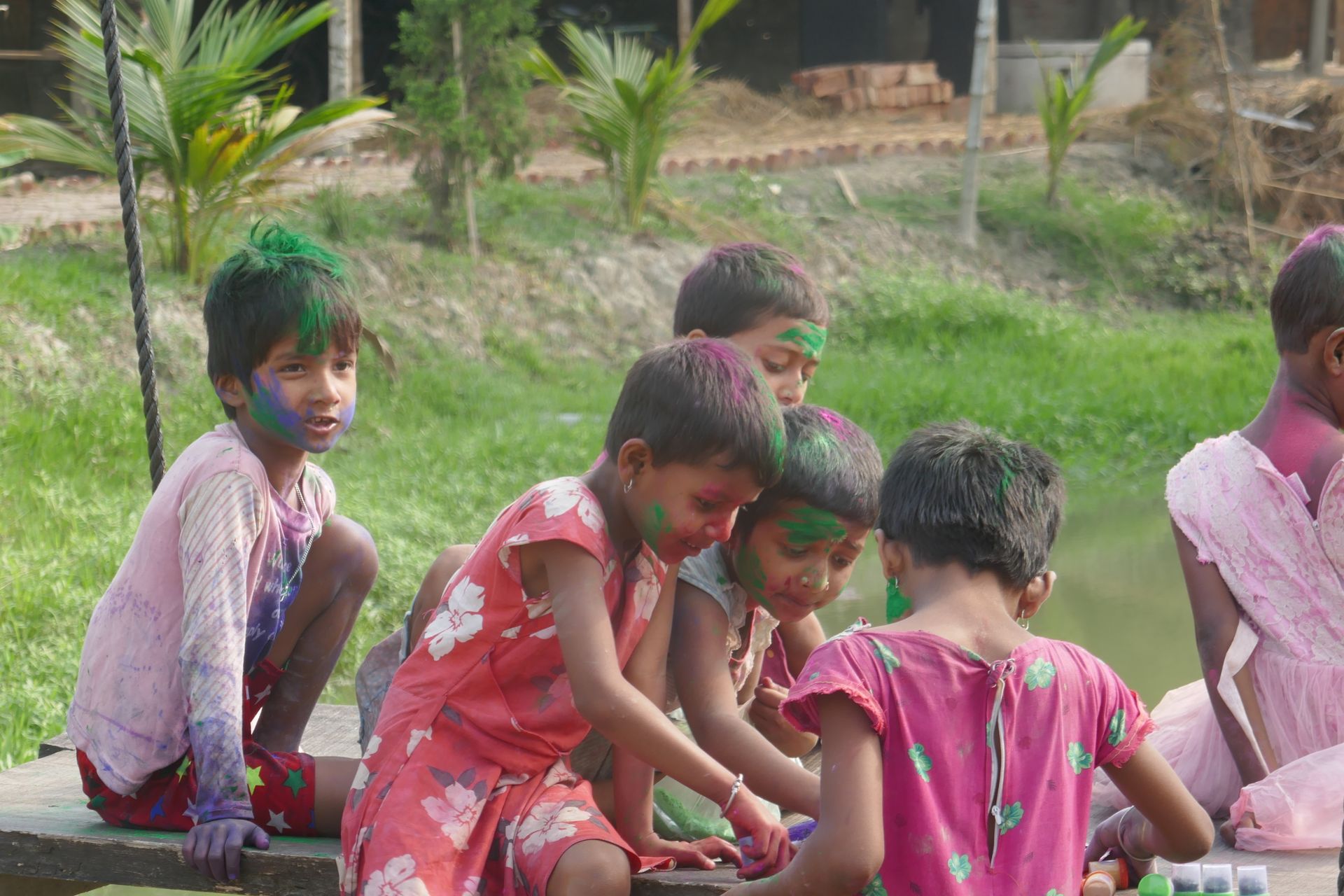
And after about five minutes, this is what I looked like:
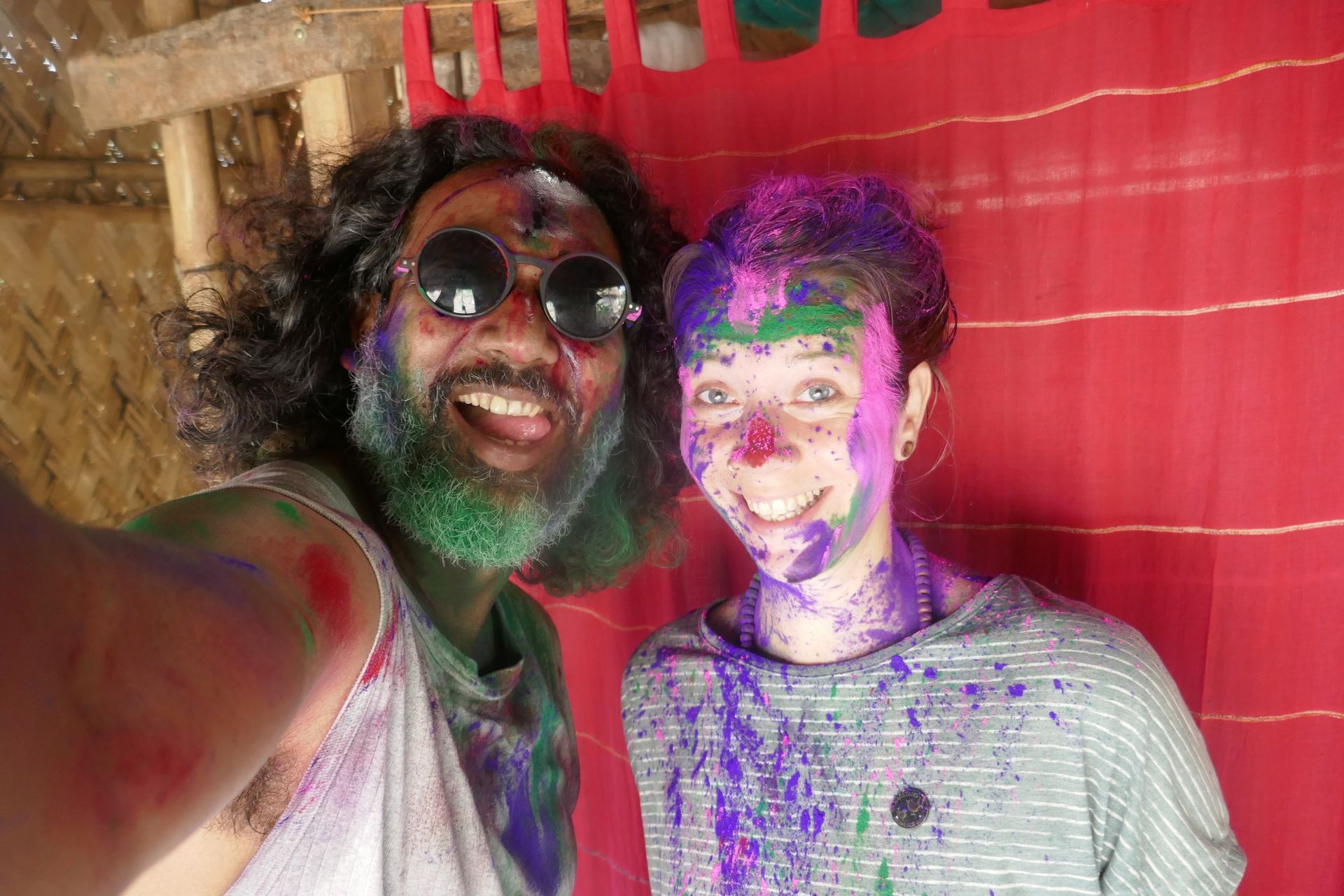
The same continued until the afternoon. Many people, young and old, from the whole village of Sukumari came, danced, threw colors, let themselves be colored, distributed sweets, received food.
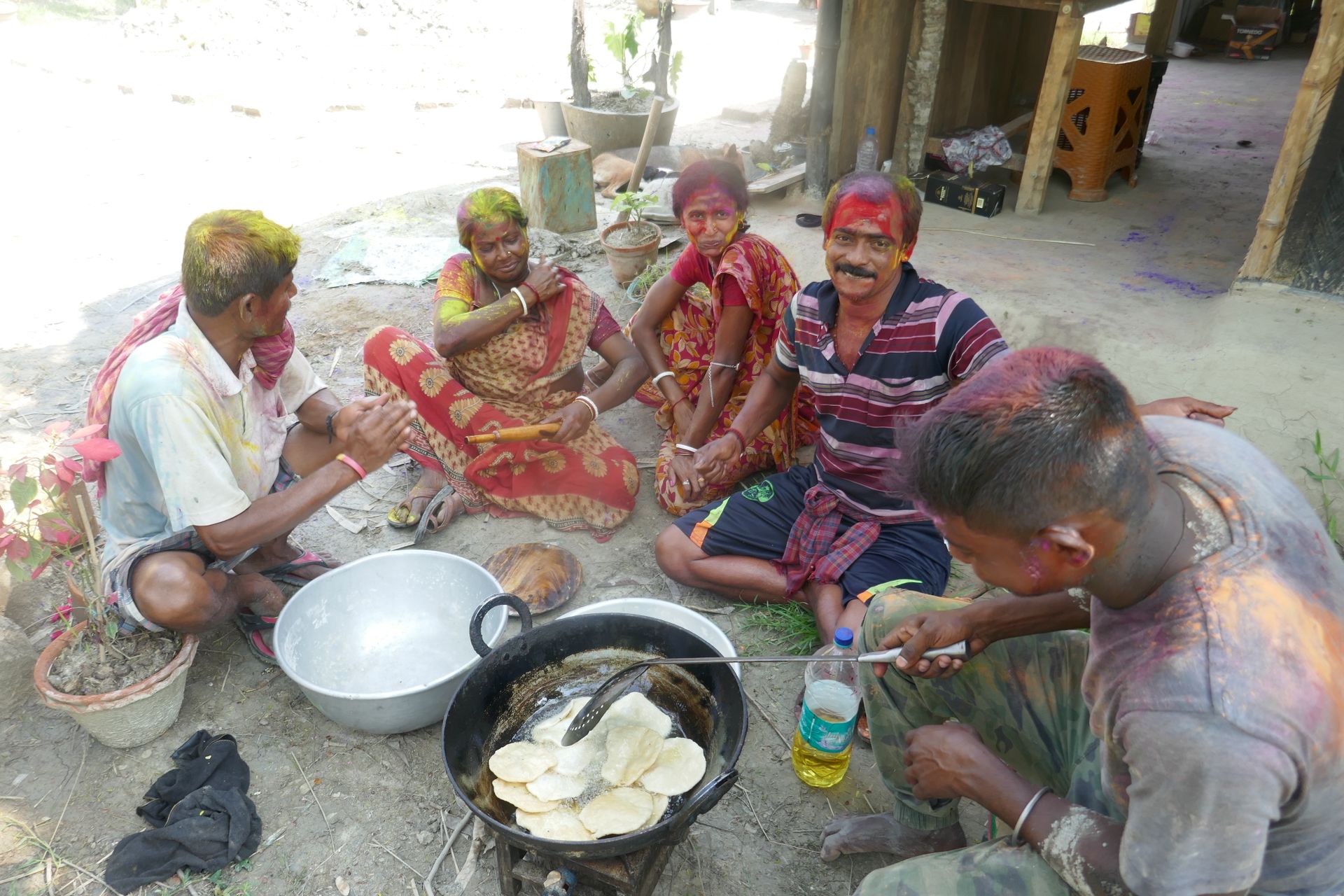
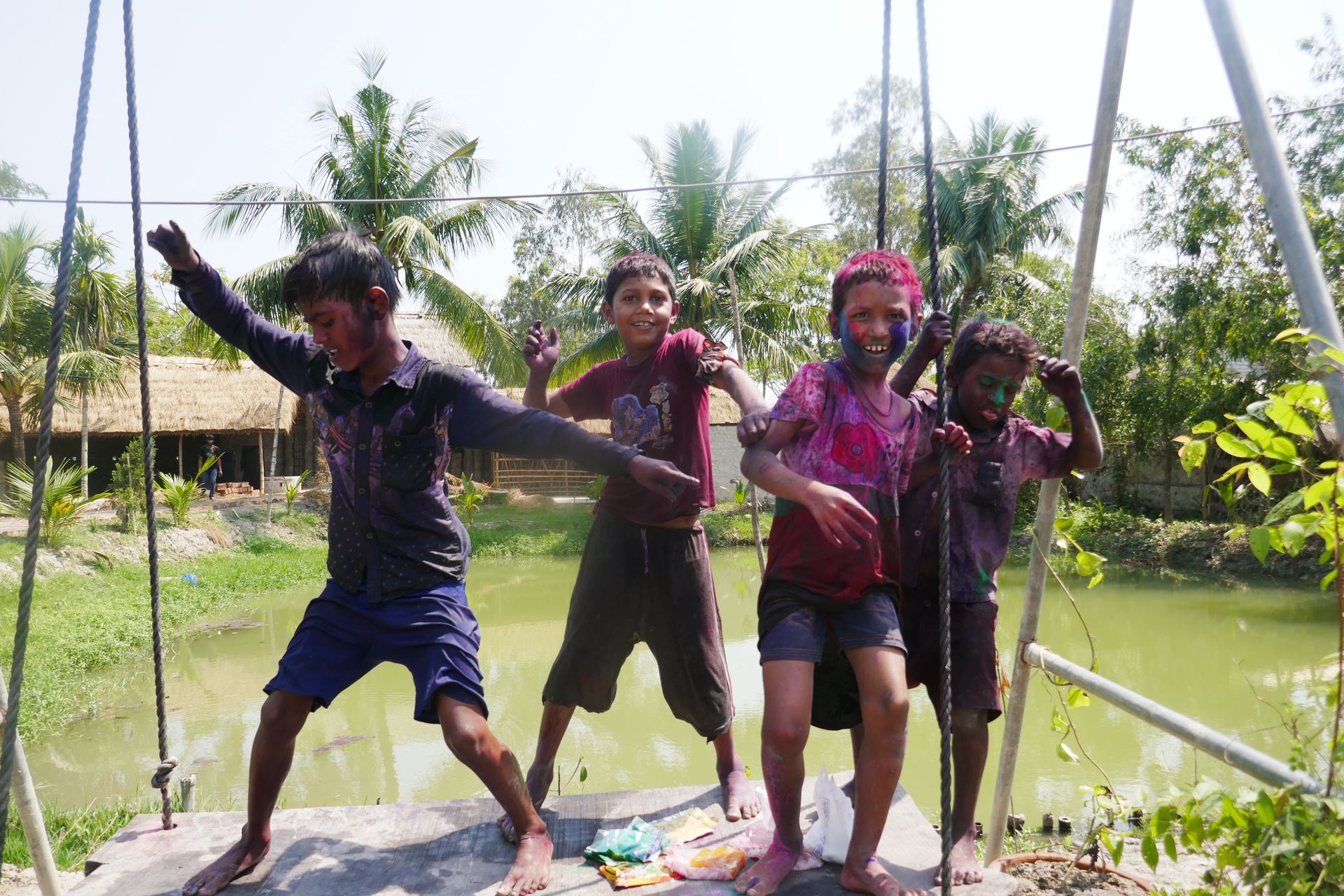
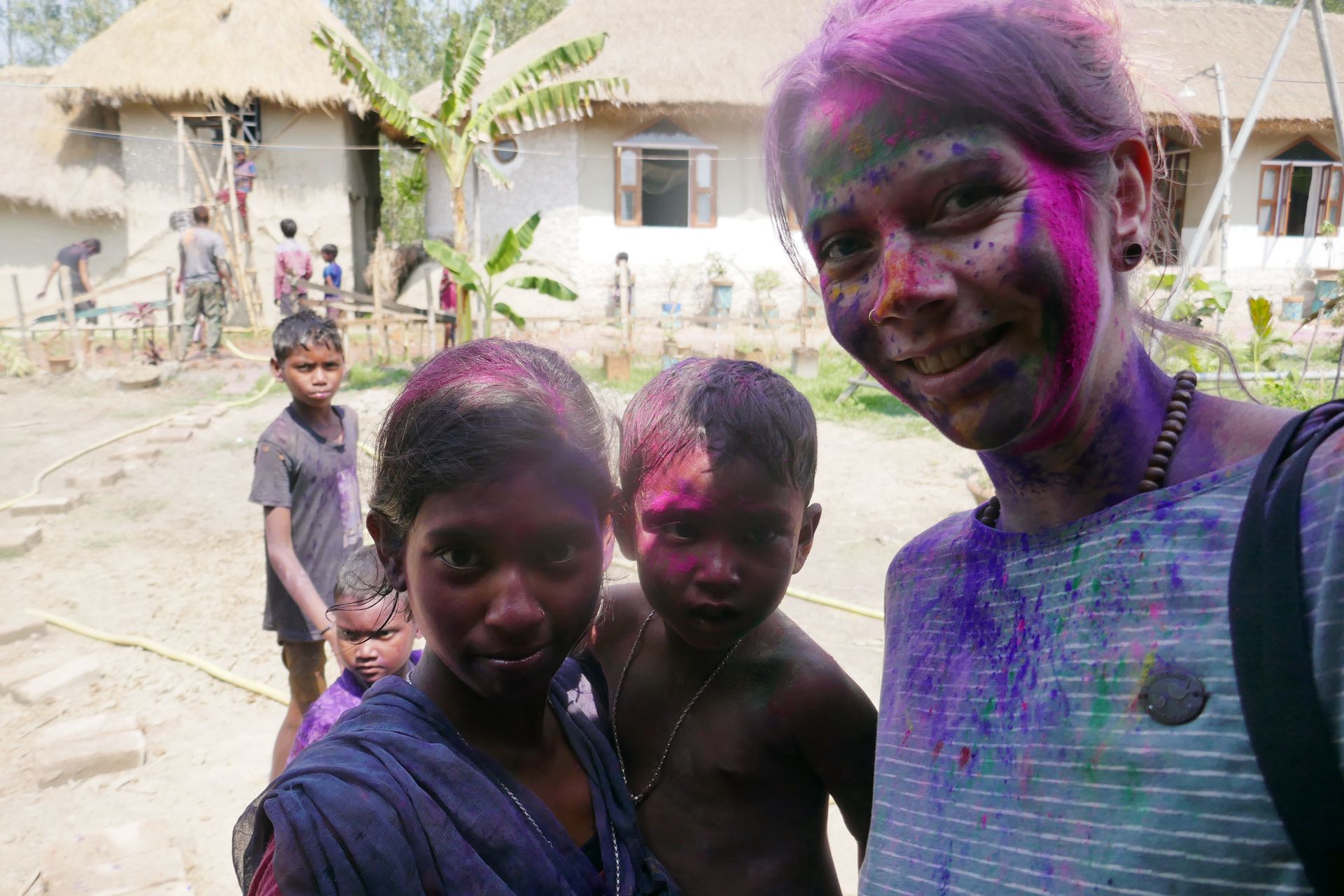
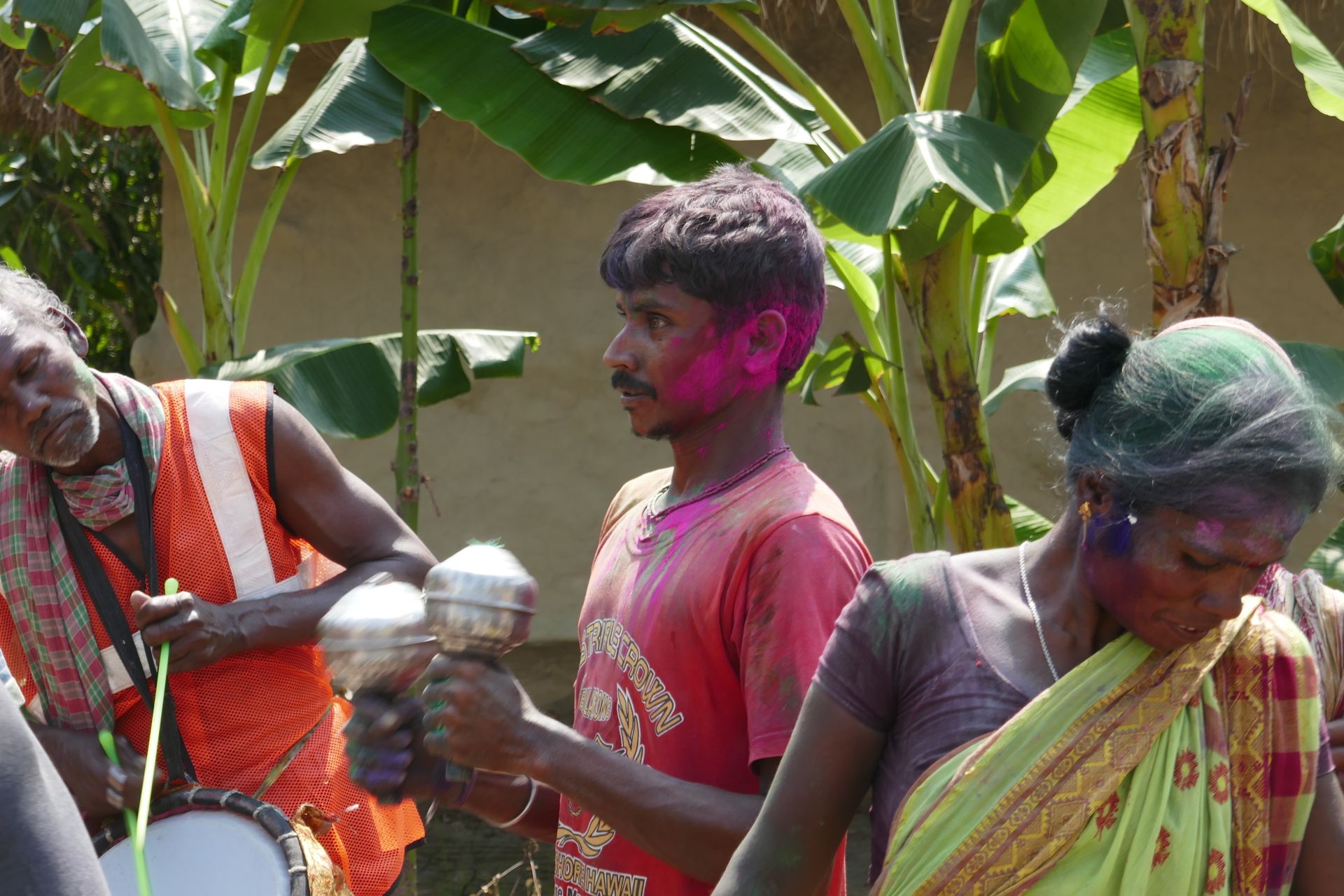
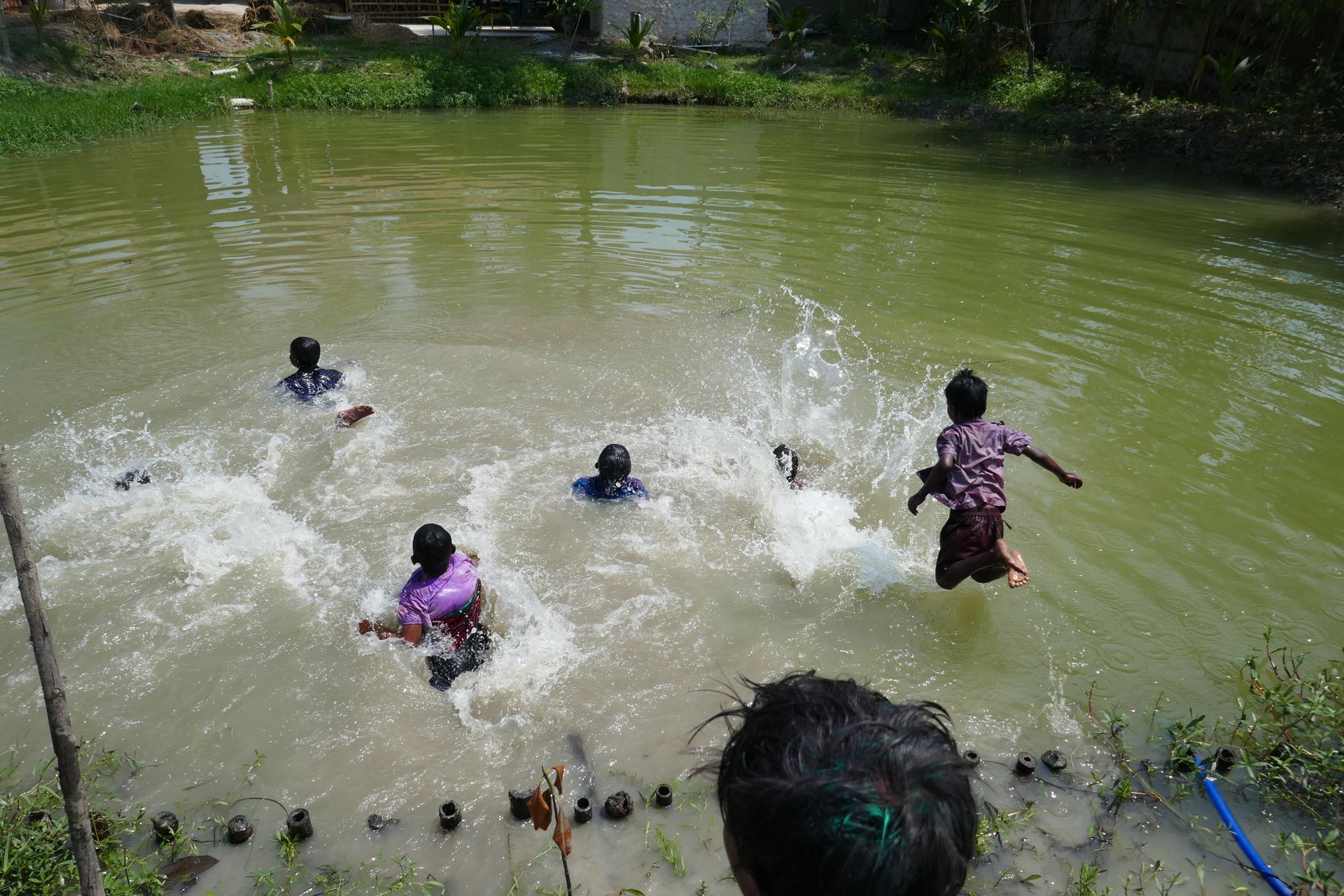
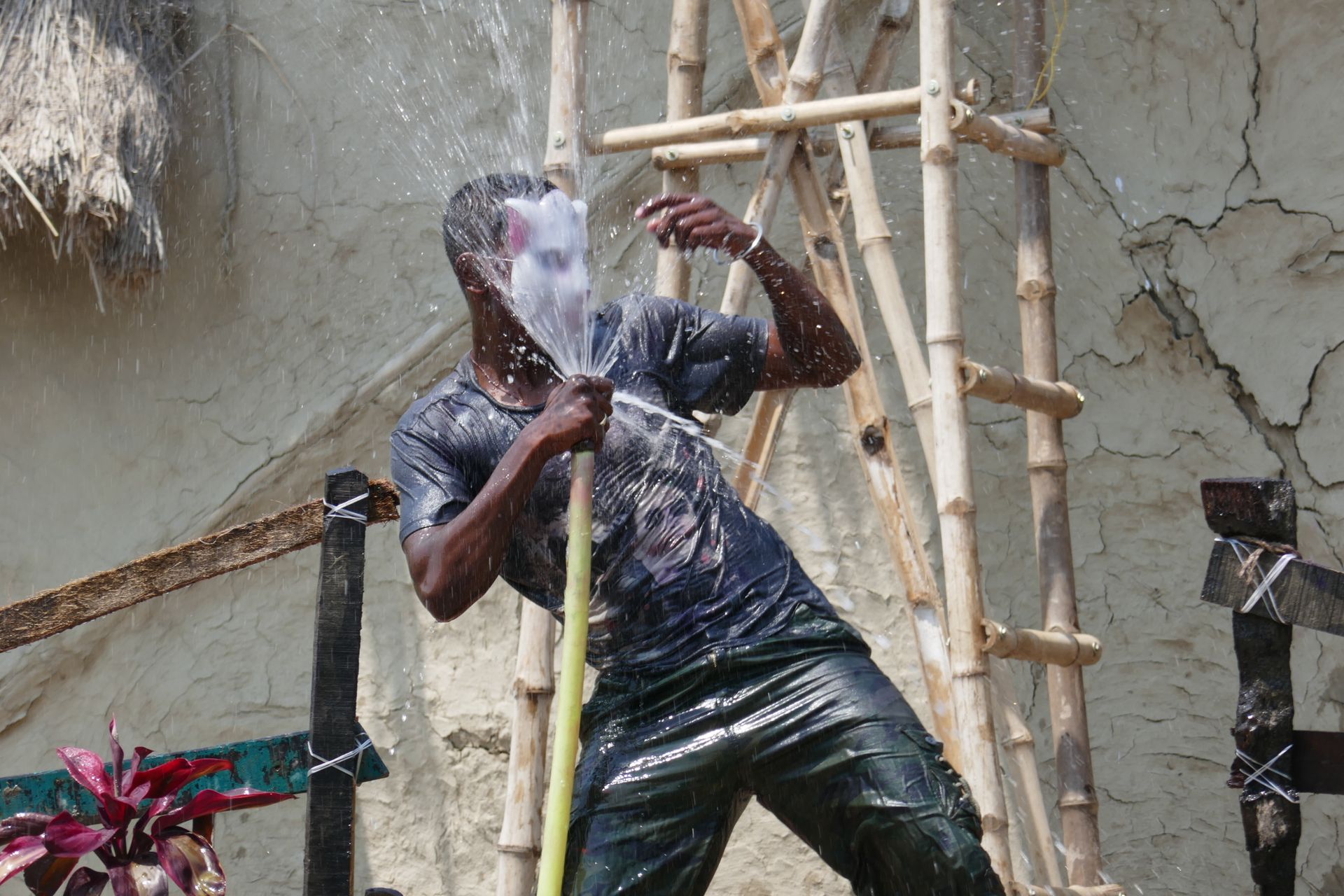
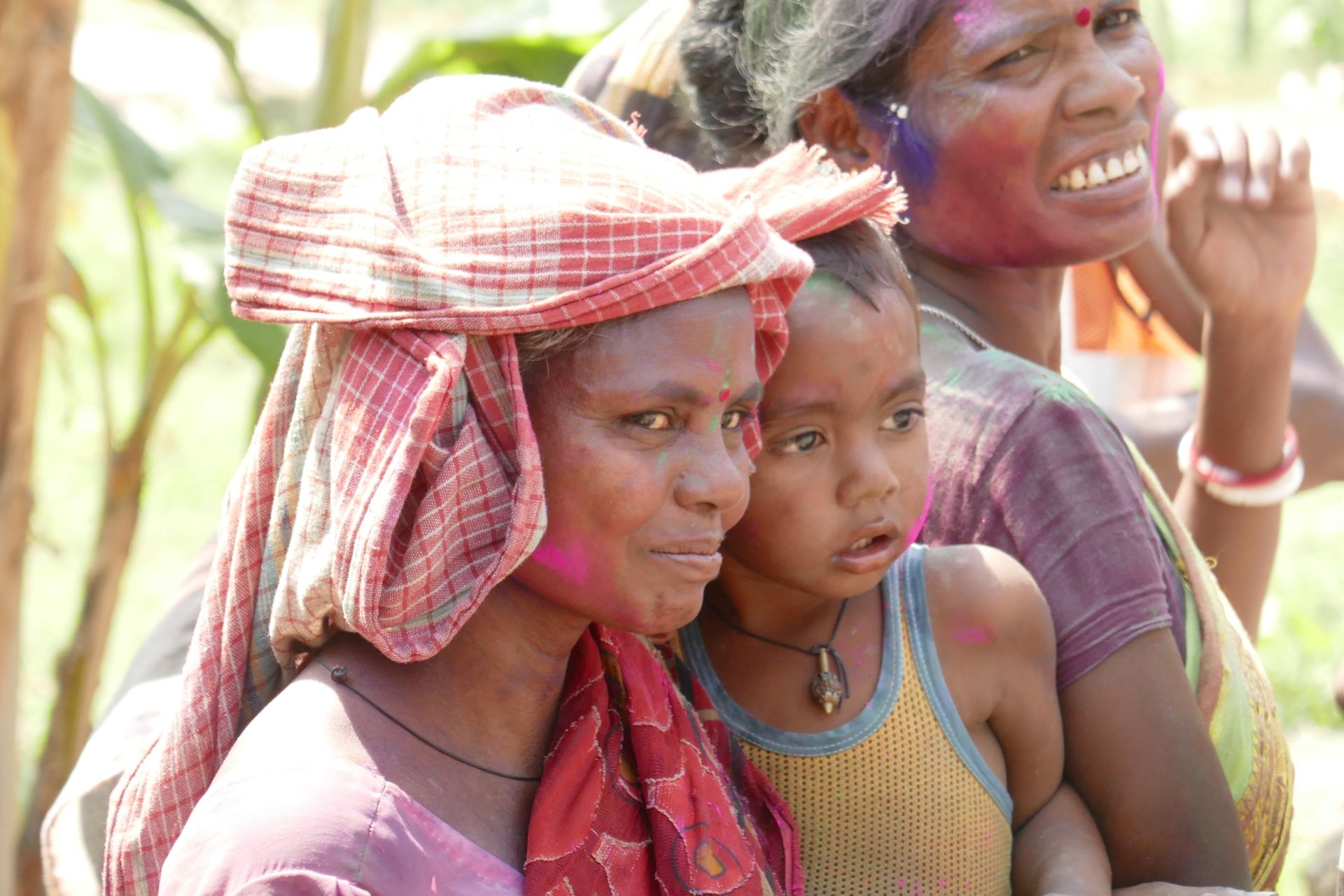
In the early afternoon, when a new group of tourists from Kolkata arrived, the music was suddenly turned off and the party was over. Everyone had had their fun and normal everyday life resumed.

On a sunny morning after Holi, the boss went to Kolkata and we enjoyed an ice cream in peace - it's really too hot to work.
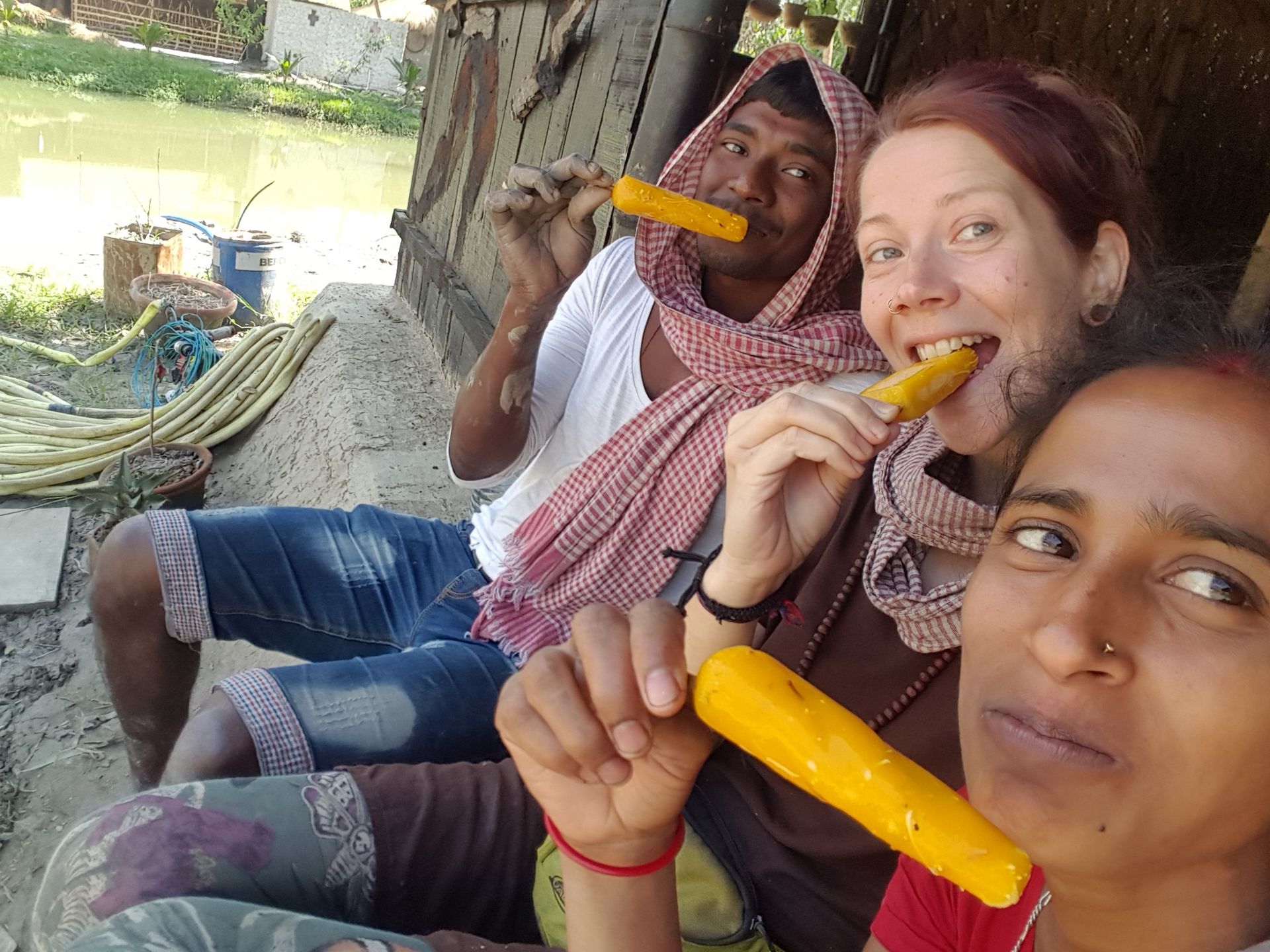
Later, I did a little work after all - weeding - that was my last assignment in the past few days in the Eco Village.
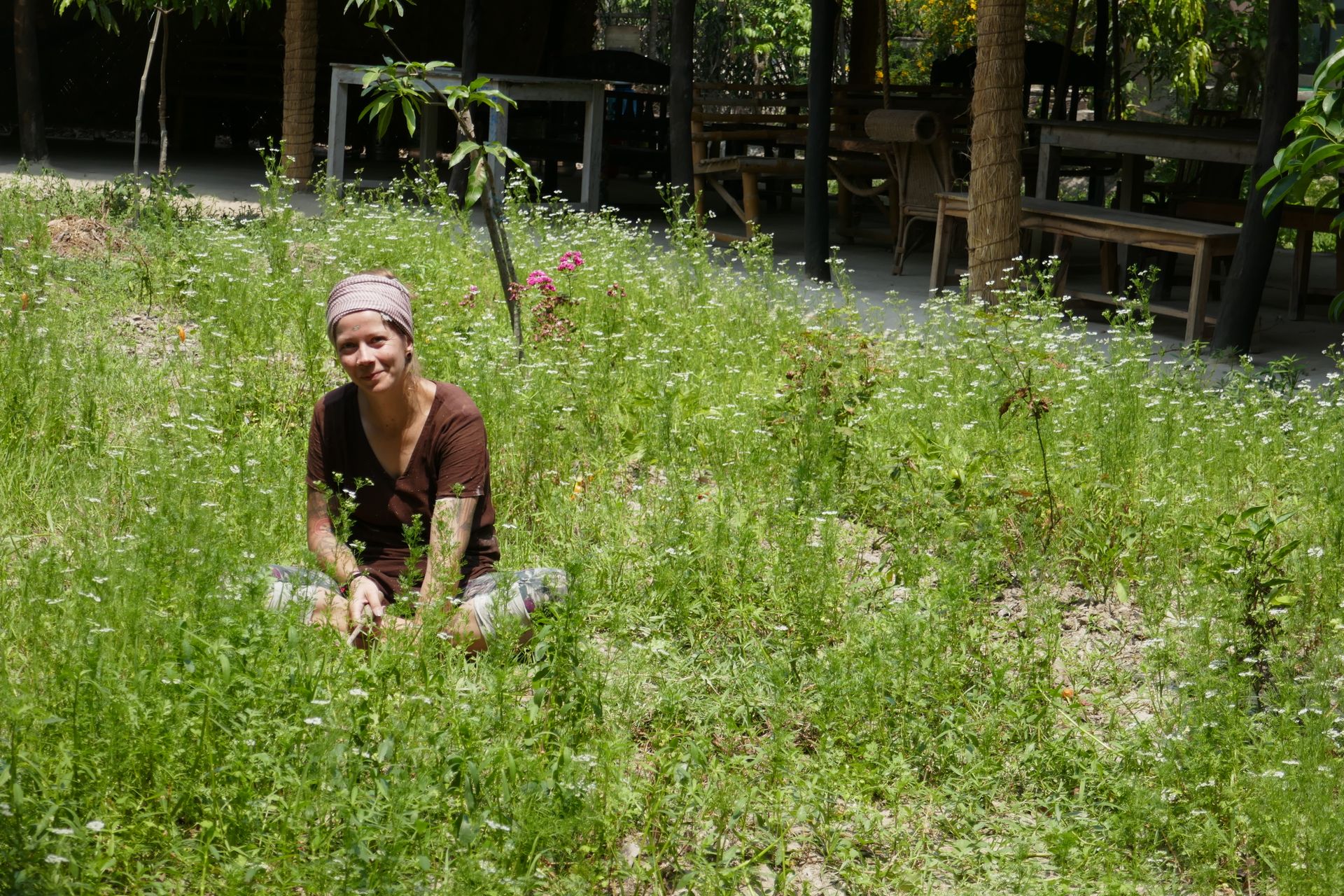
While doing that, I watched the bees enjoying the blooming cilantro. I wonder if these are the bees that come from the Himalayas and produce the honey for which honey collectors in the mangrove jungle repeatedly risk their lives?
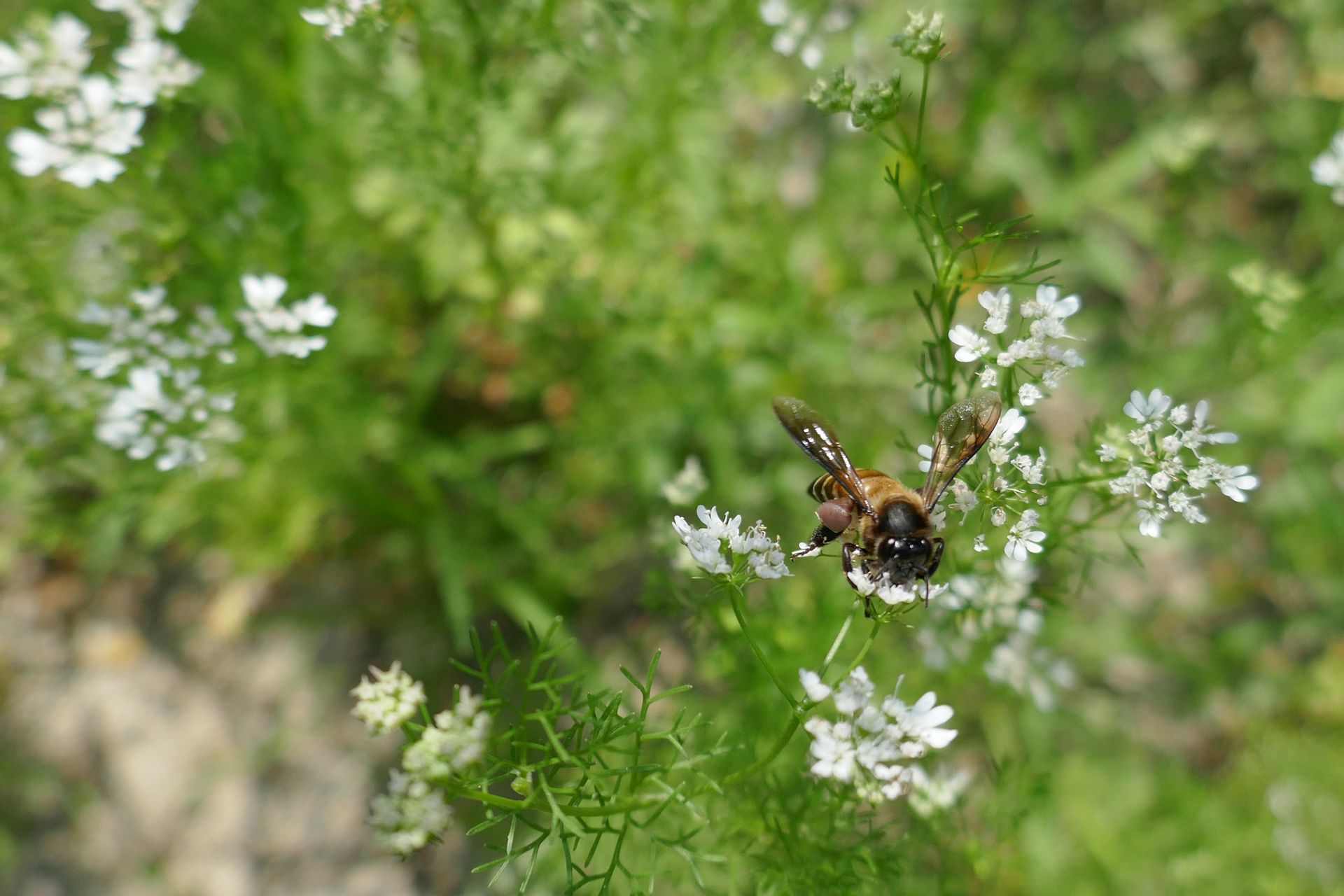
In the past few days, I sometimes had the feeling that I needed a break from life in the Eco Village. The longer I was there, the more I felt like I really belonged. On the one hand, that was very nice, but I also increasingly felt what it is like to live there as a worker. On some days, the rather rough way of speaking that I had actually long since become accustomed to and which I had also adopted, suddenly bothered me. Sometimes I didn't want to accept that women would serve men first and then eat what's left themselves. Sometimes it annoyed me that I was constantly asked for help and had to interrupt my own work or leisure time for it. Yes, especially the need for some time alone, has been showing up more frequently in the past few weeks than before, and anything that stood in the way of that, my ego saw as a challenge and fought back in various ways. Now in retrospect, I wonder if this might have been partly a trick of my mind to make the farewell a bit easier for me. Maybe a mixture of everything. But the farewell was not easy even without that. Not for me and not for everyone in the village.
Before I actually set off for Kolkata, I still had enough time to take an extensive bike tour of the island with Manjit and a friendly visitor from Australia. I had never done this before, and it was the best way to say goodbye to the Sundarbans and not let my negative thoughts, which had occasionally plagued me in the past weeks, take center stage.
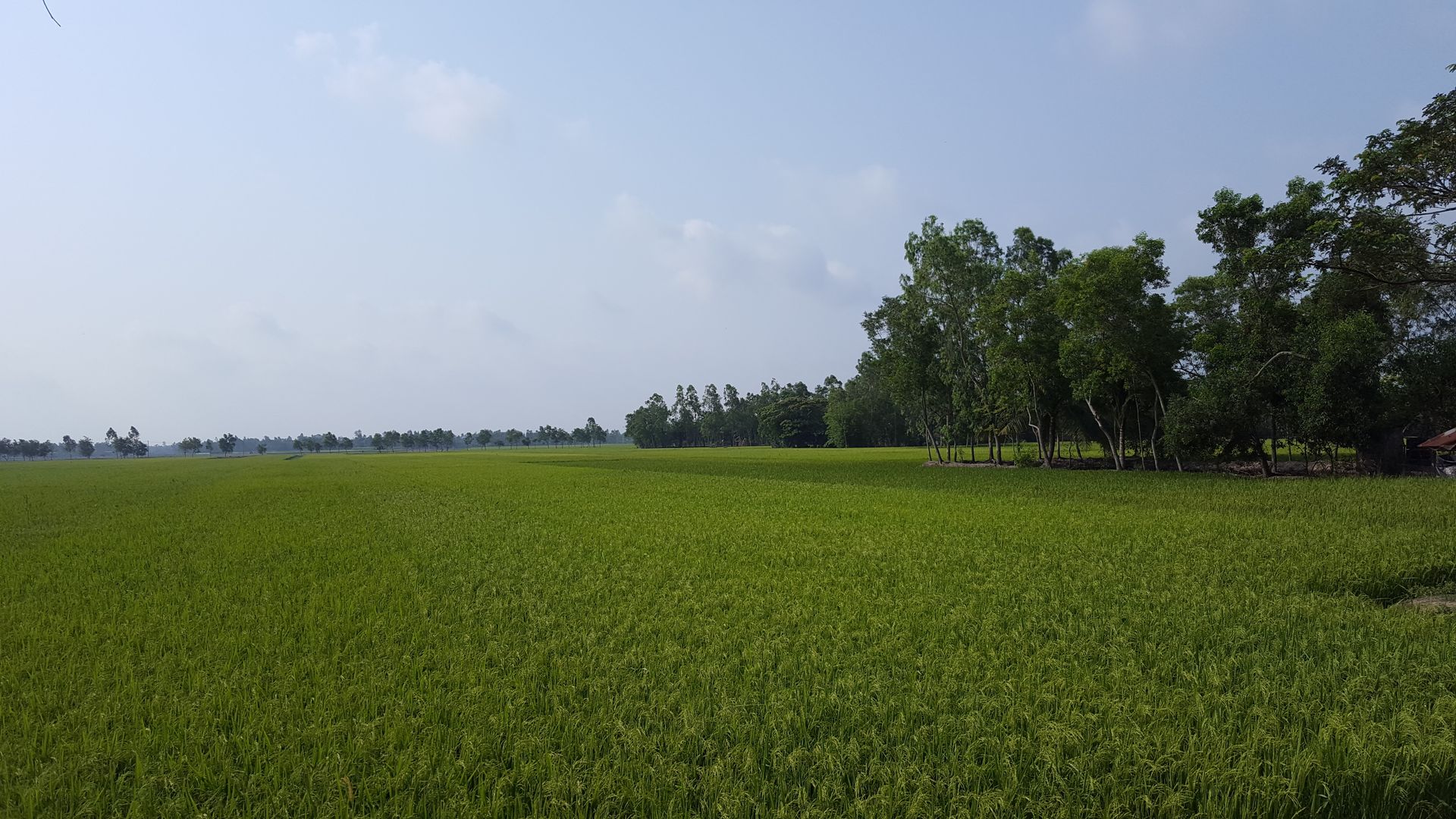
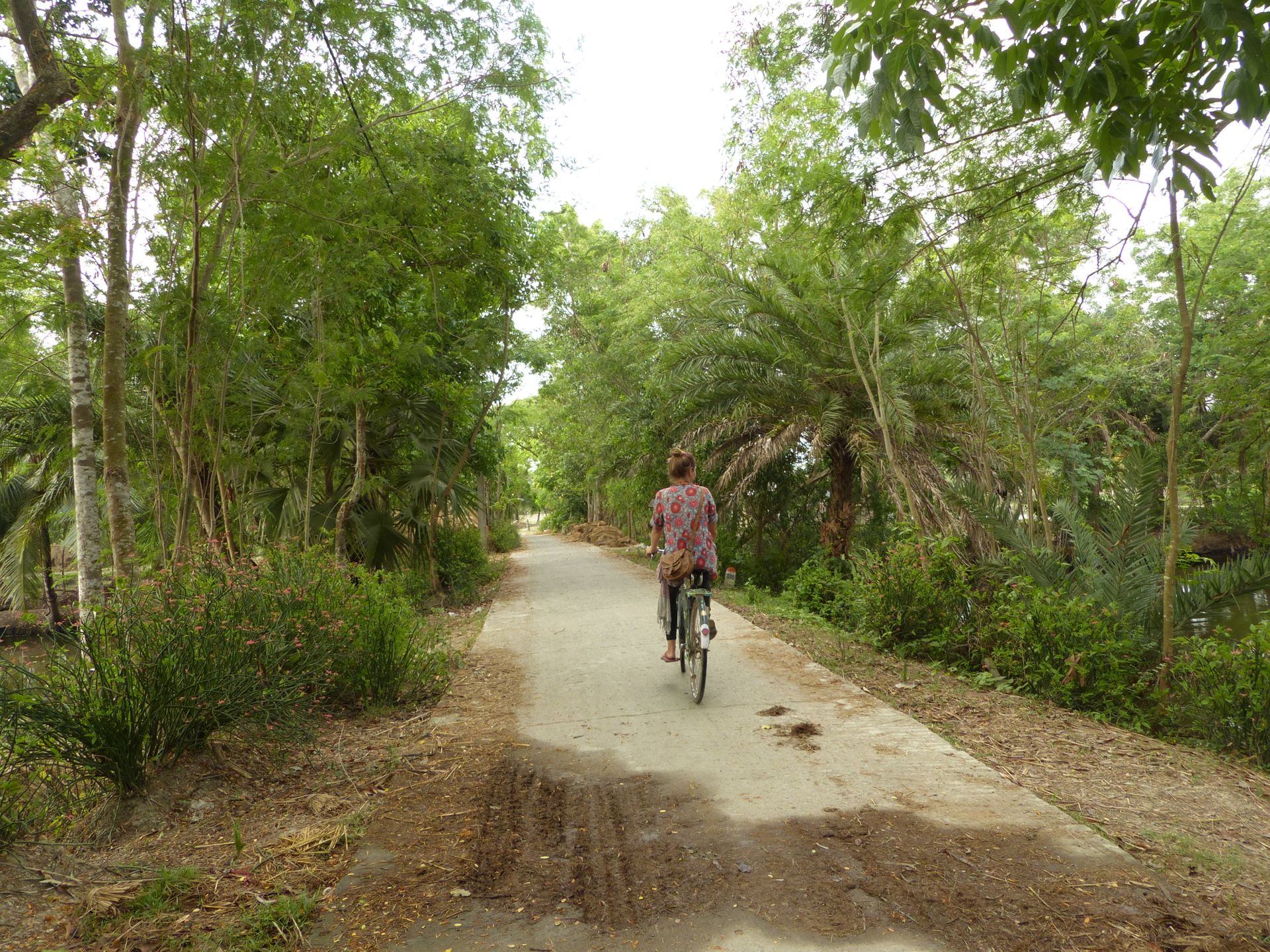
Back in the village, there was one last breakfast. I wasn't allowed to serve myself anymore. All the women had good advice and, above all, the wish: 'Come back soon and then marry a nice man here and have a child!' Well, we'll see... But I am absolutely sure that I will come back here sooner or later. I felt a special connection to this place even during my first visit, which only lasted a few days, and that connection is still there. After breakfast, everyone goes back to work. I still have time until my boat leaves, so I have some more plastic bottles filled with honey and say goodbye to Rajesh, who says, 'You're coming back anyway.' Farewells in India, at least in my experience, are rather short and painless. And it's the same with most people here. Only Tumpa gives me a longer hug. And then I find Shonda, amar bondhu, my friend, who starts crying immediately when I hug her tightly goodbye and doesn't stop until 15 minutes later when I'm sitting in the boat. My tears only start when I see the island and the Eco Village getting smaller and smaller from the boat. And then Oshit, a very friendly boatman, puts his arm around my shoulder and says, 'Sister, all is good. Come back soon!'
The farewell from the Sundarbans didn't mean my farewell from India yet. That was my only consolation at that moment. I still had four weeks left. And I will tell you about what I experienced during that time here soon.
Ба бюллетен обуна шавед
Ҷавоб
